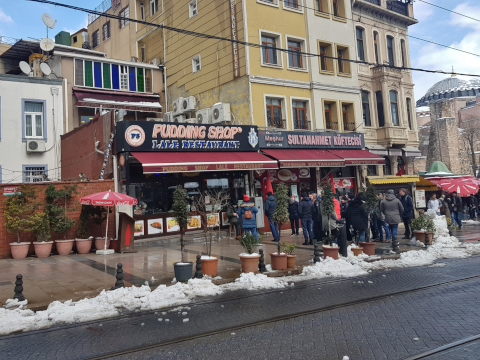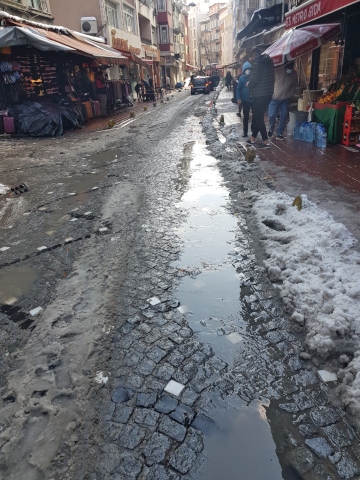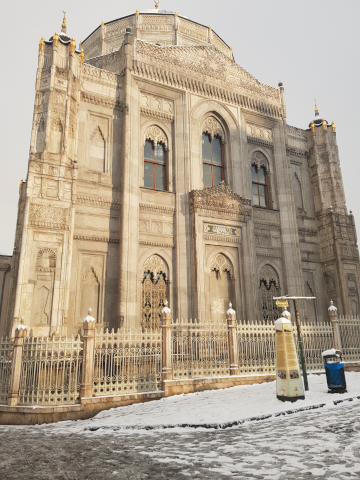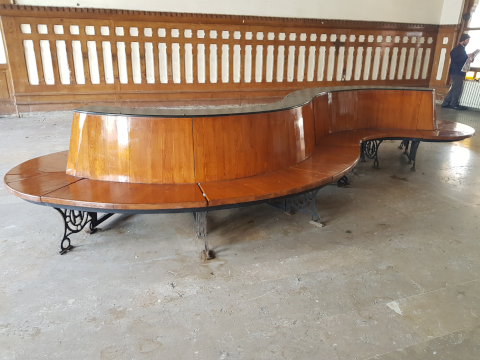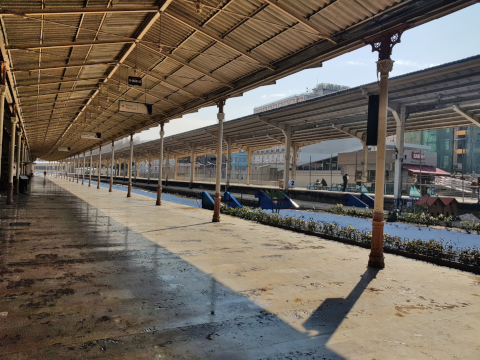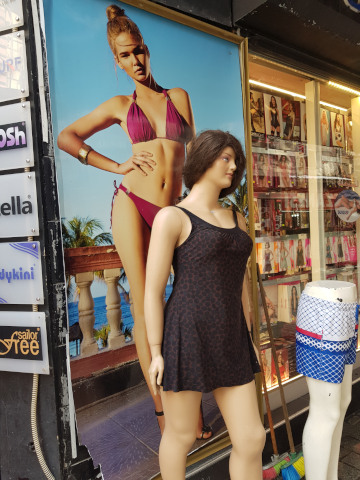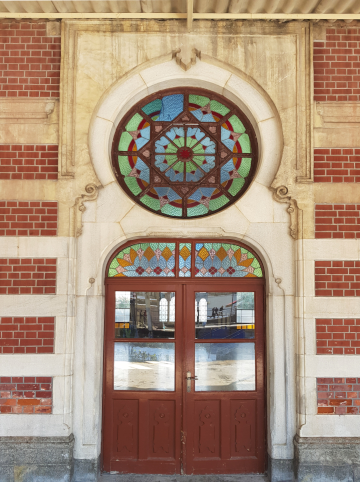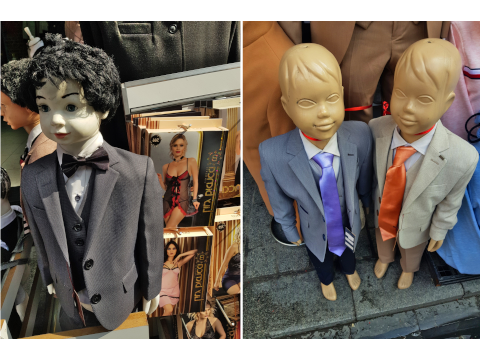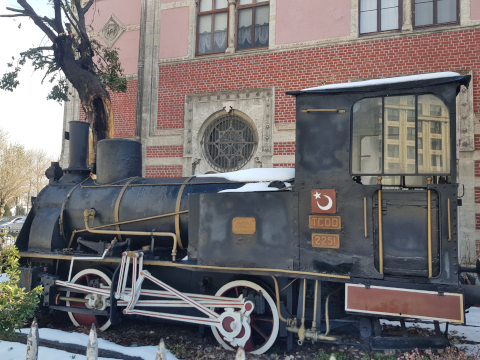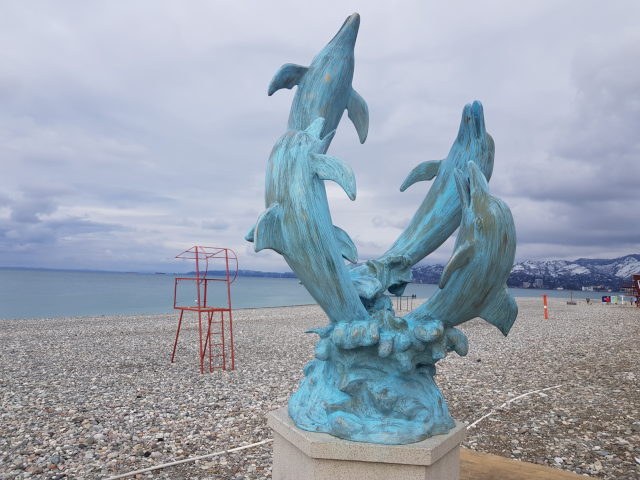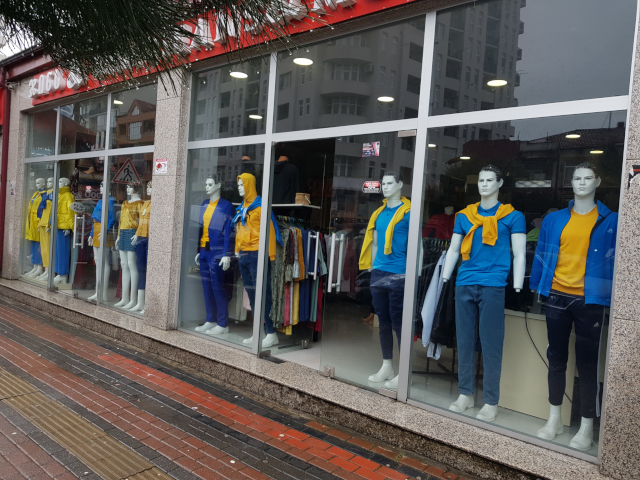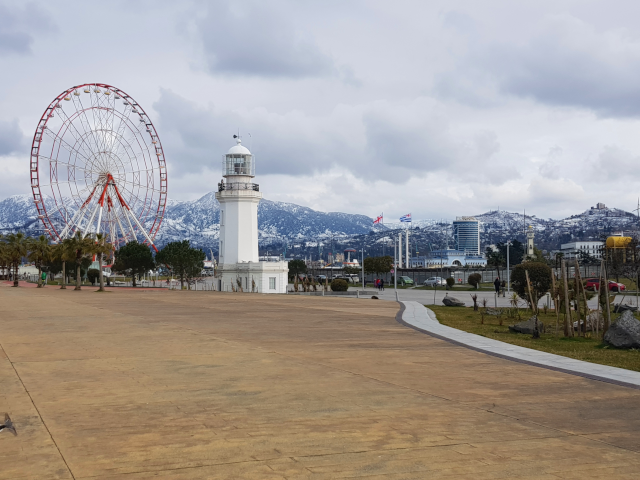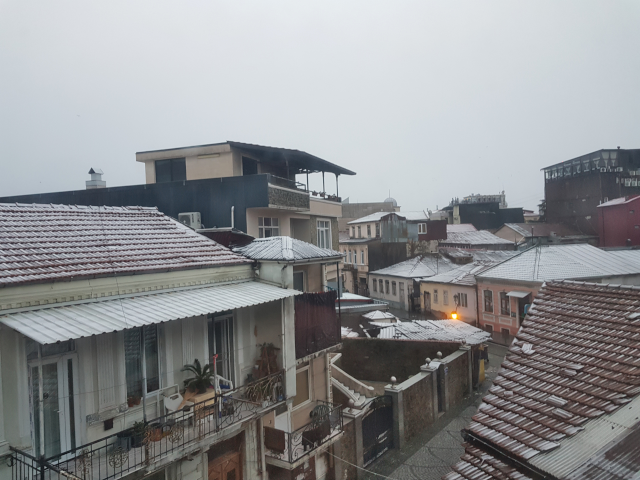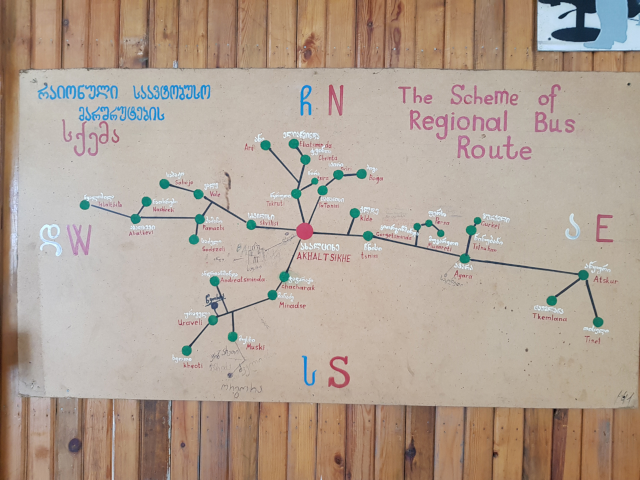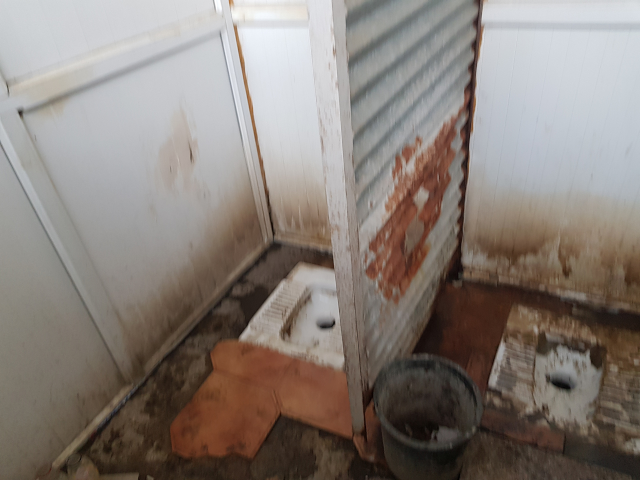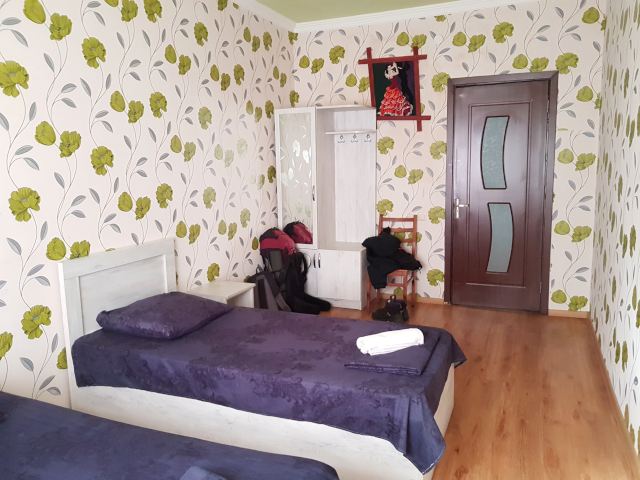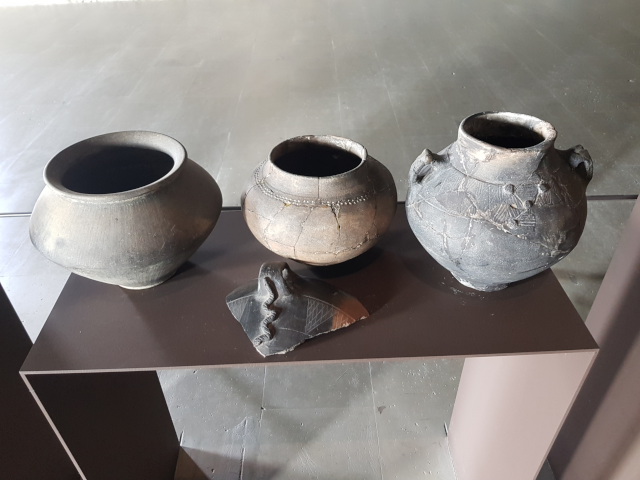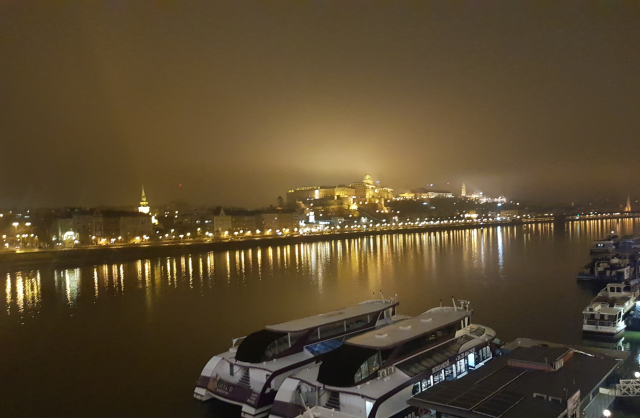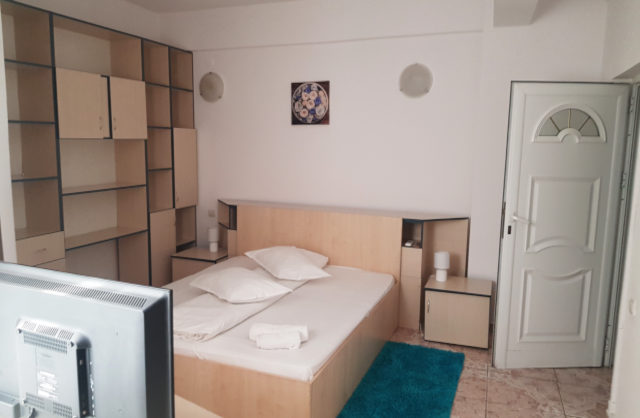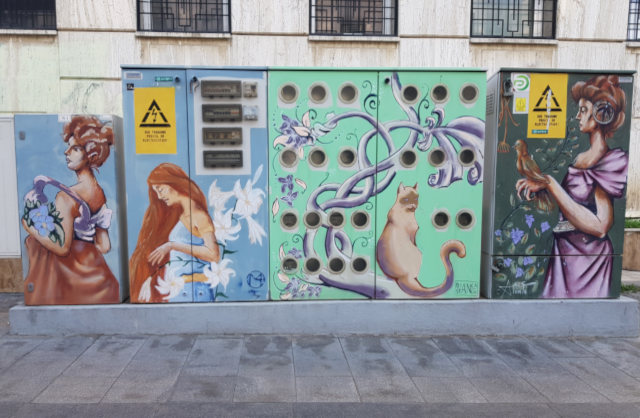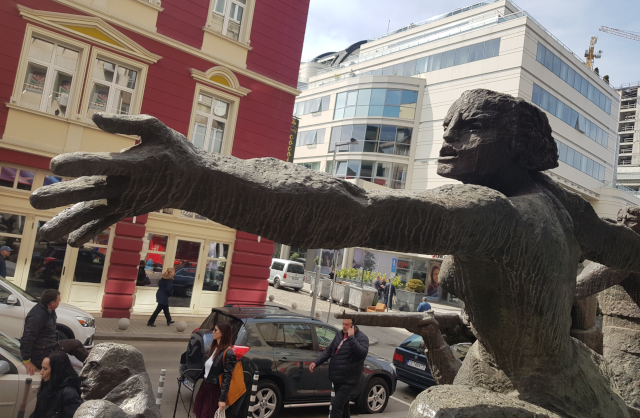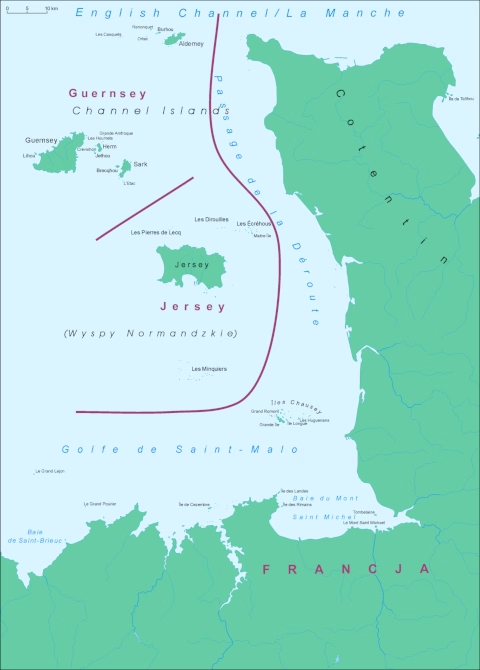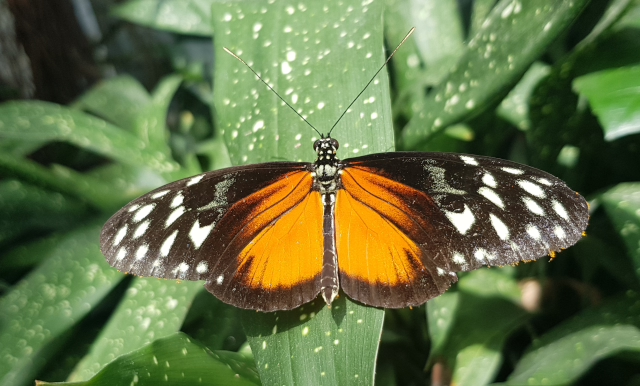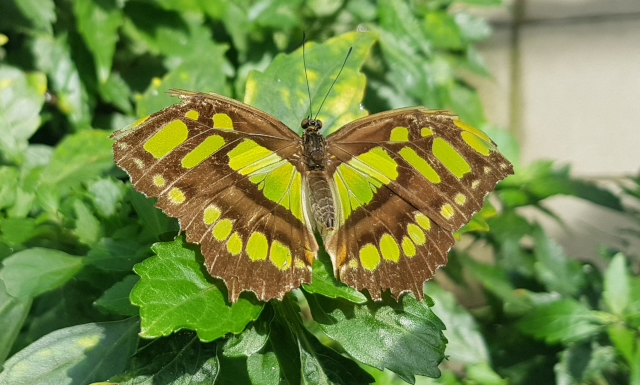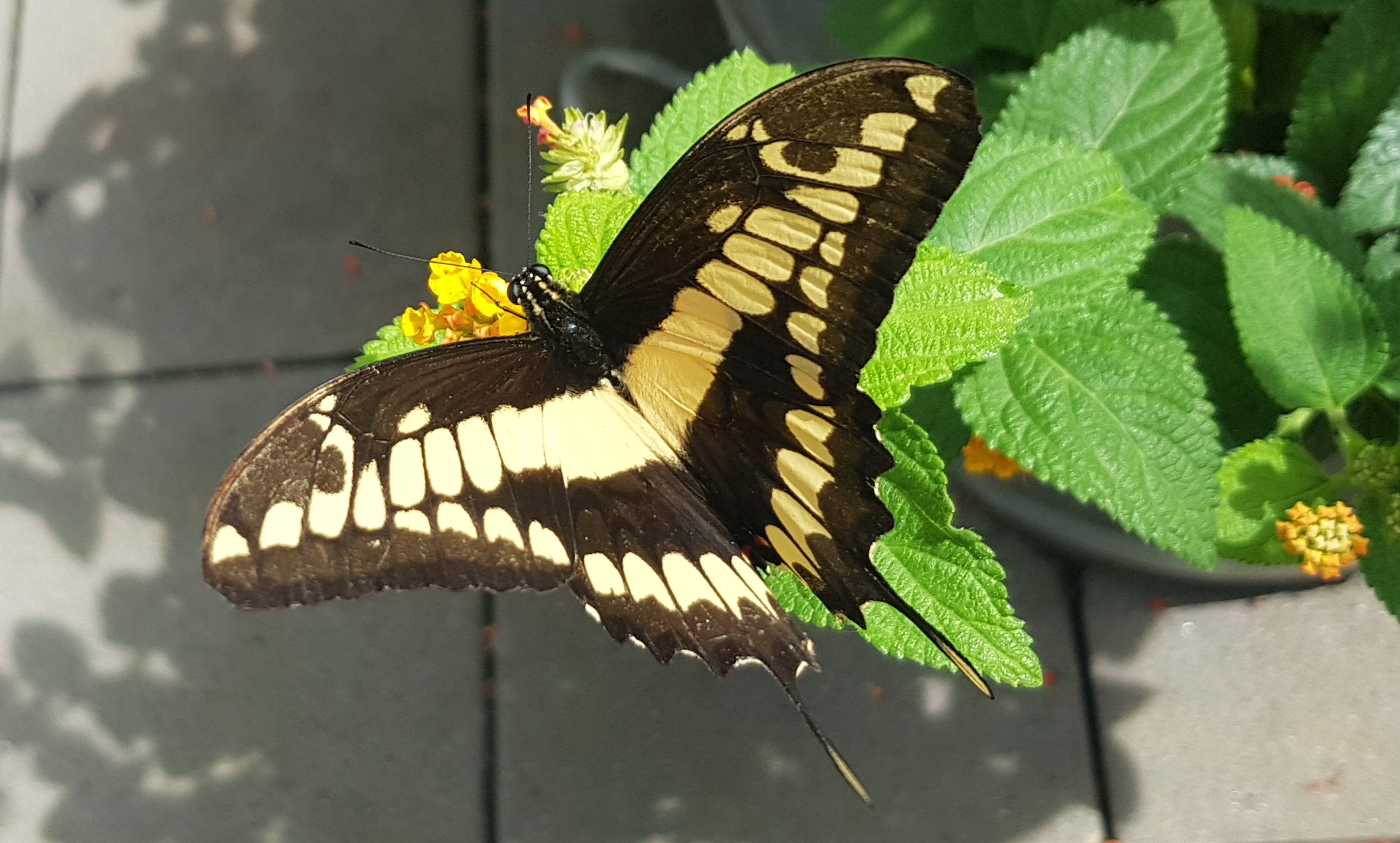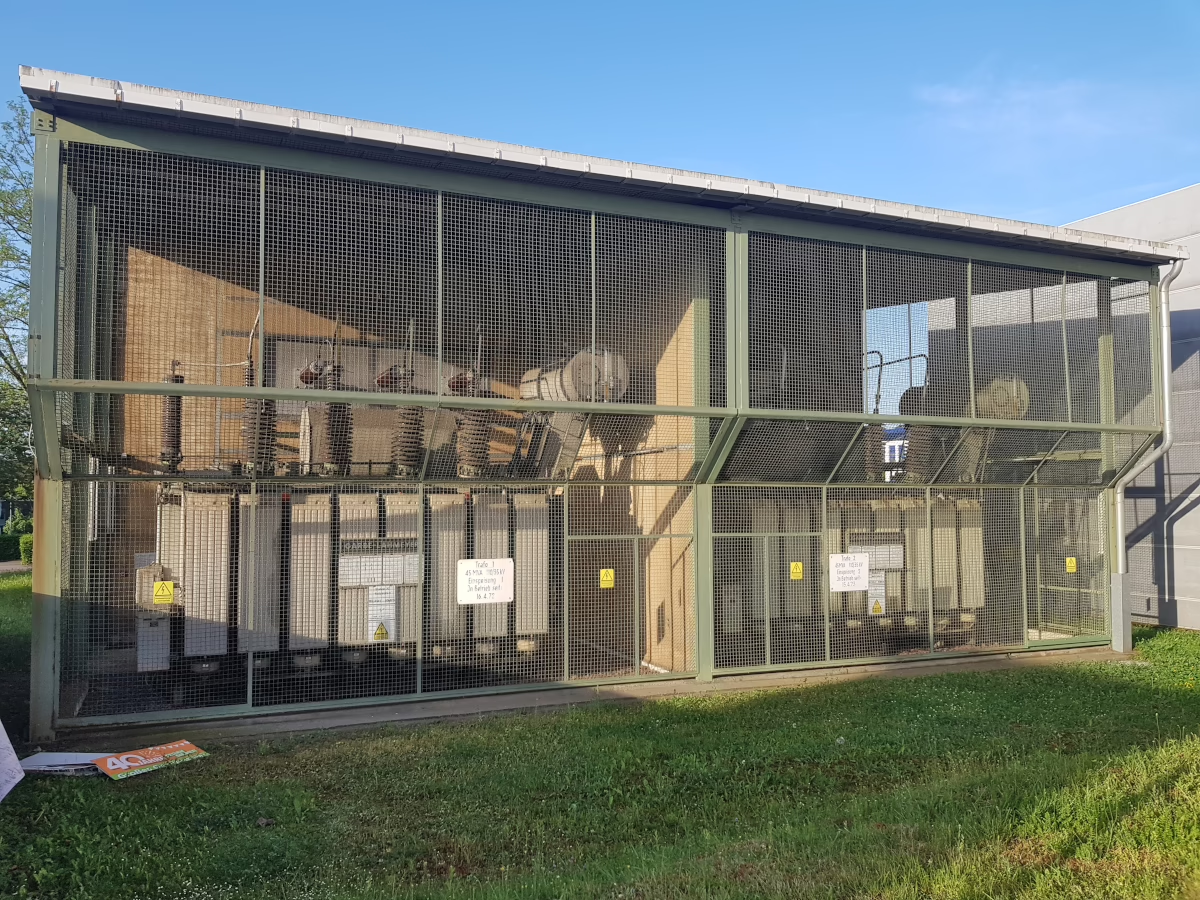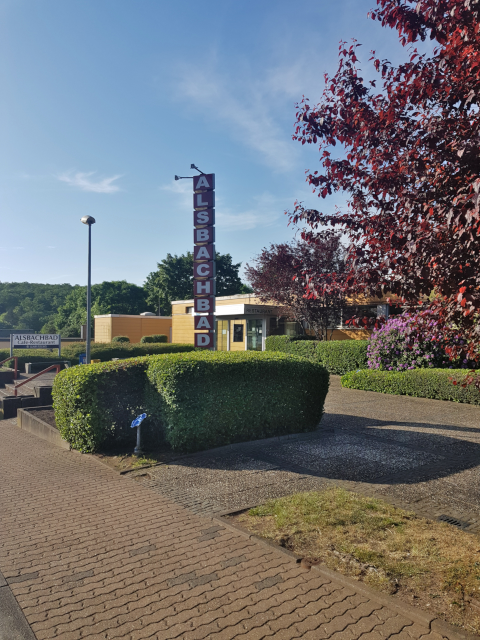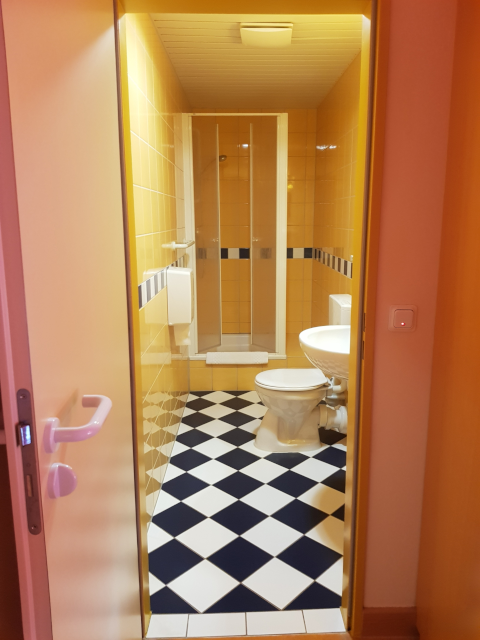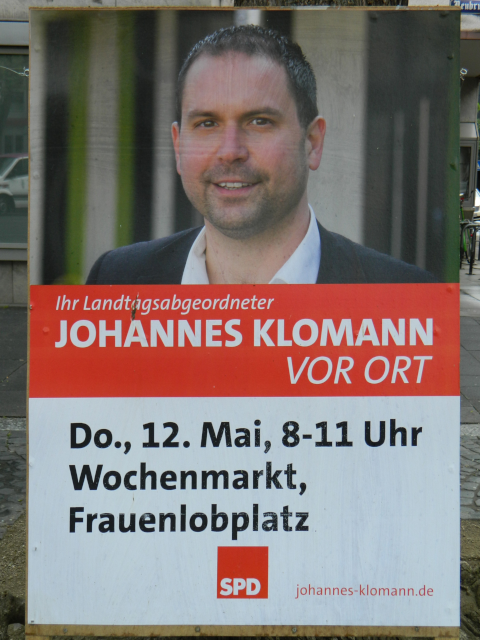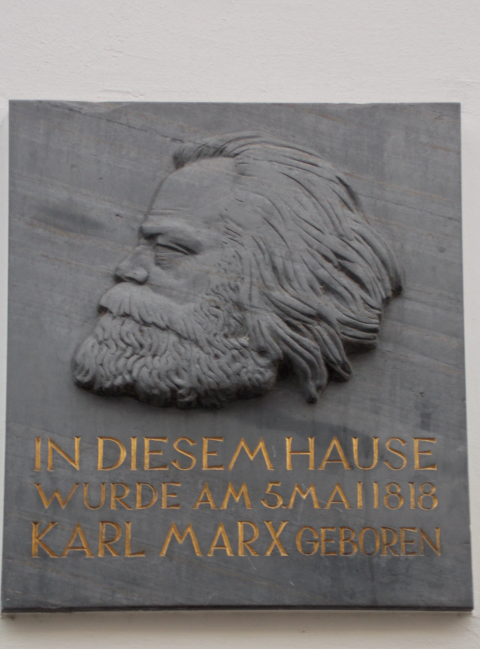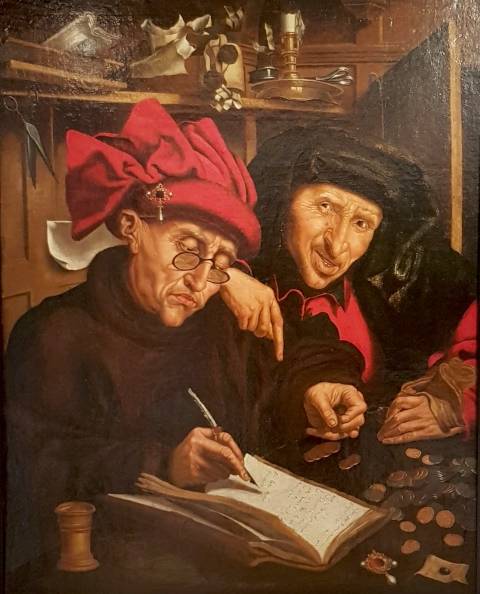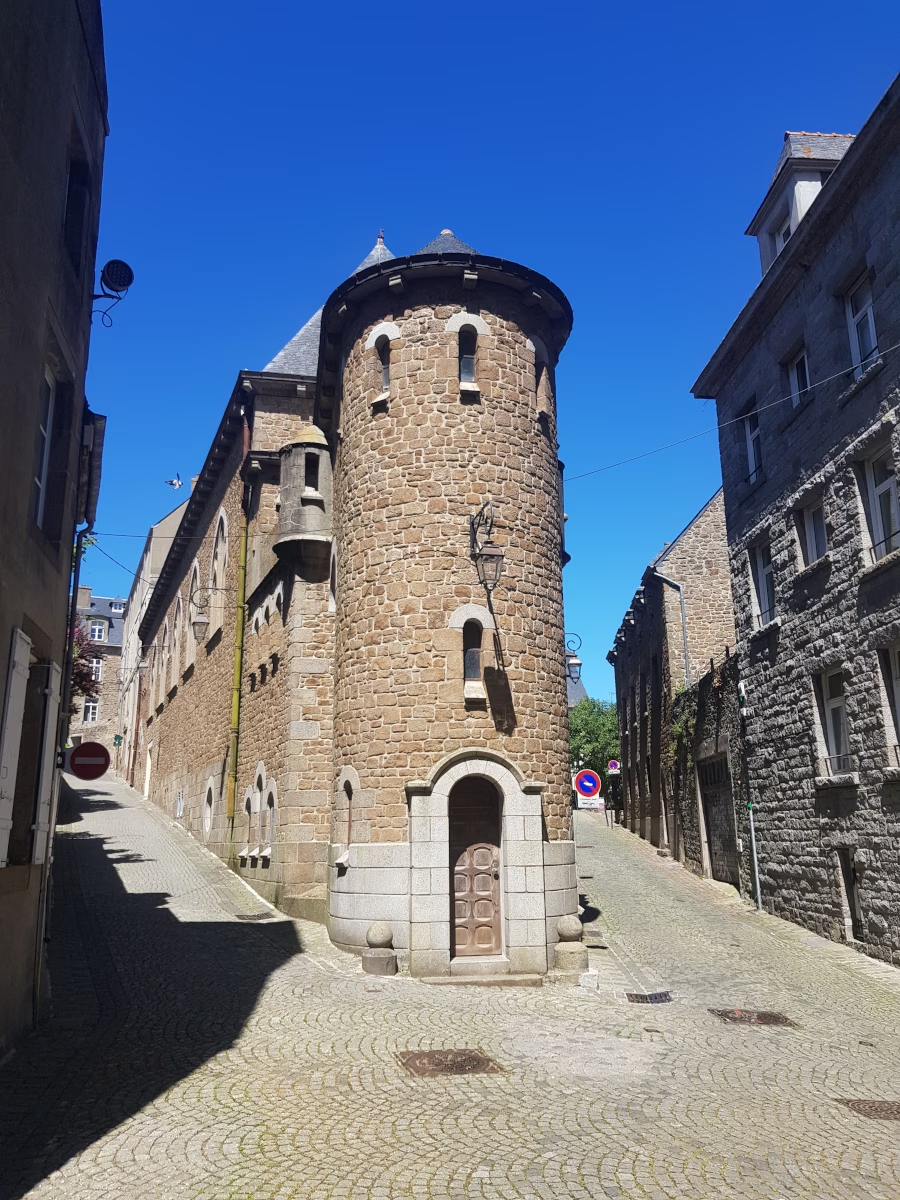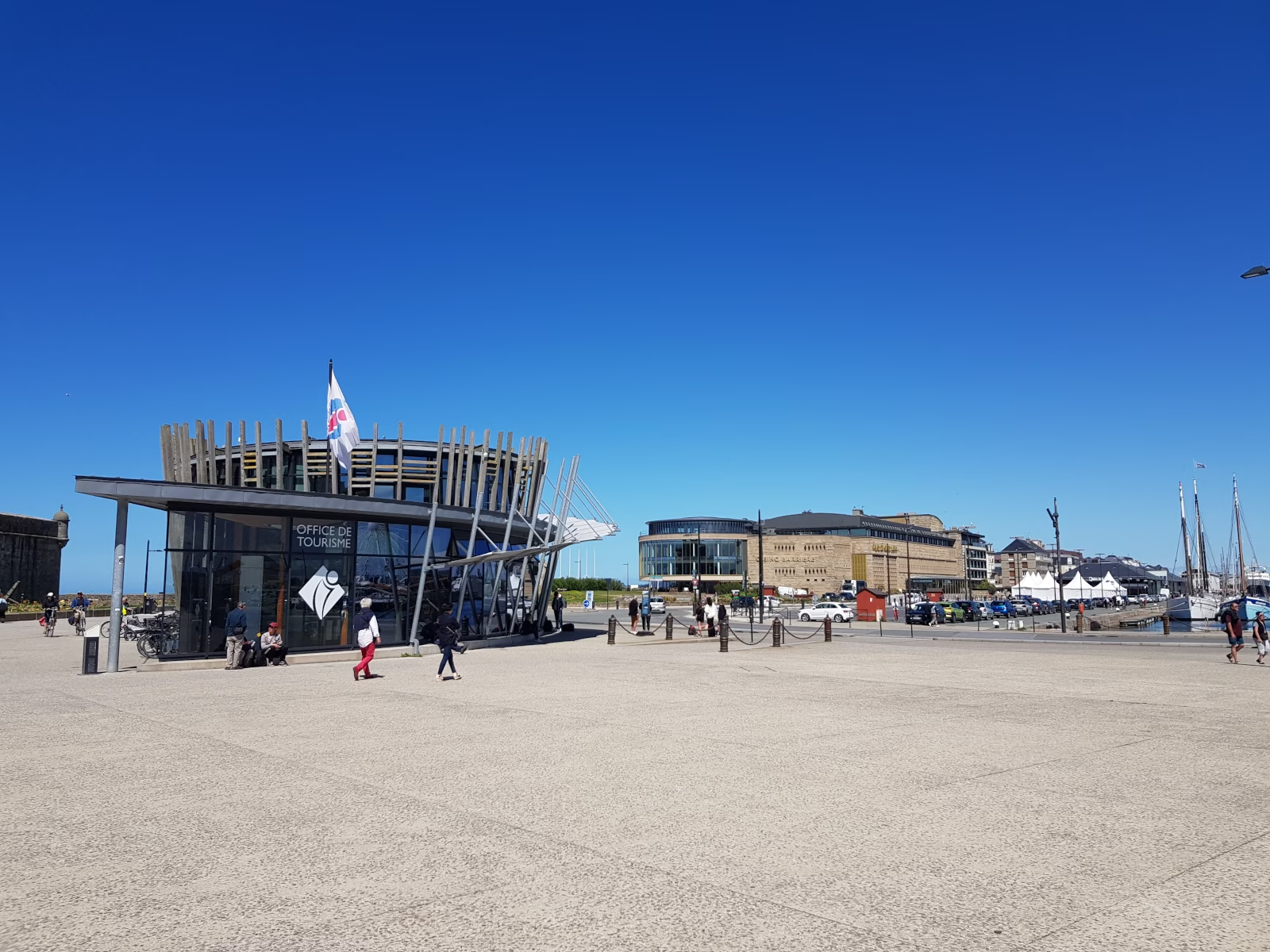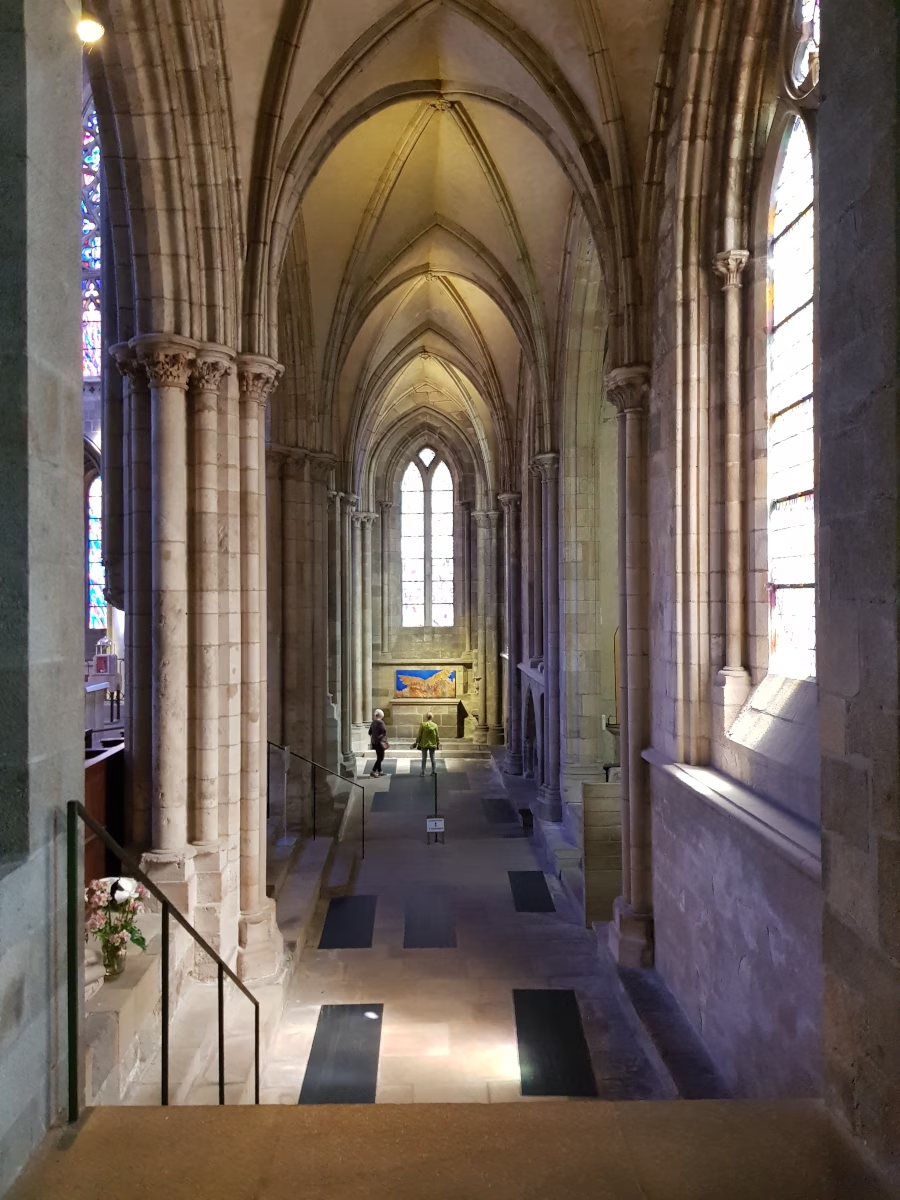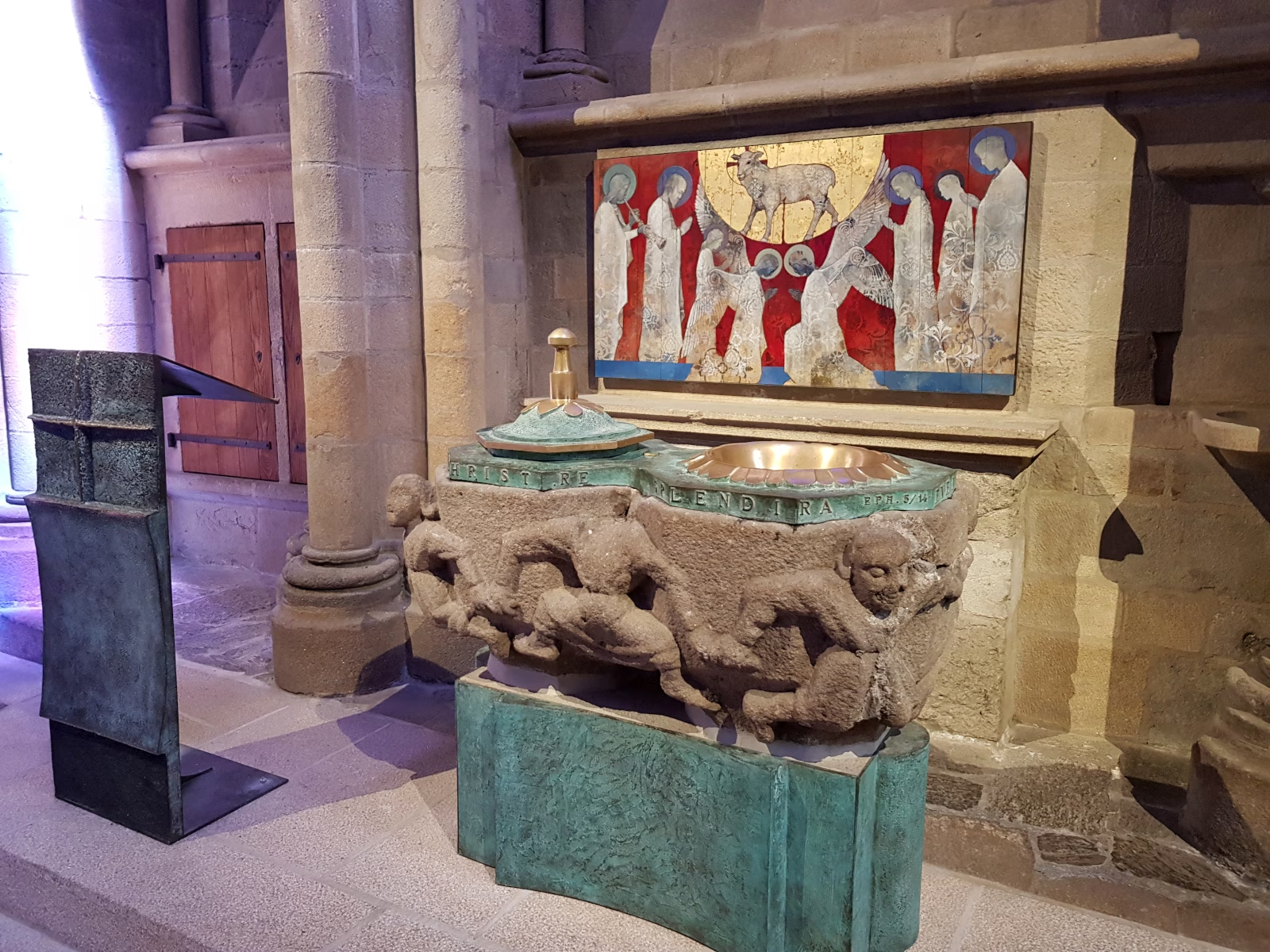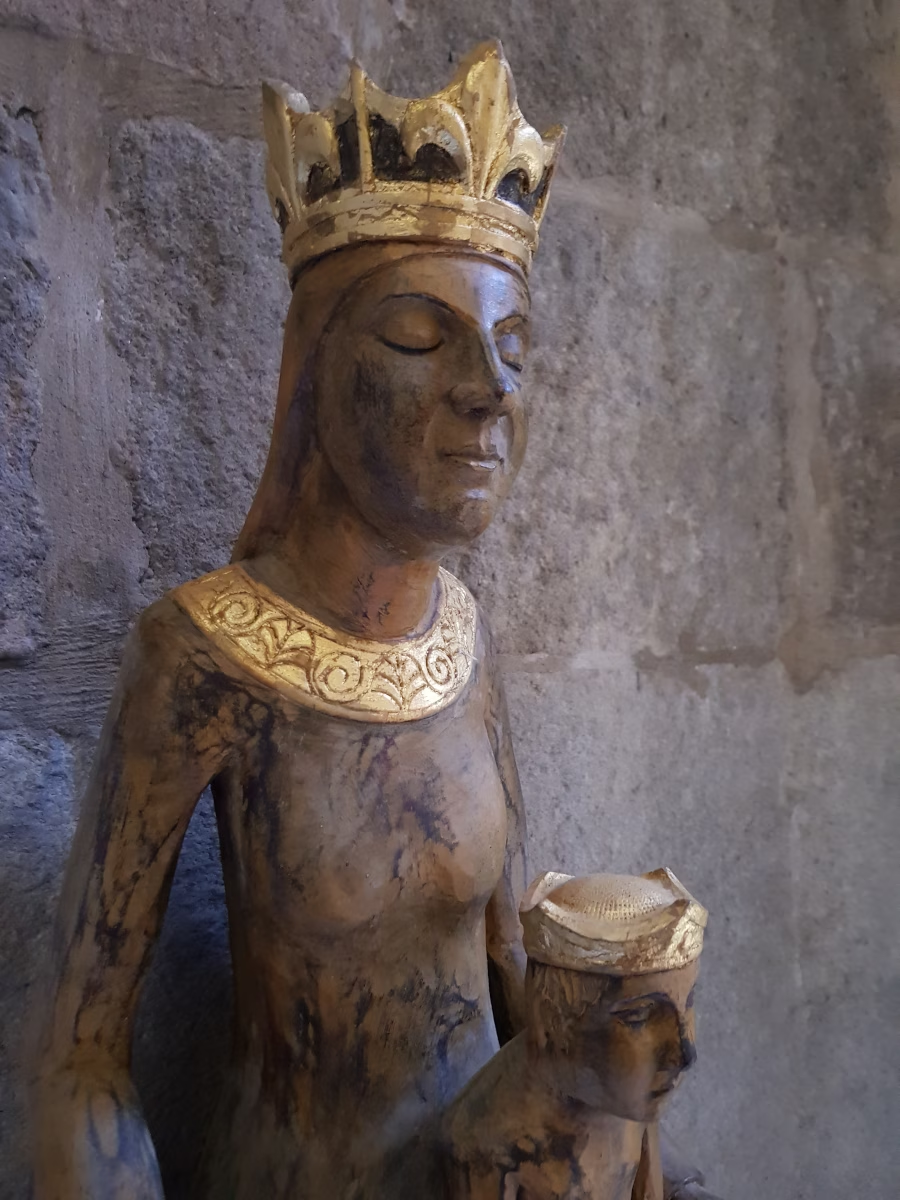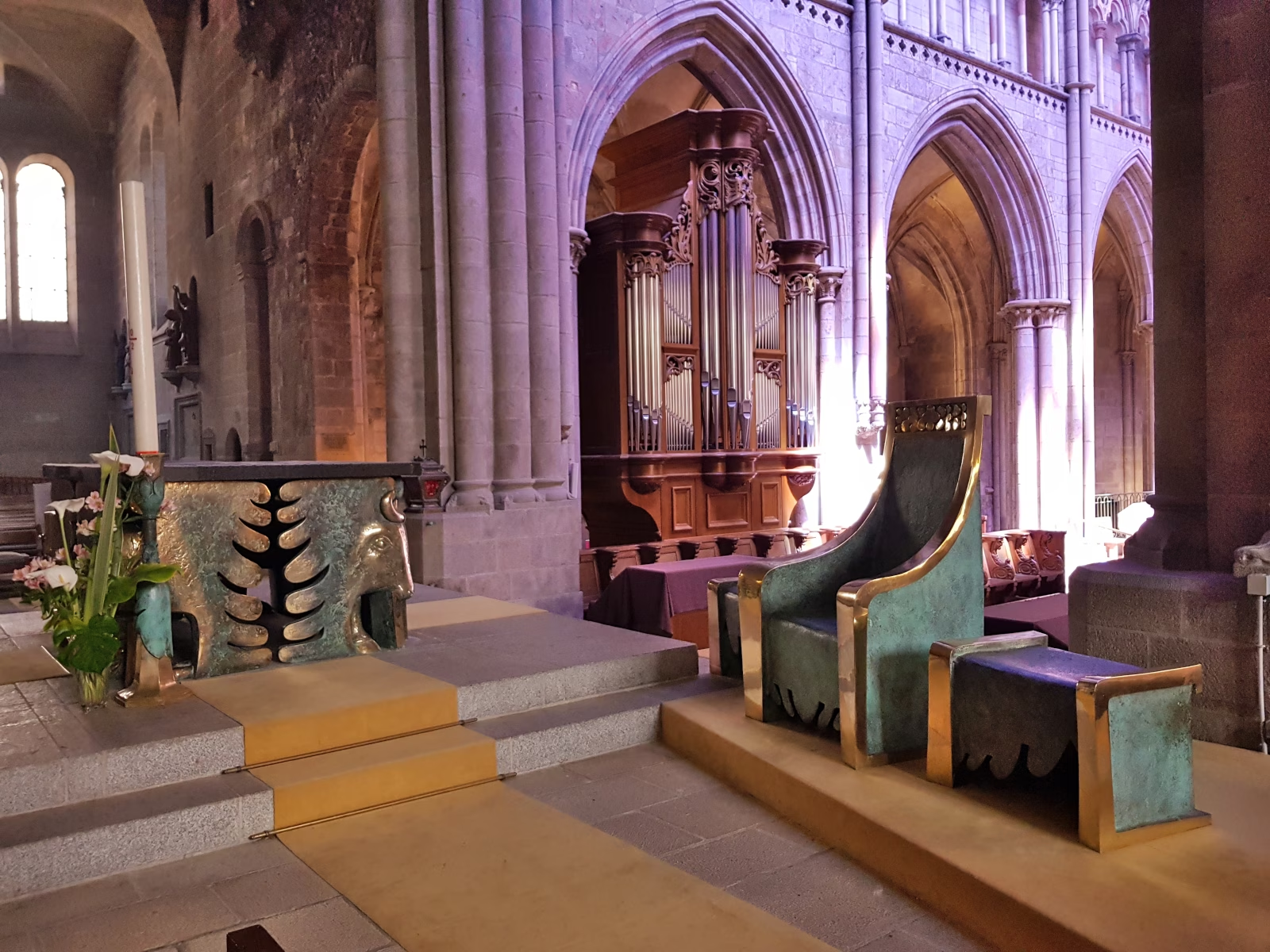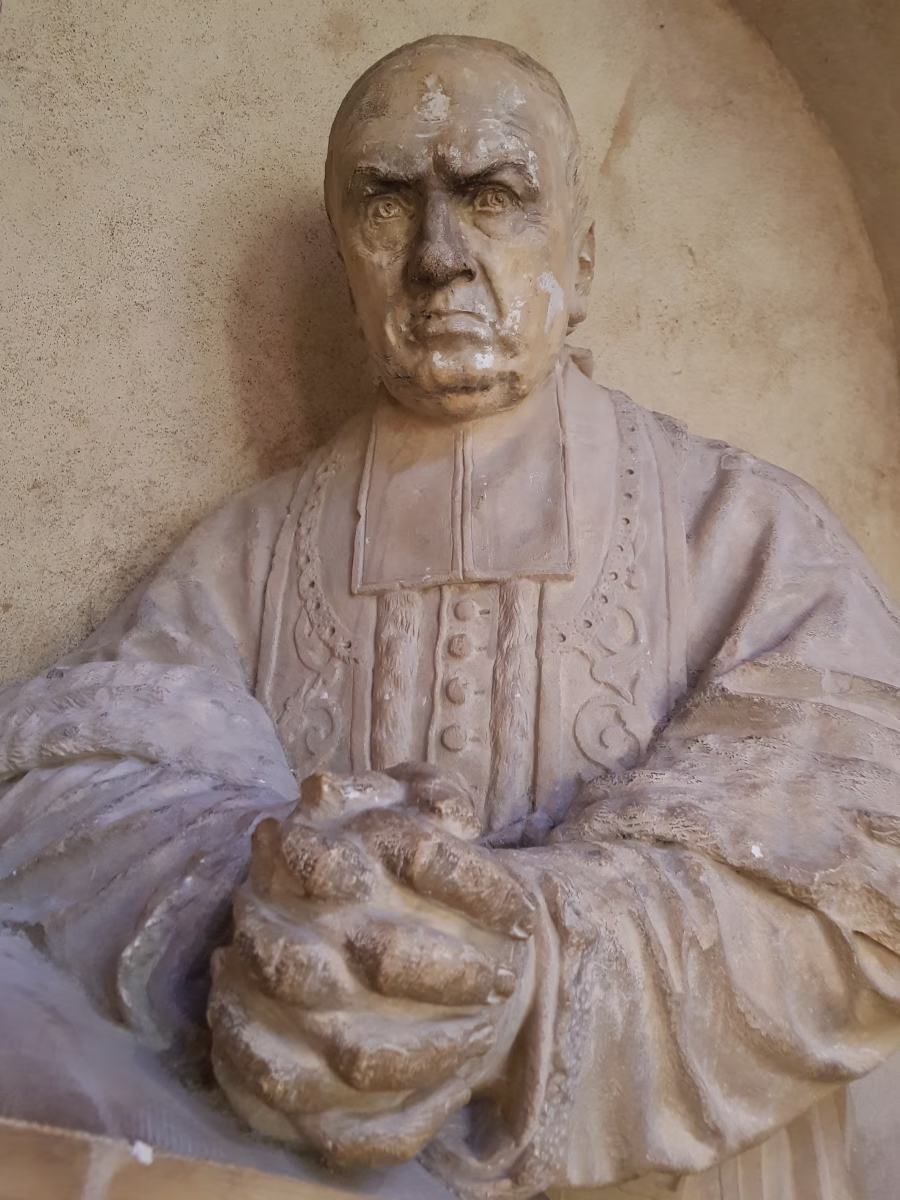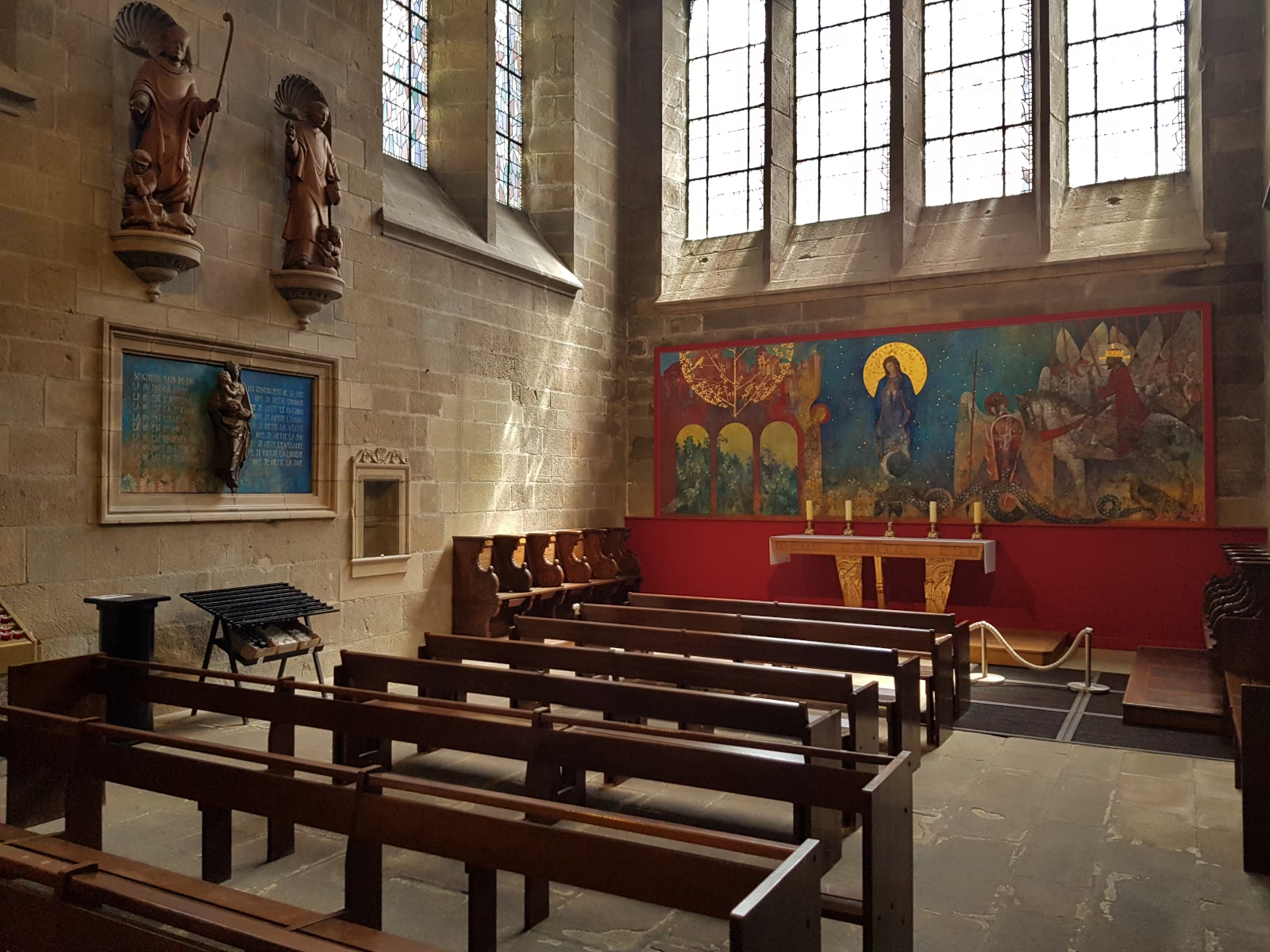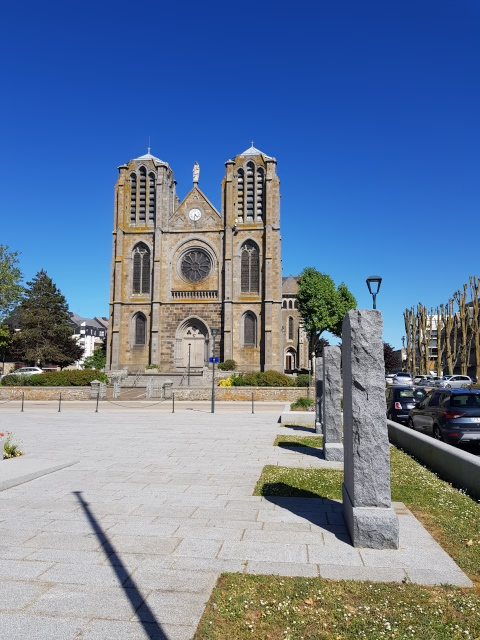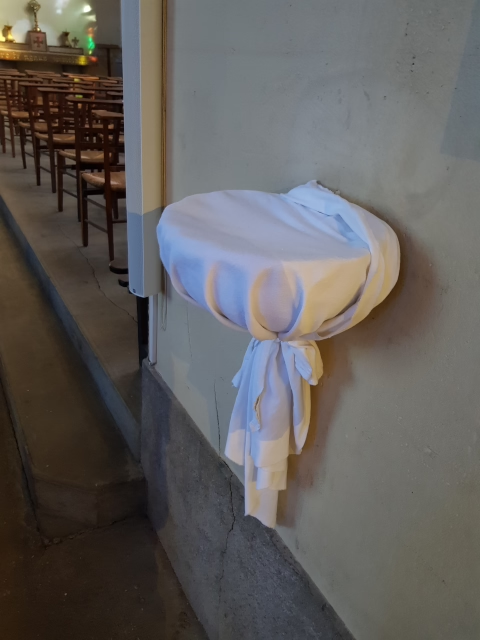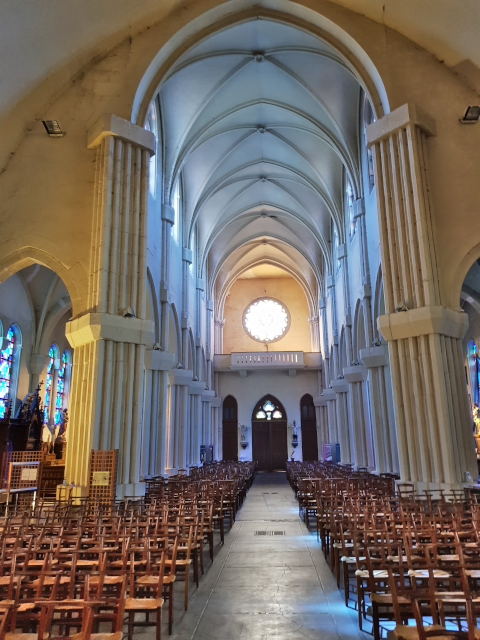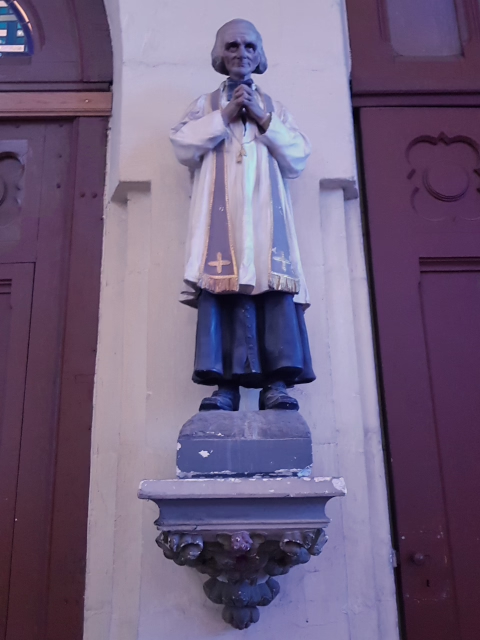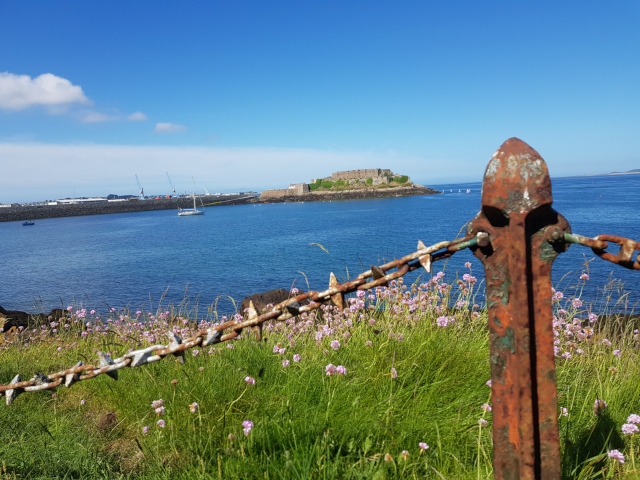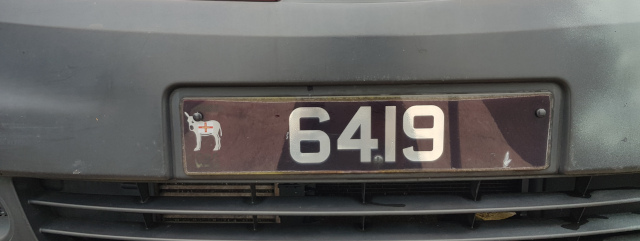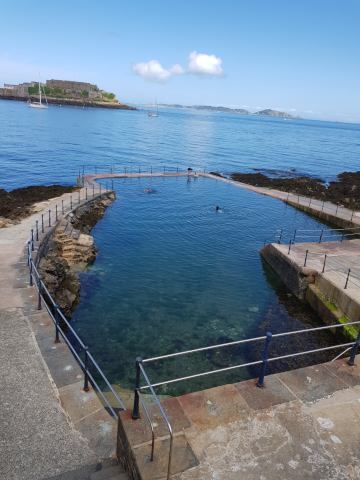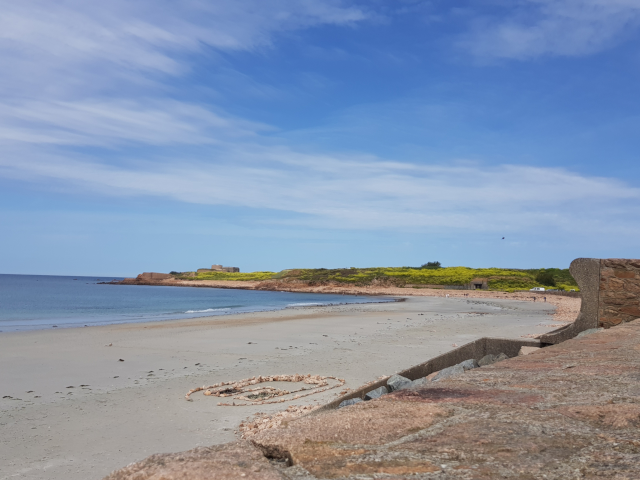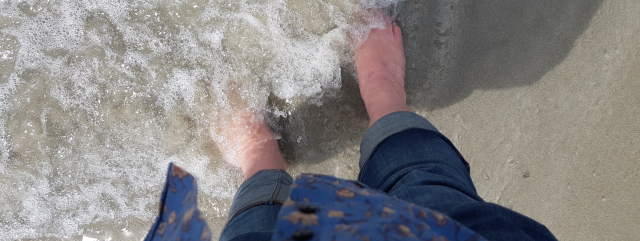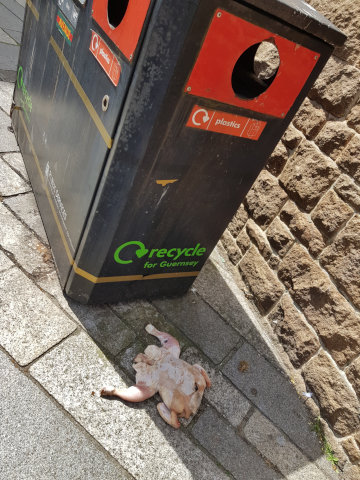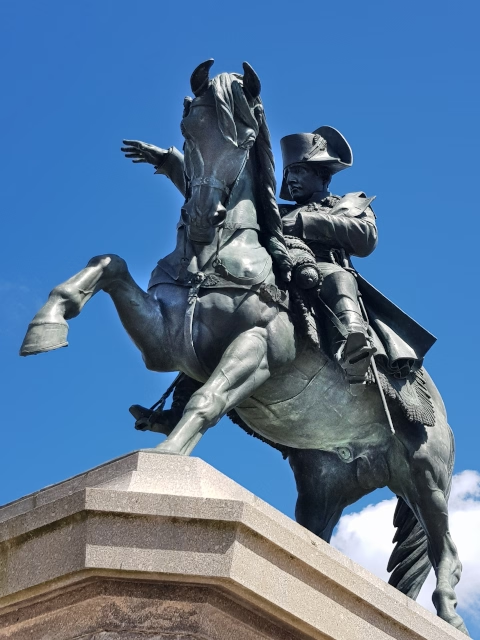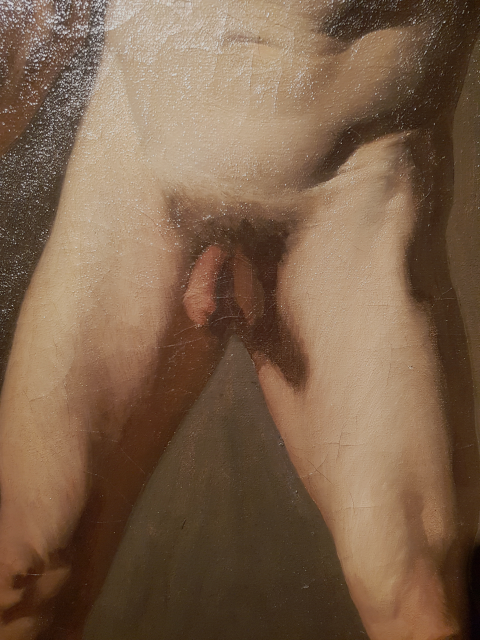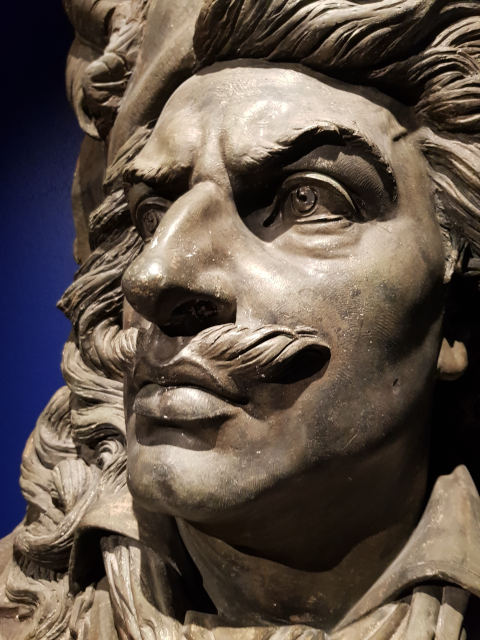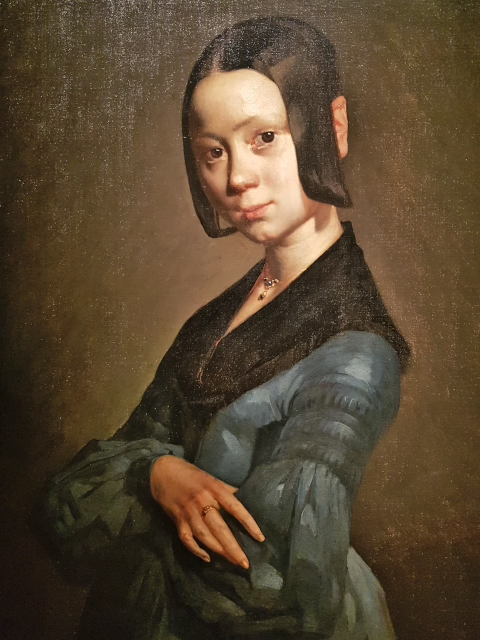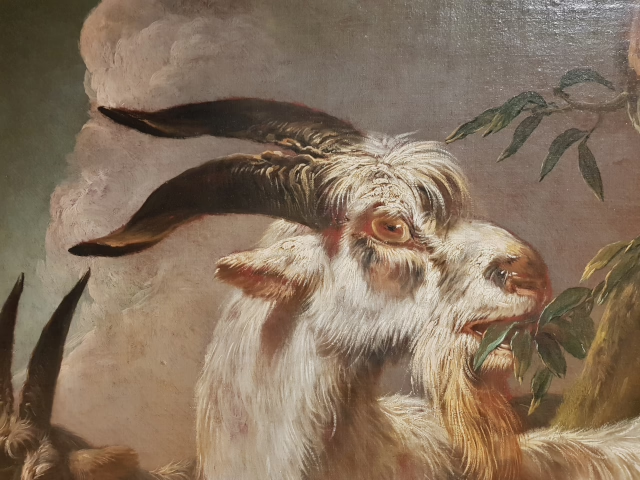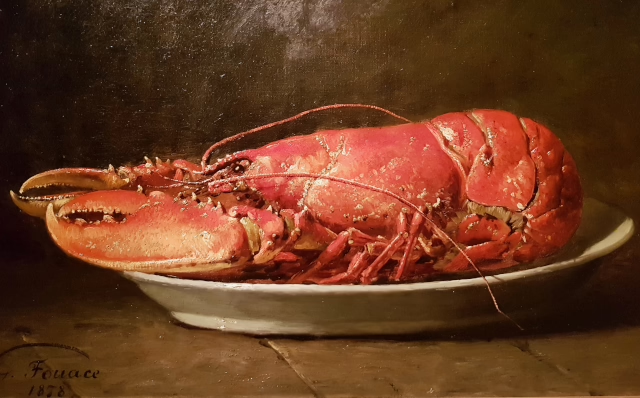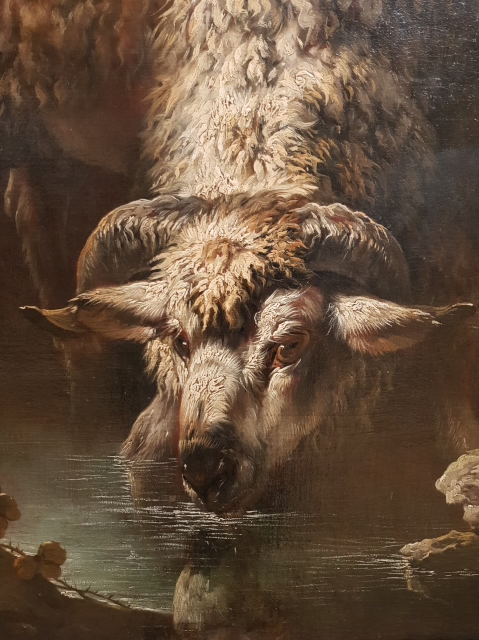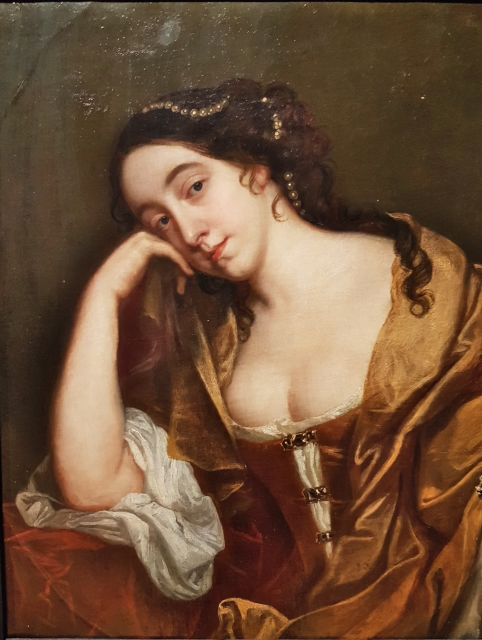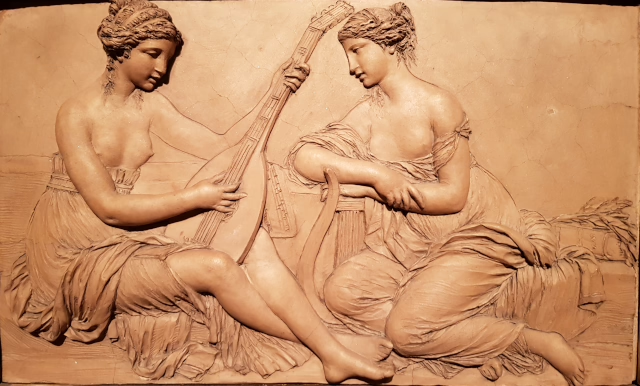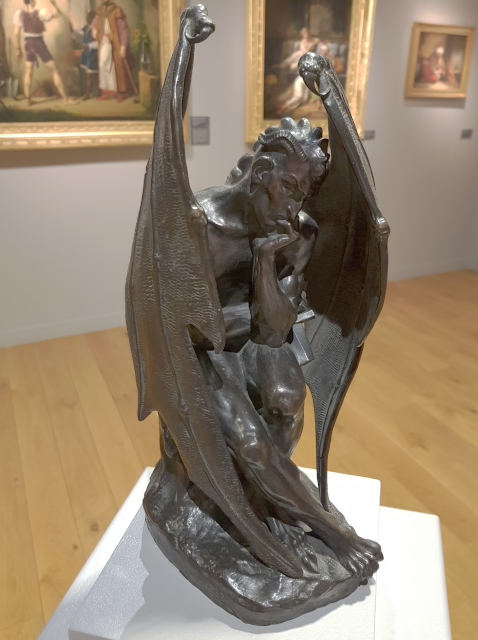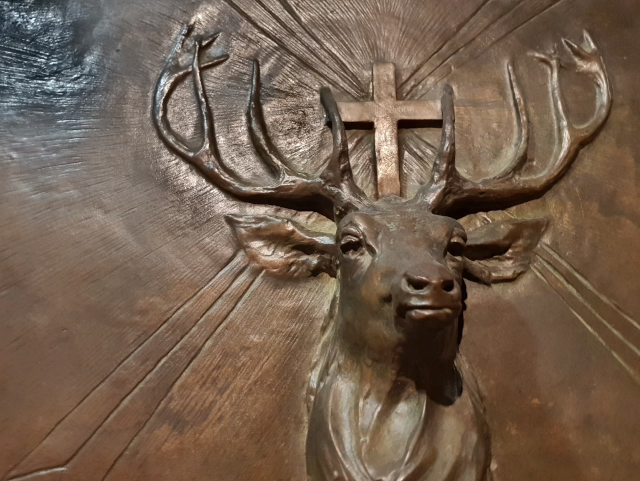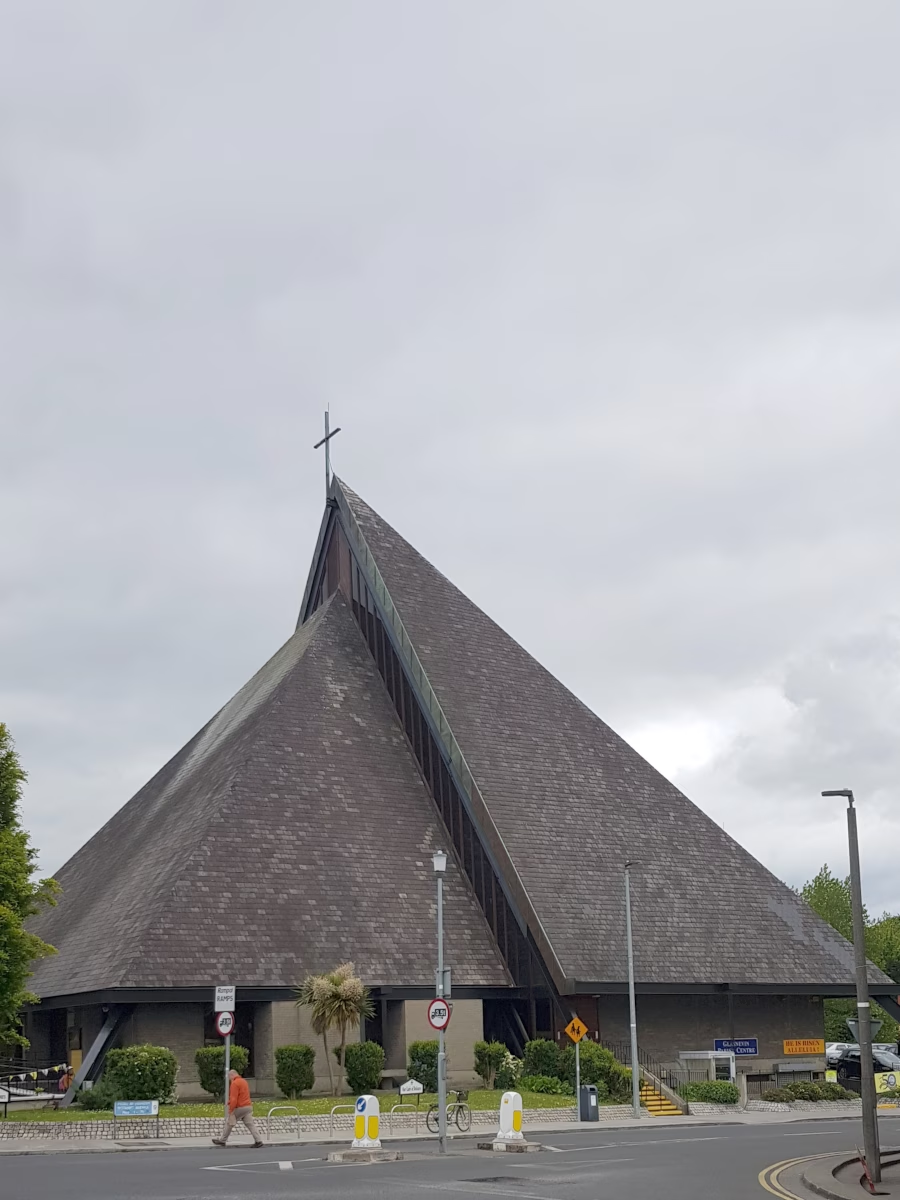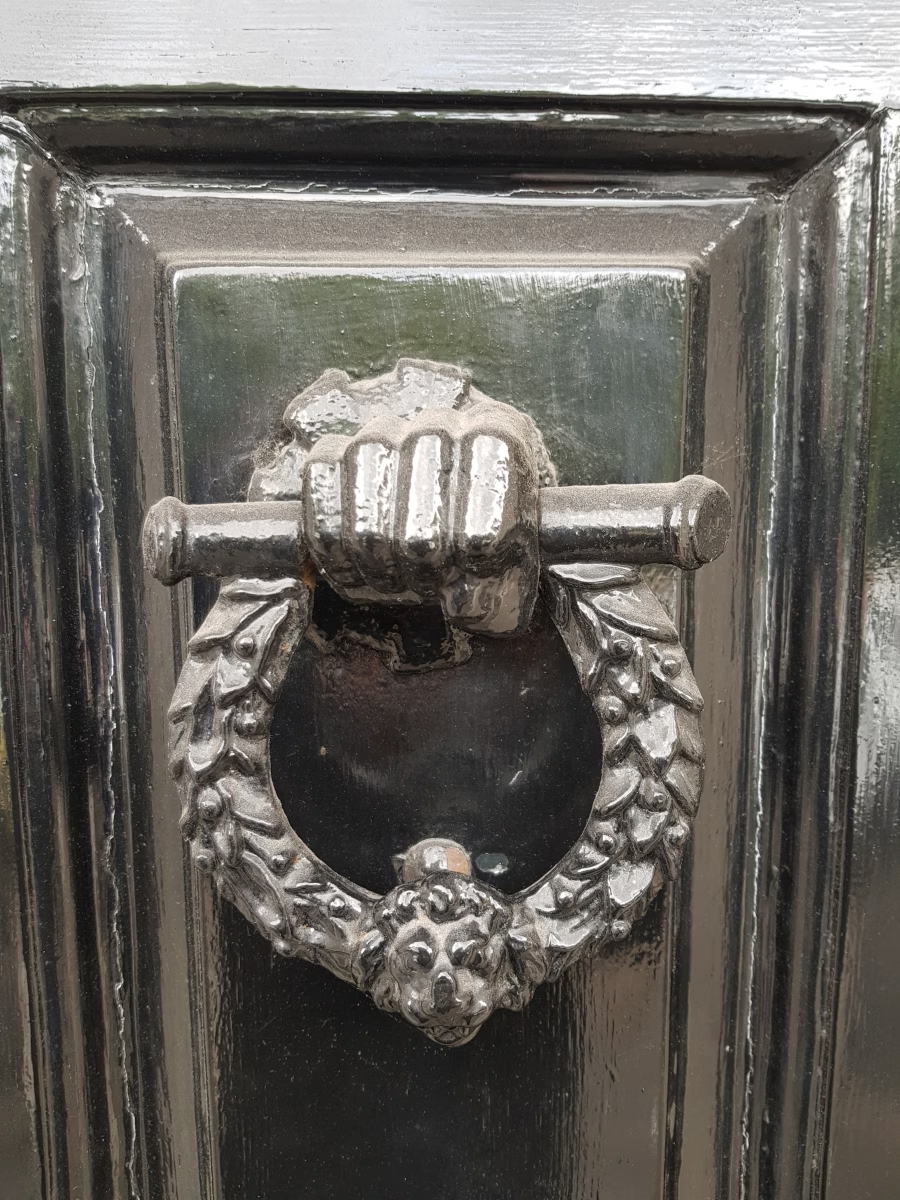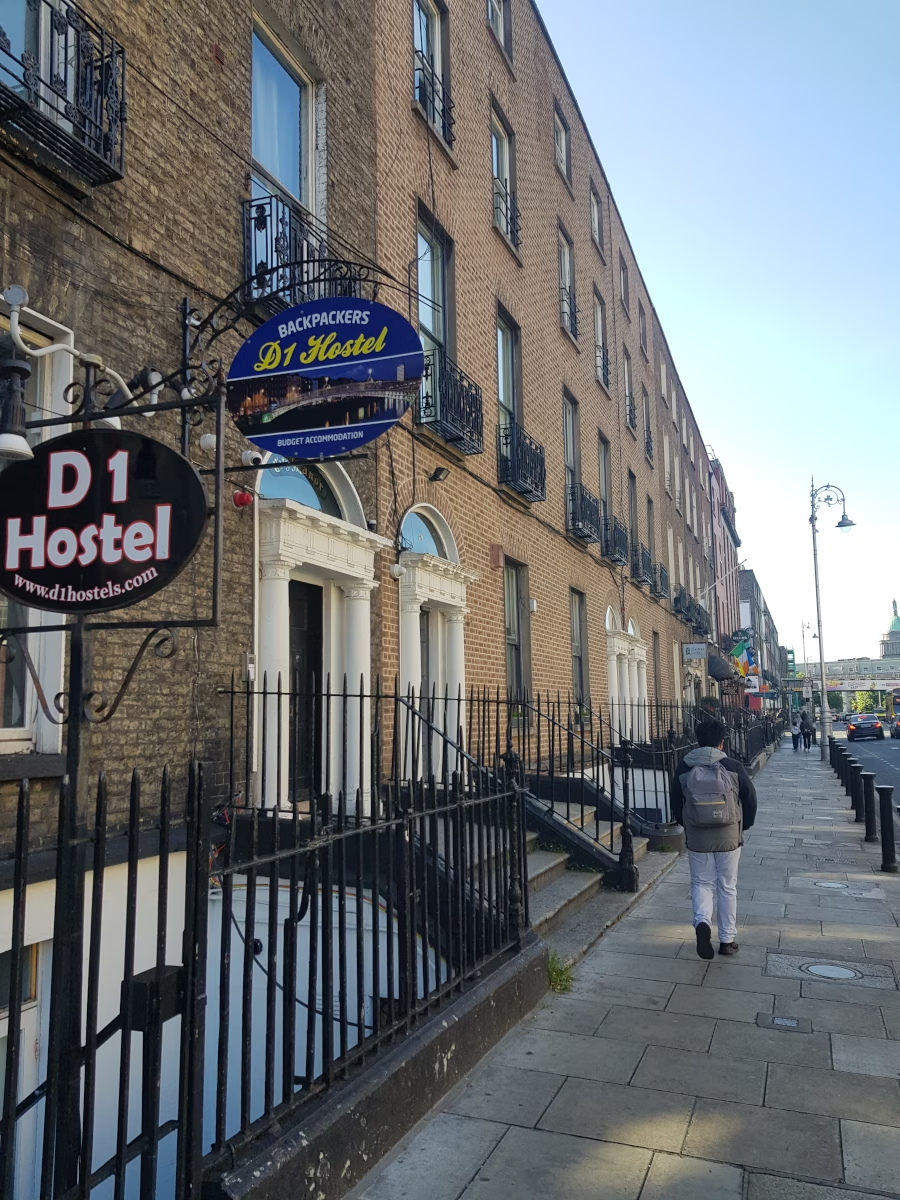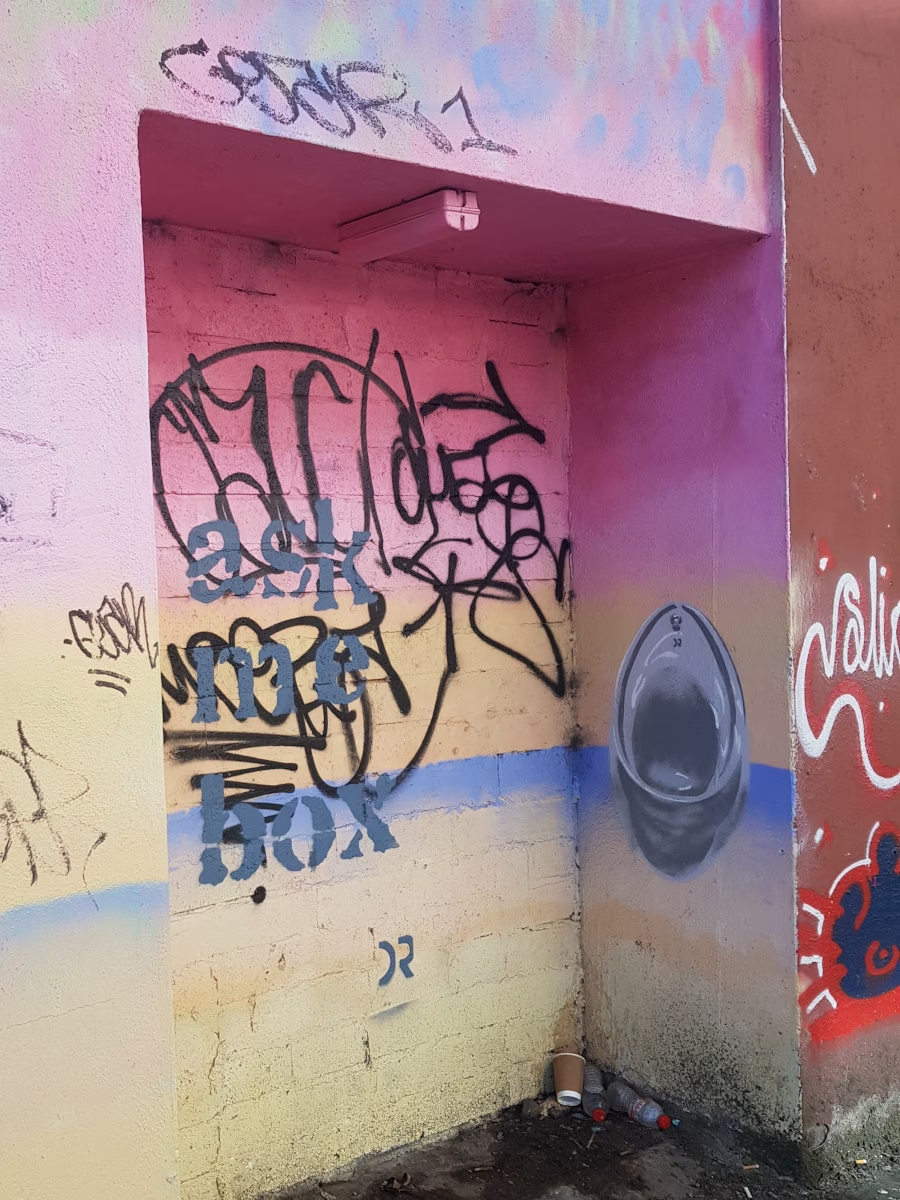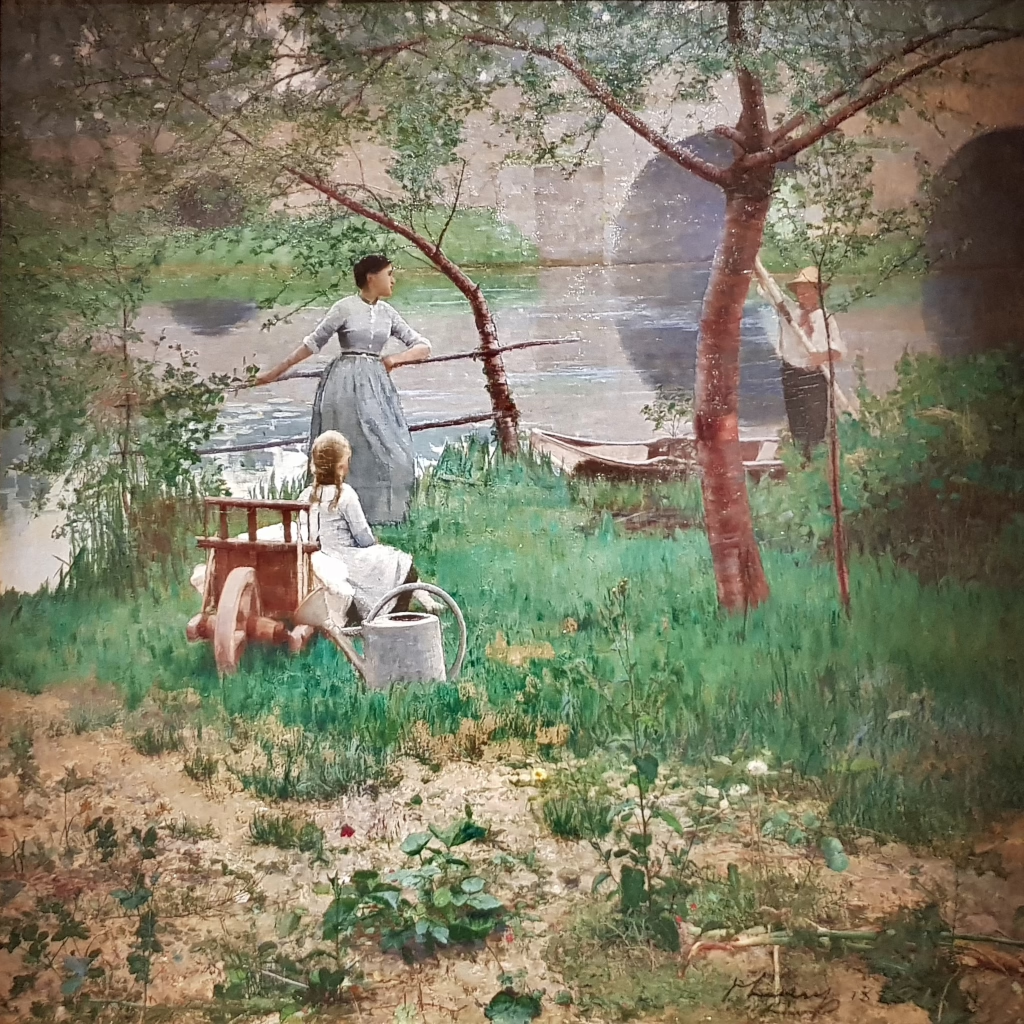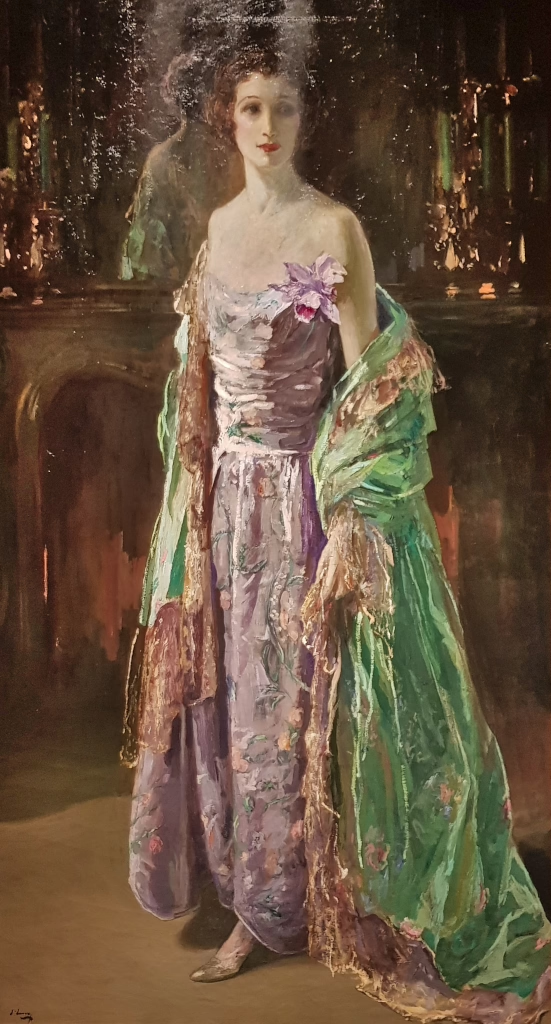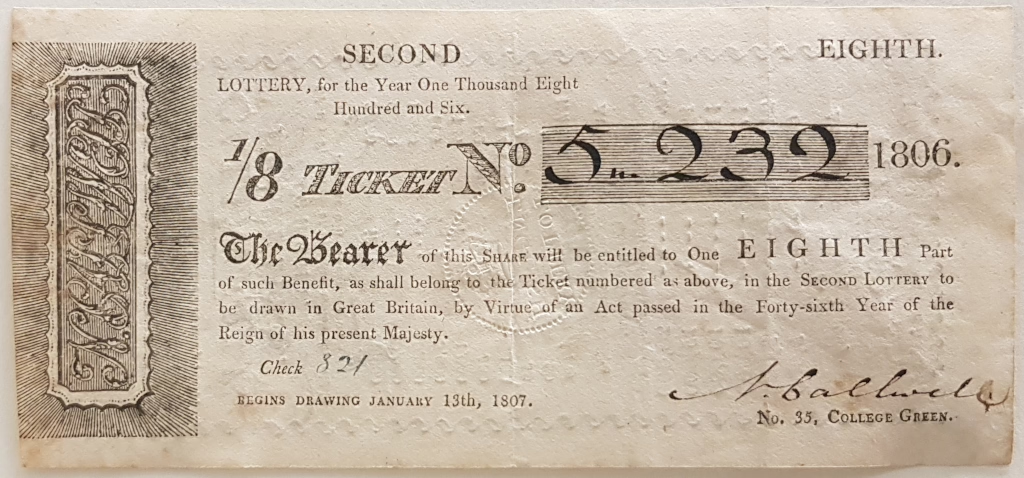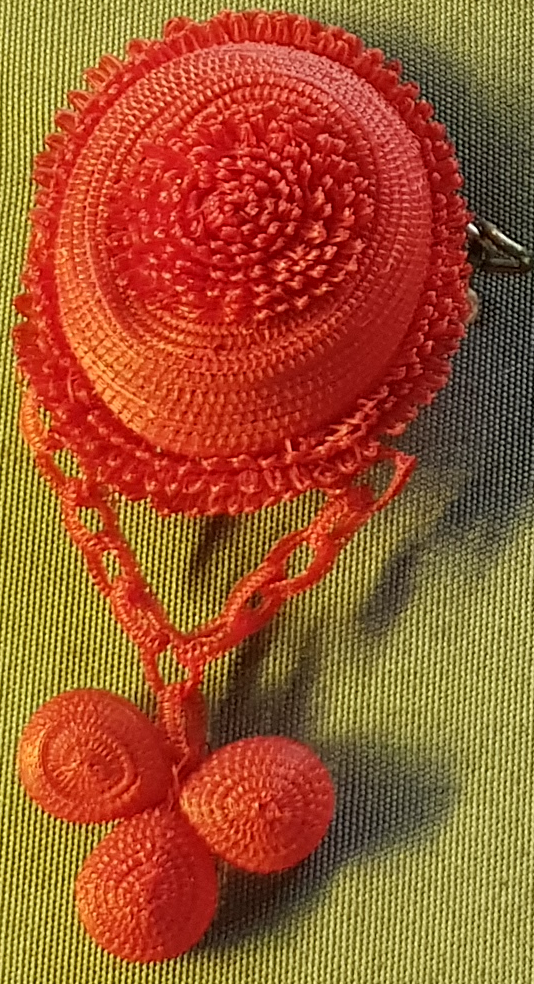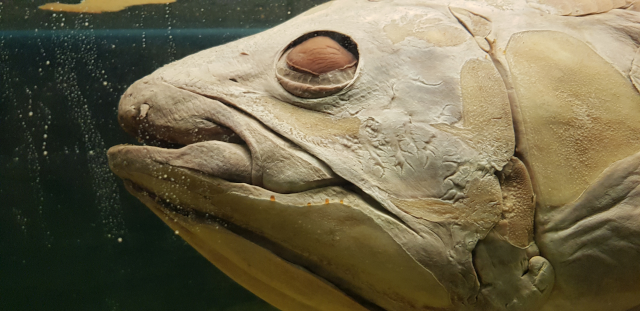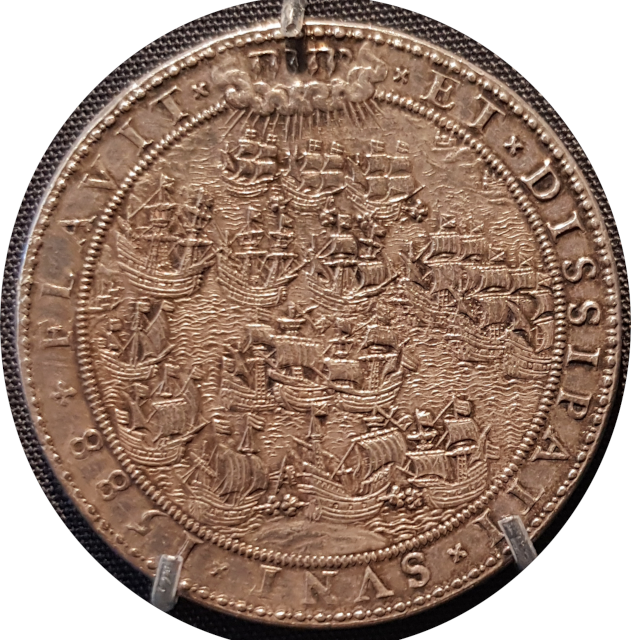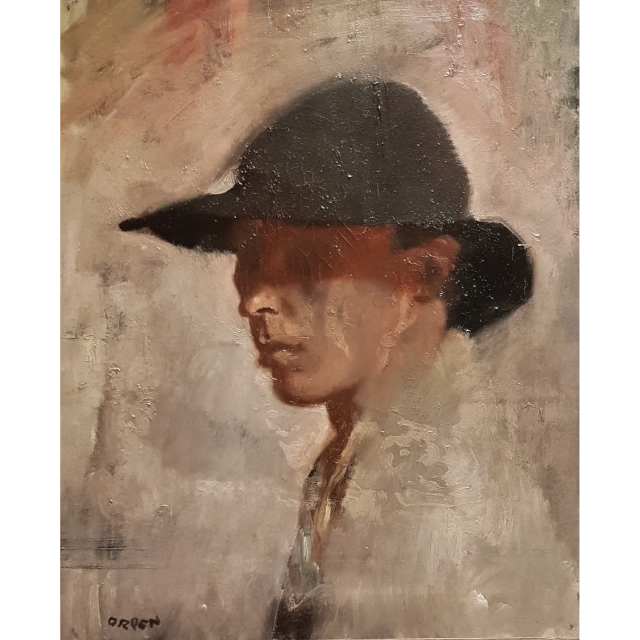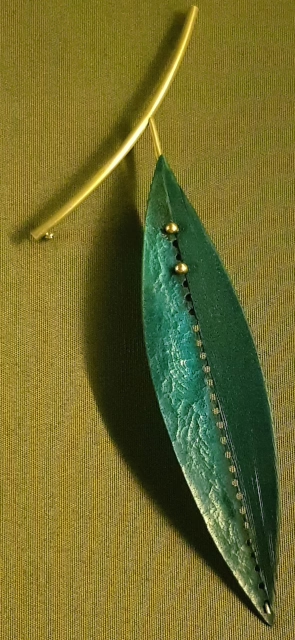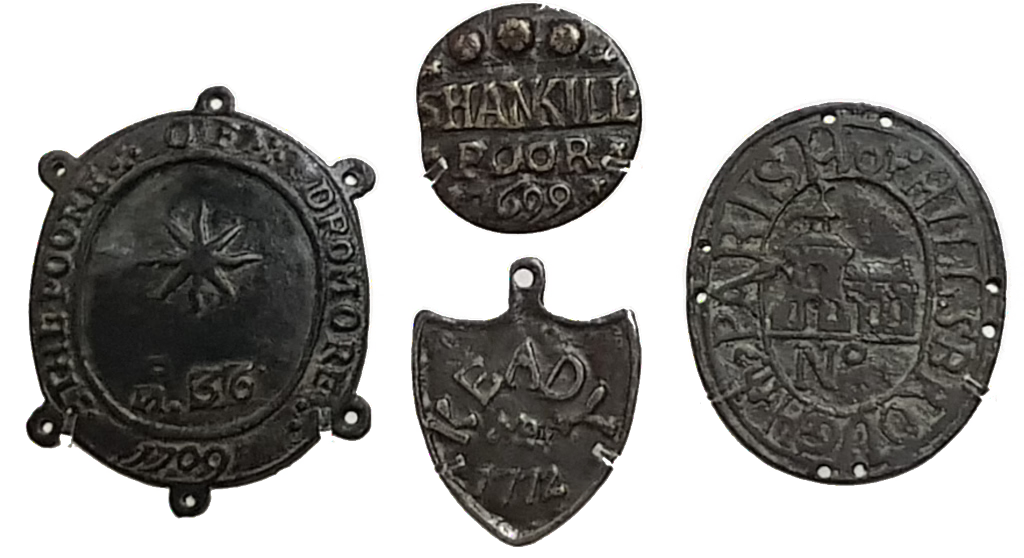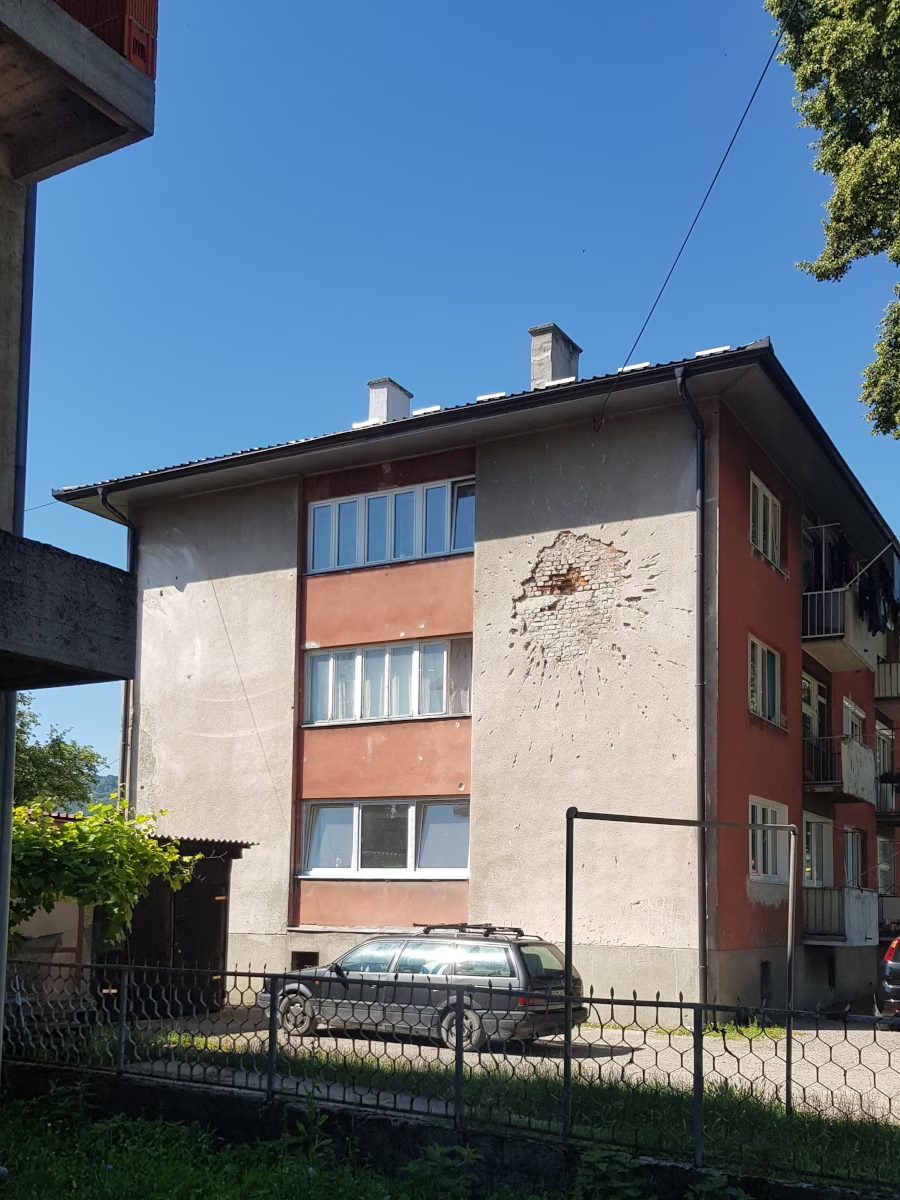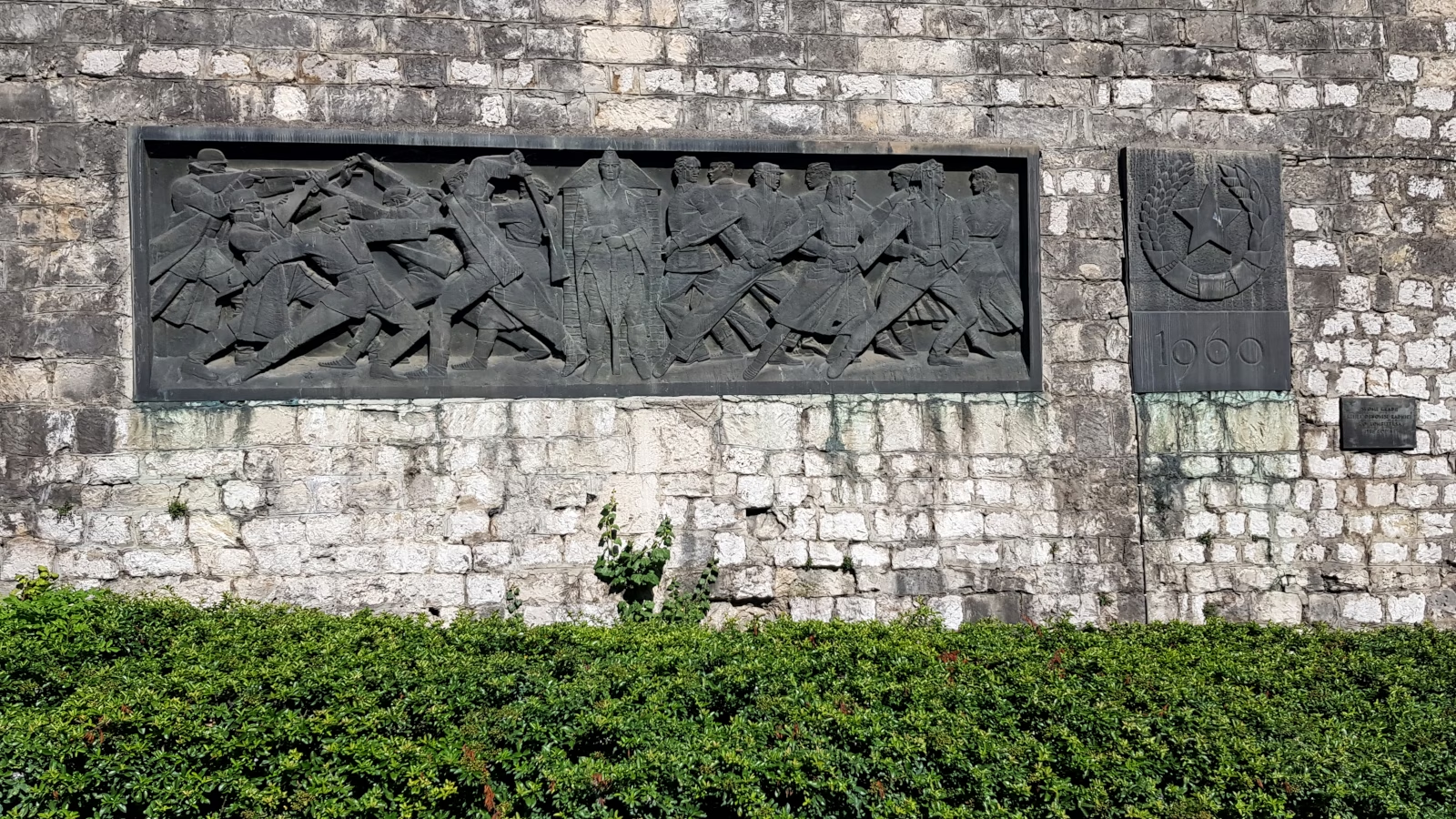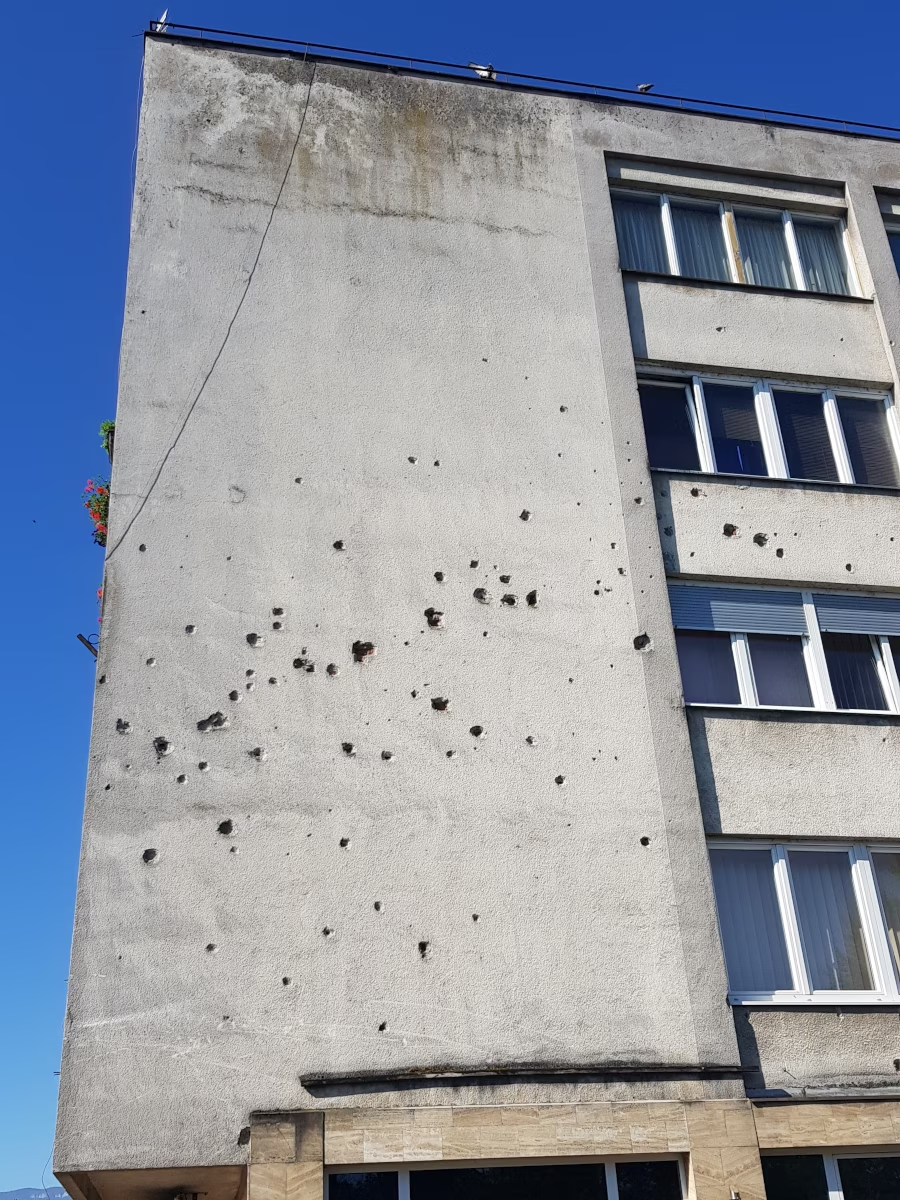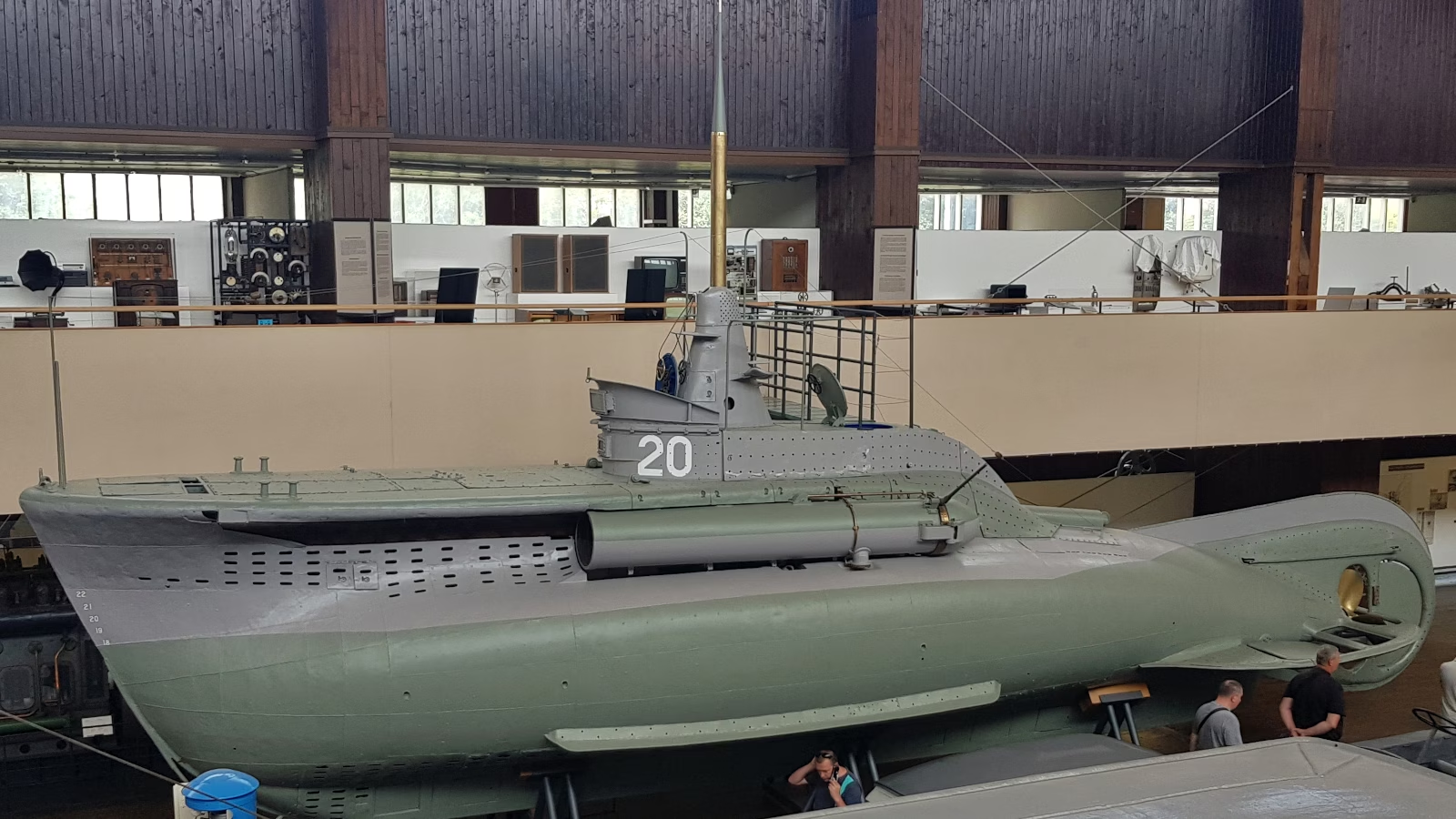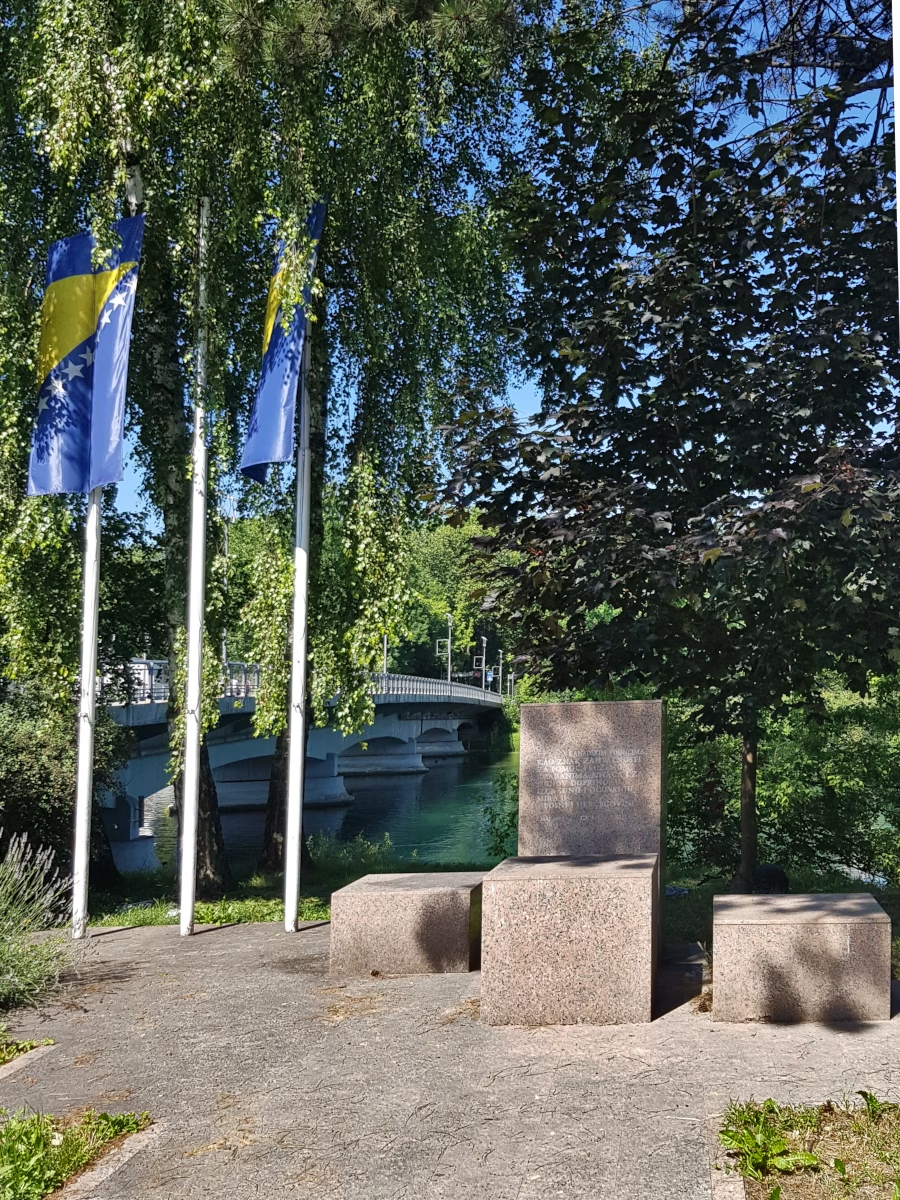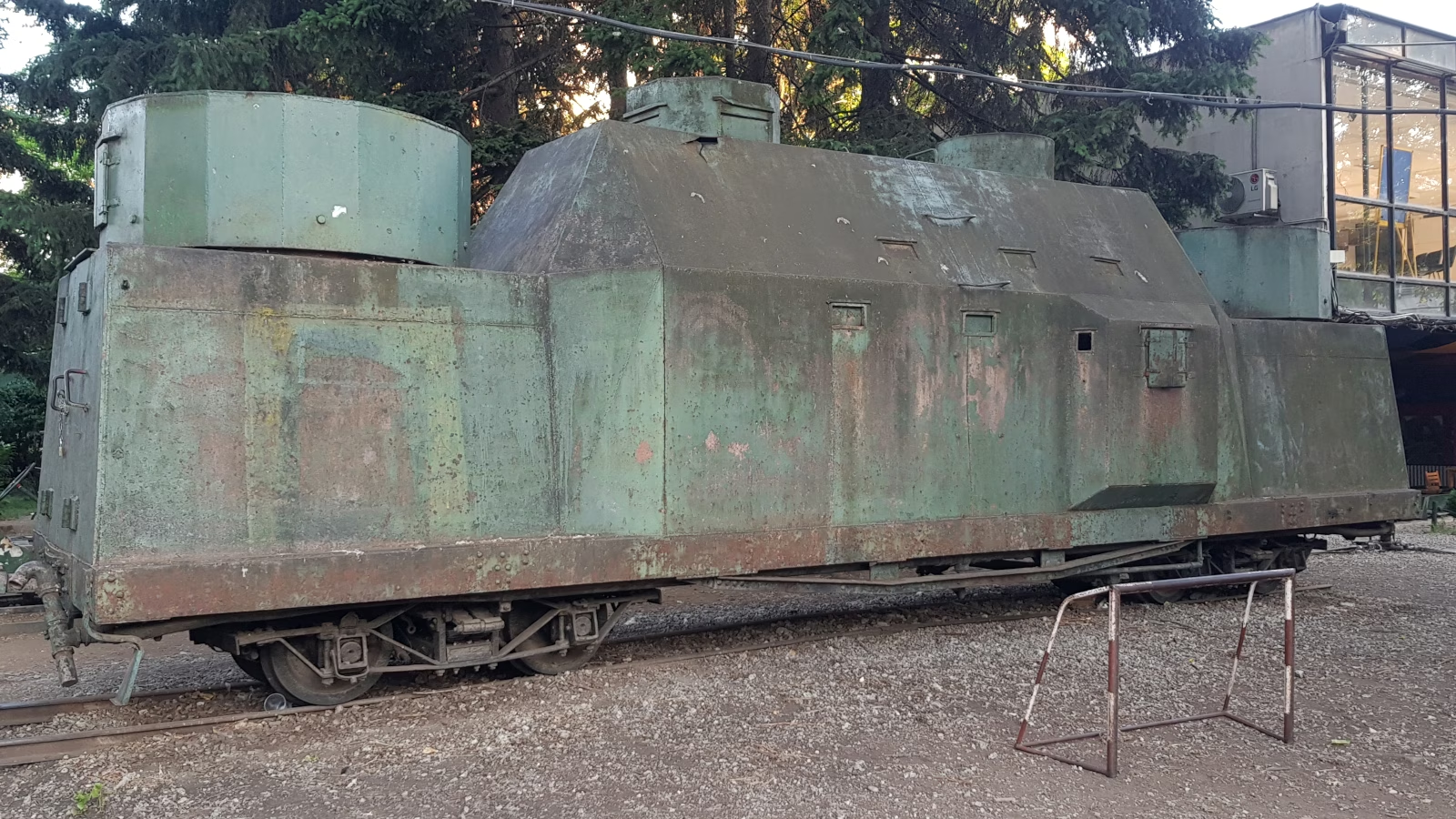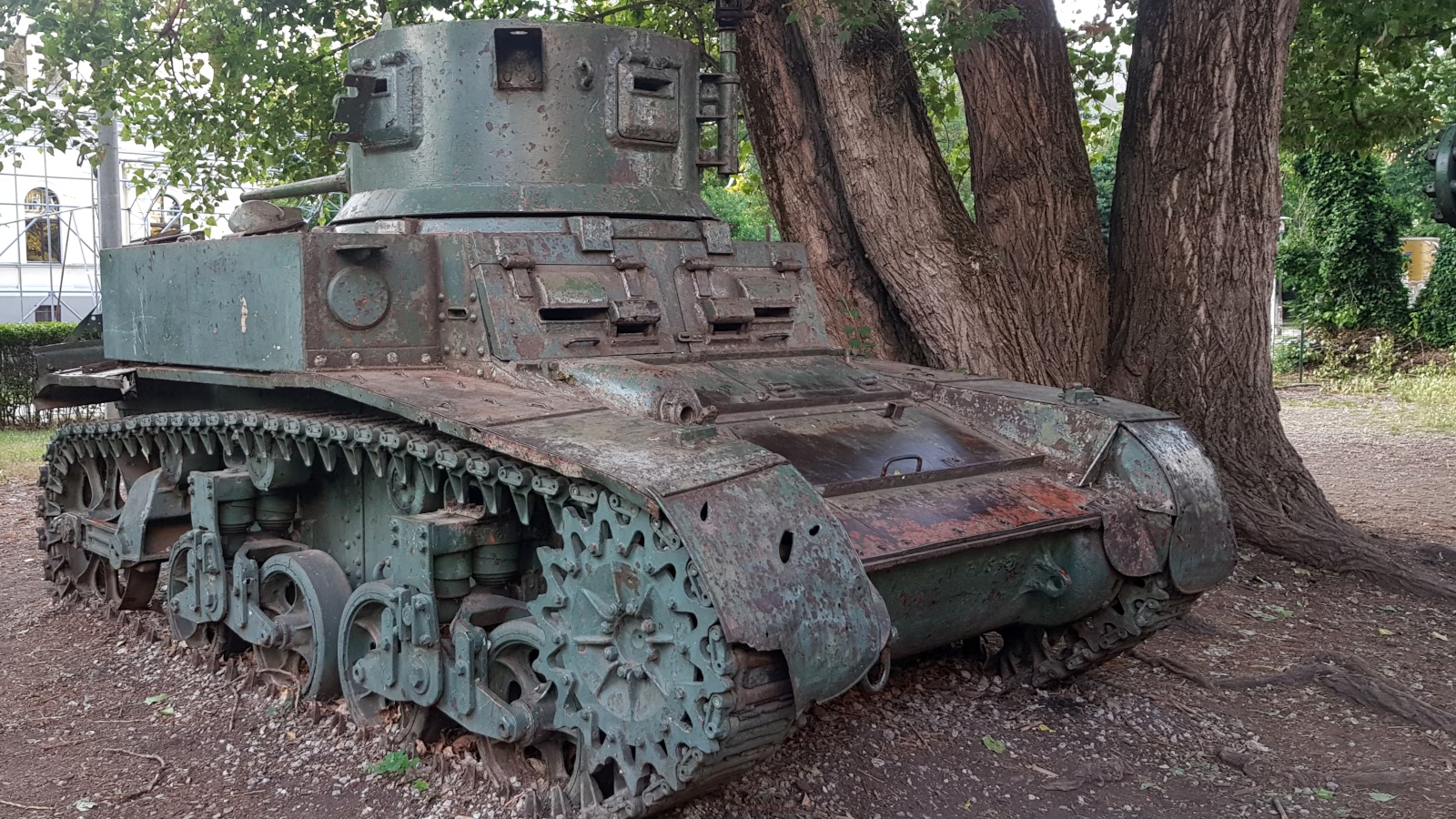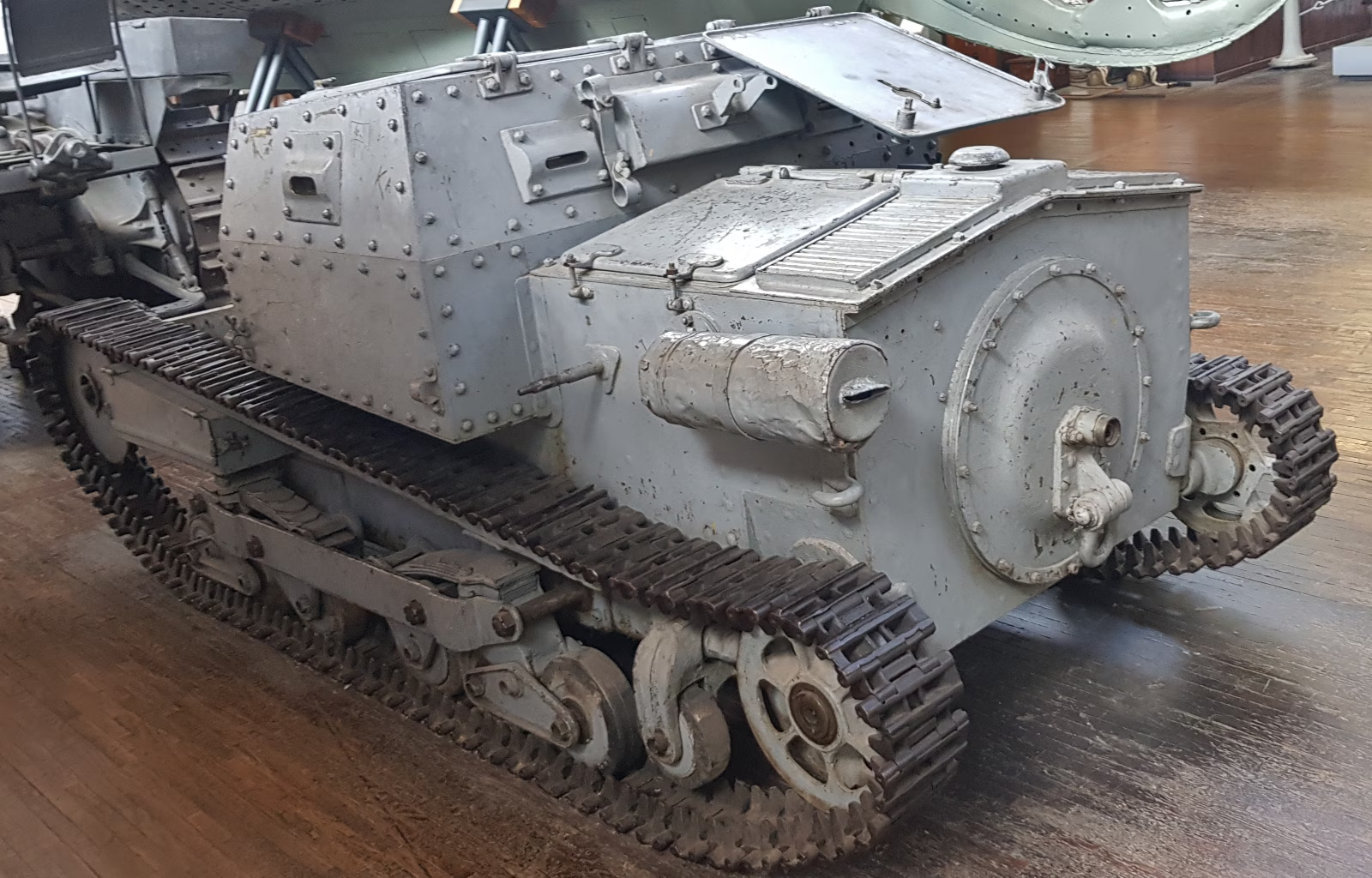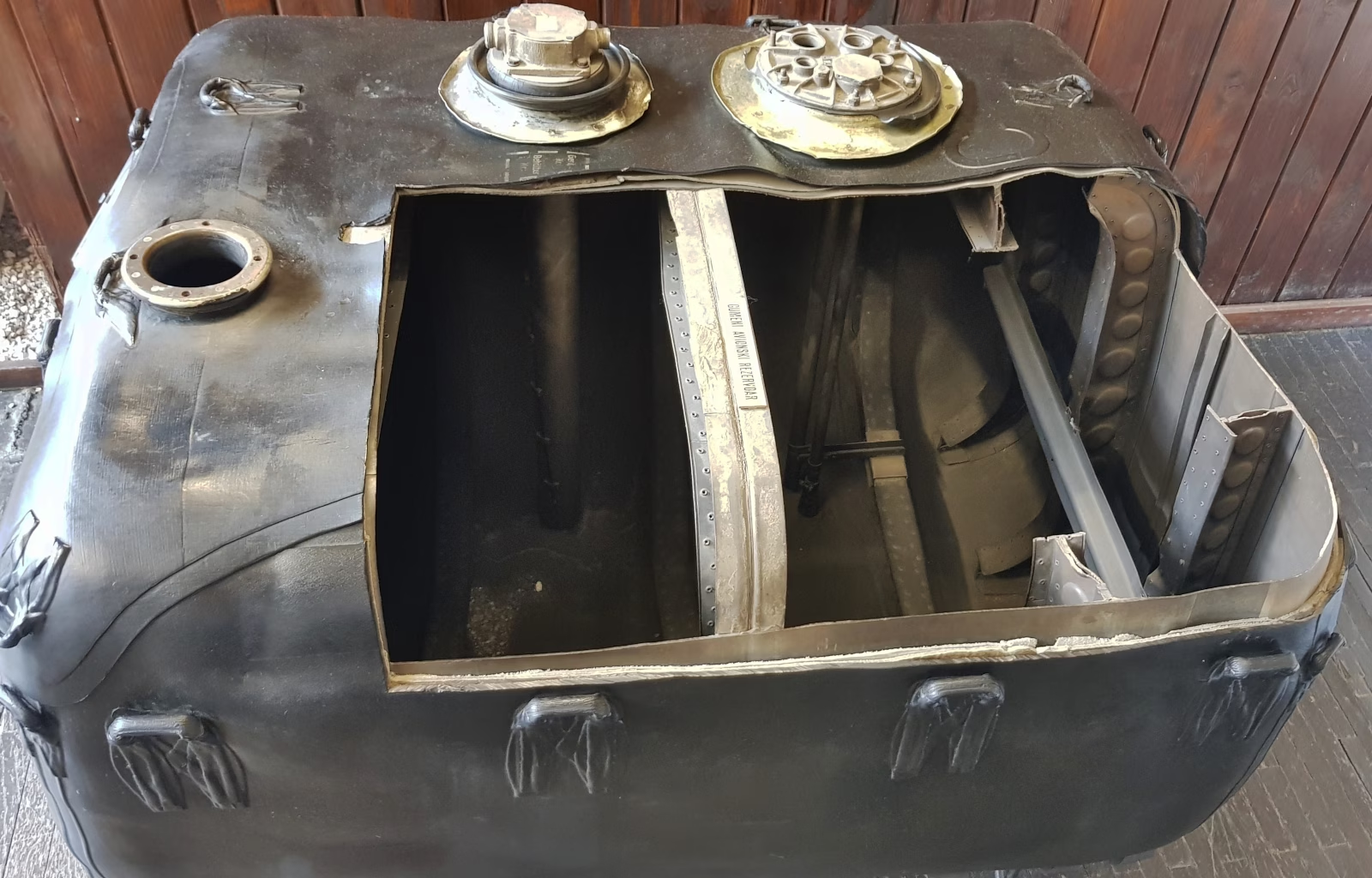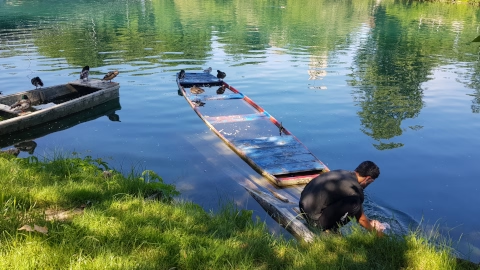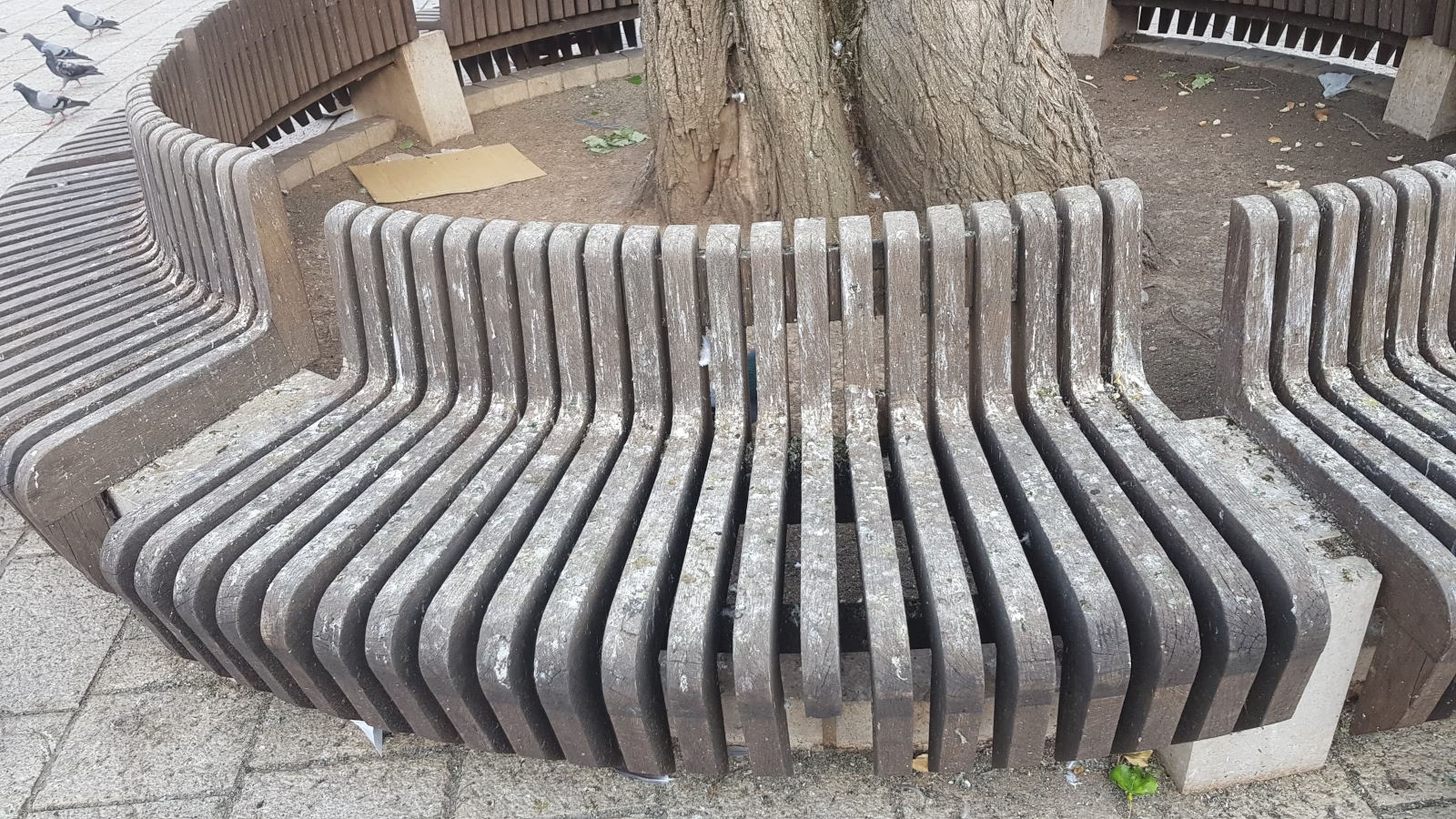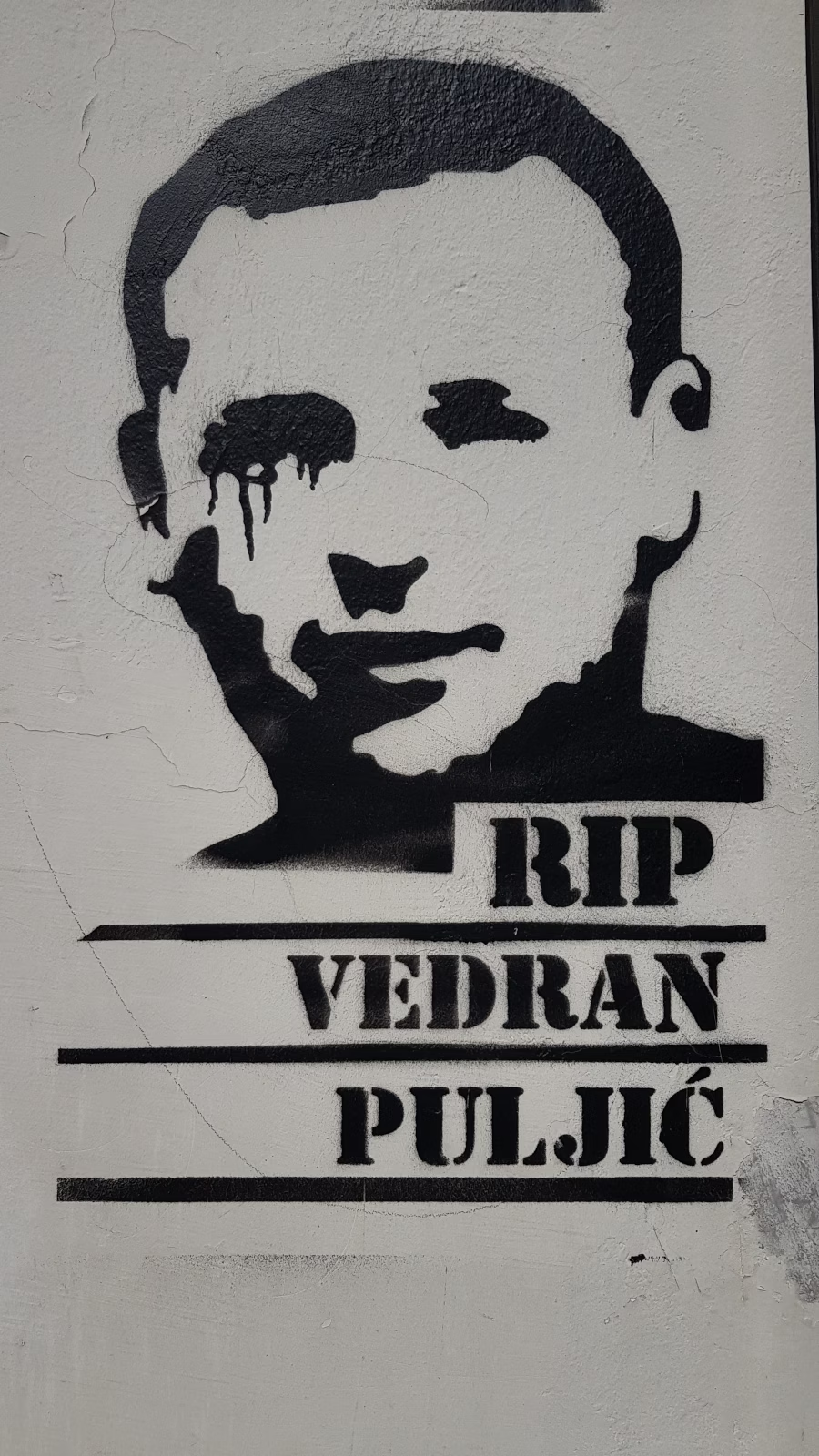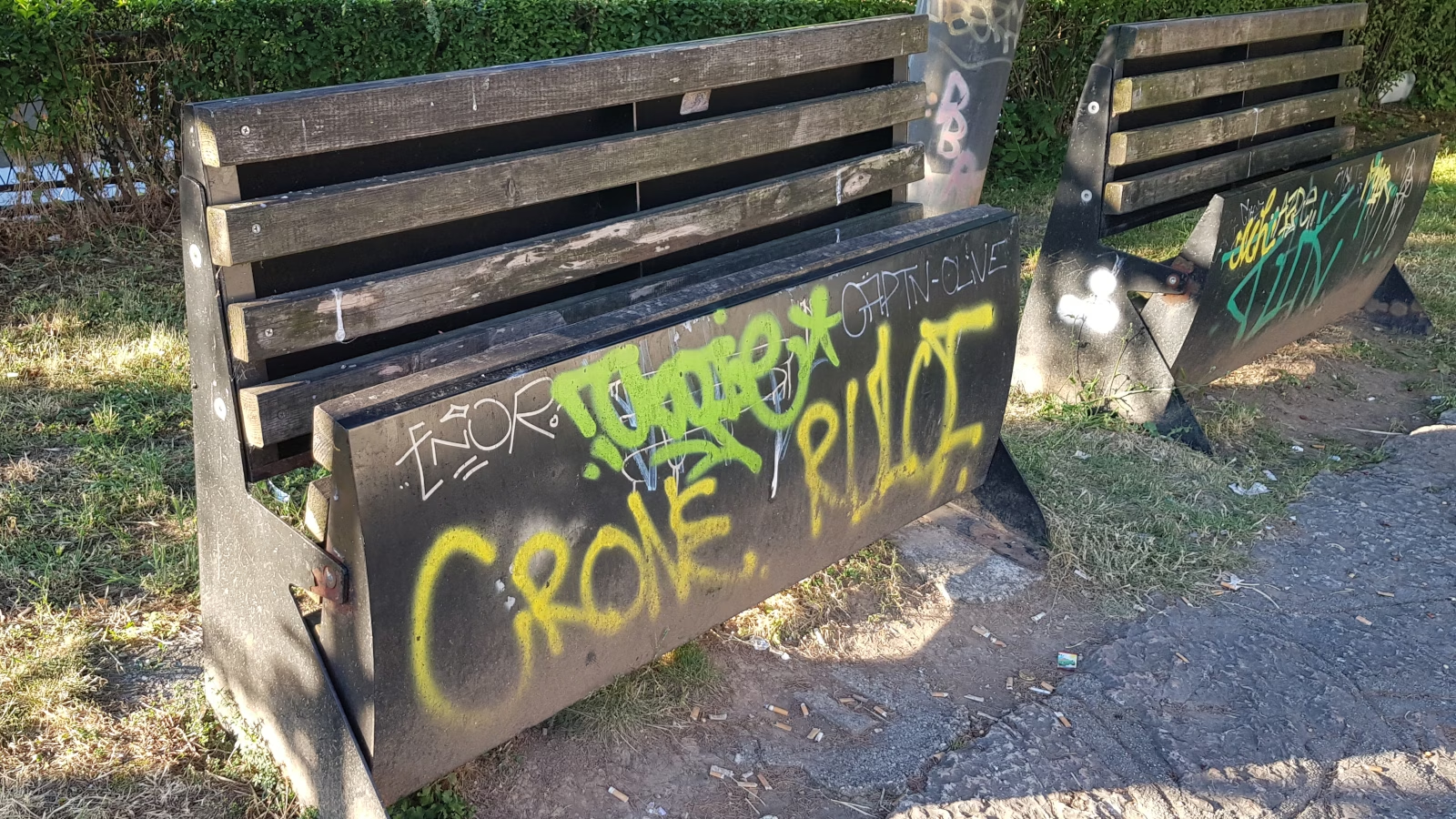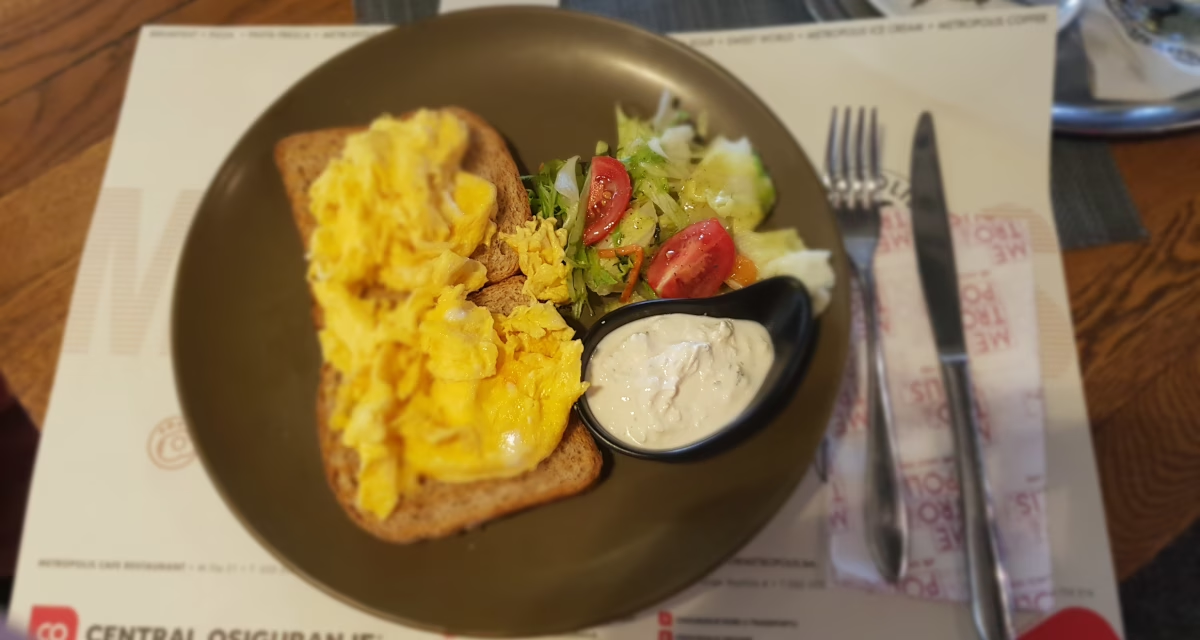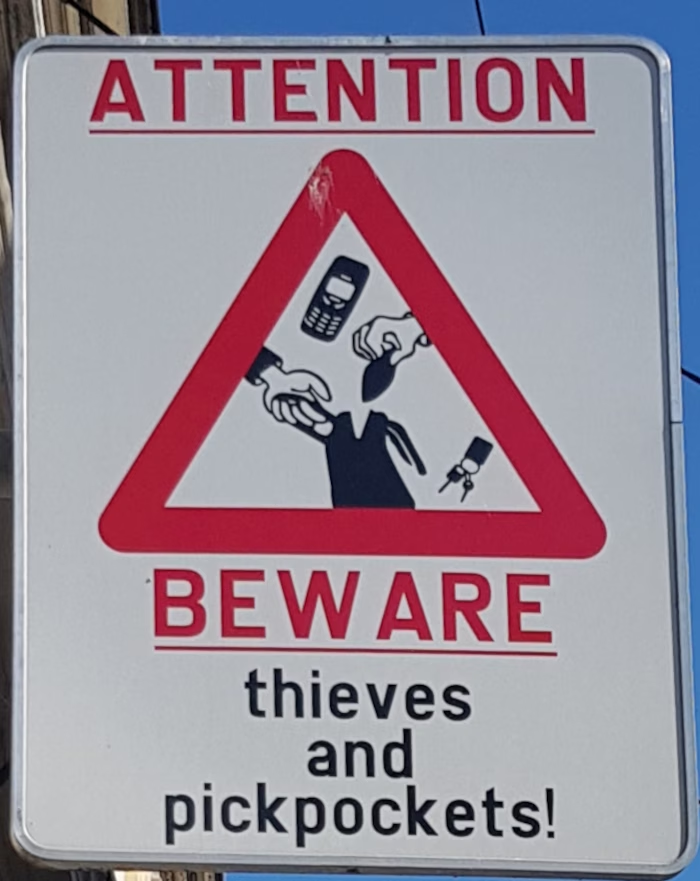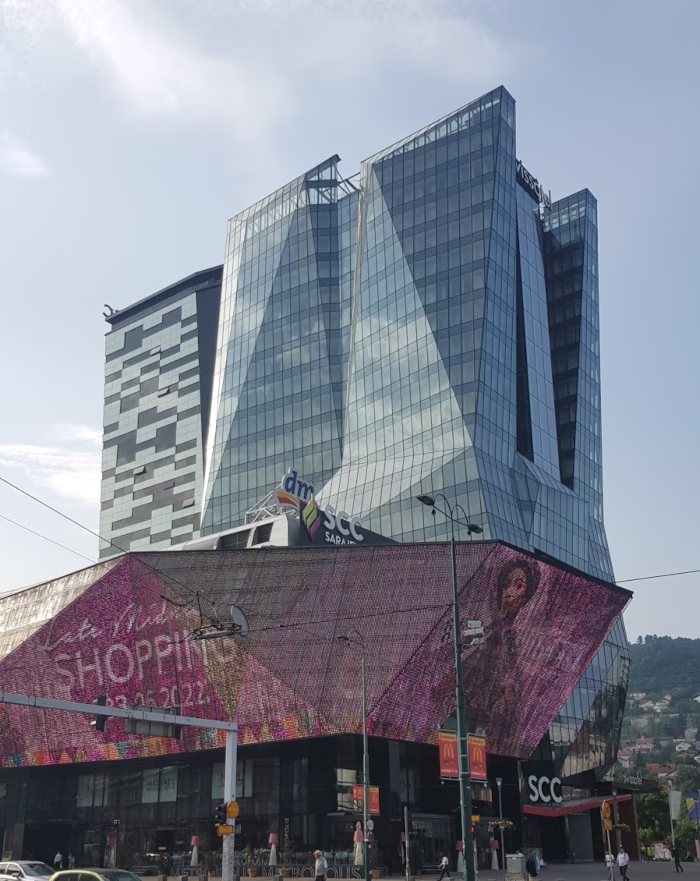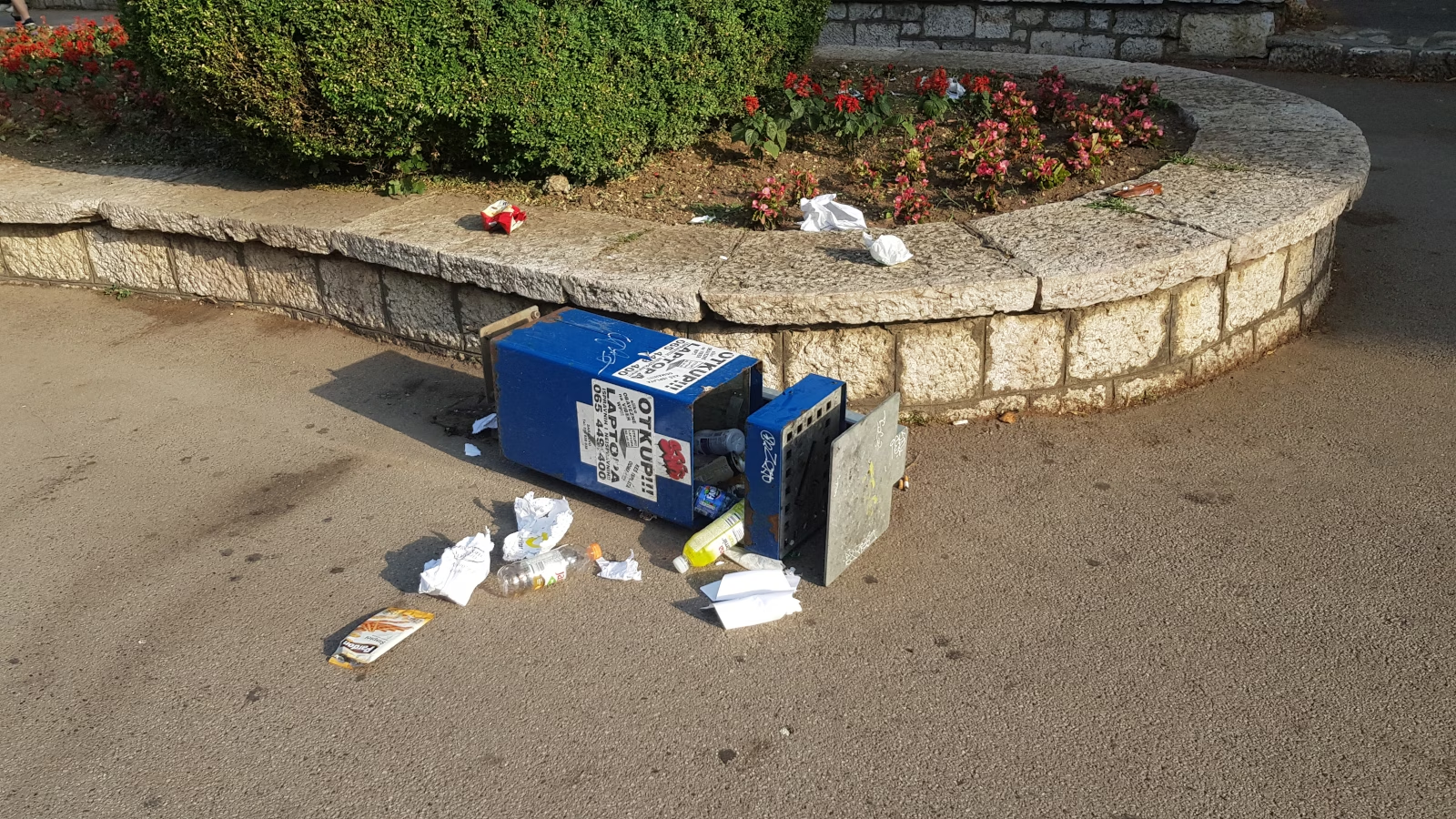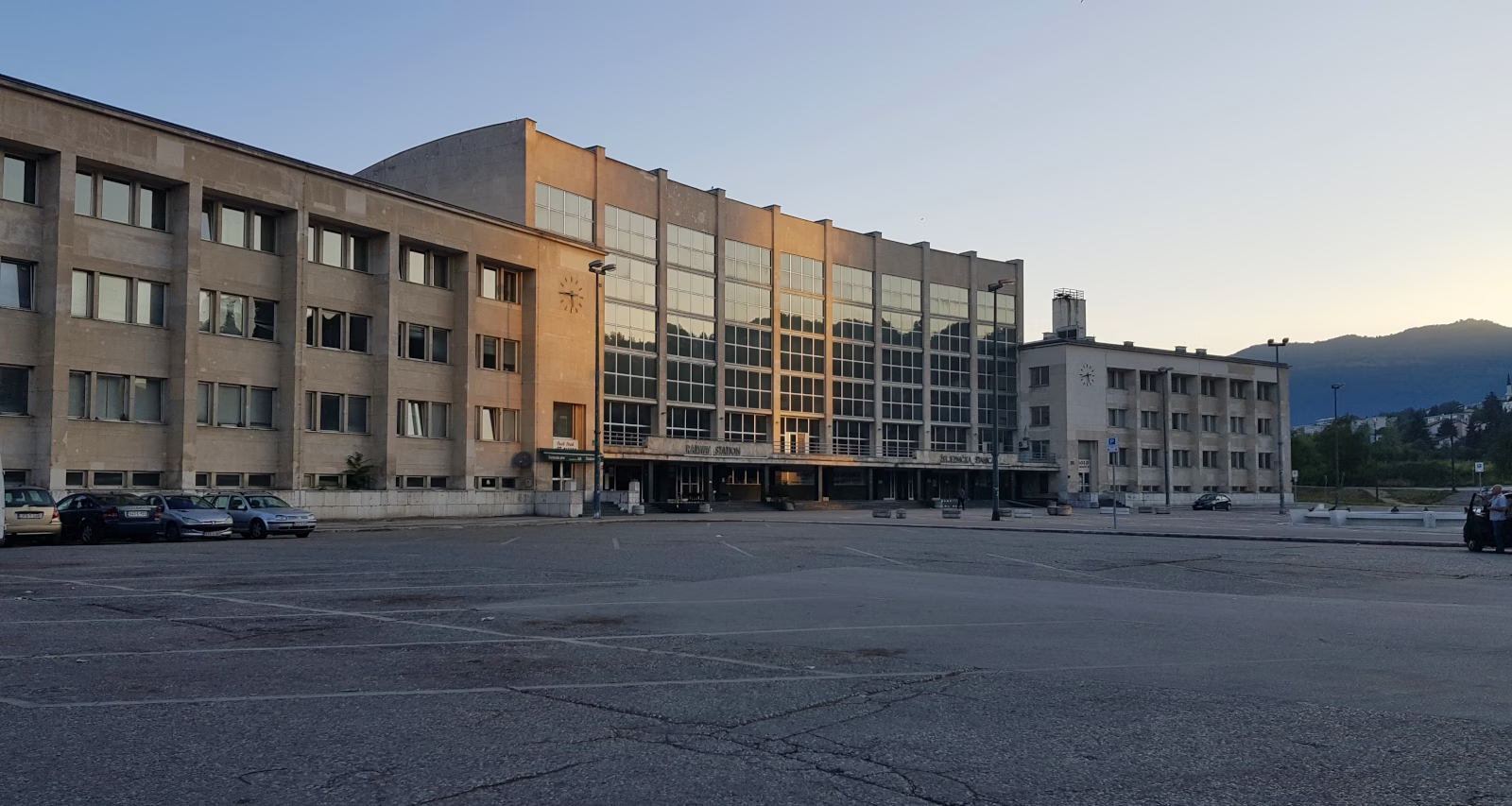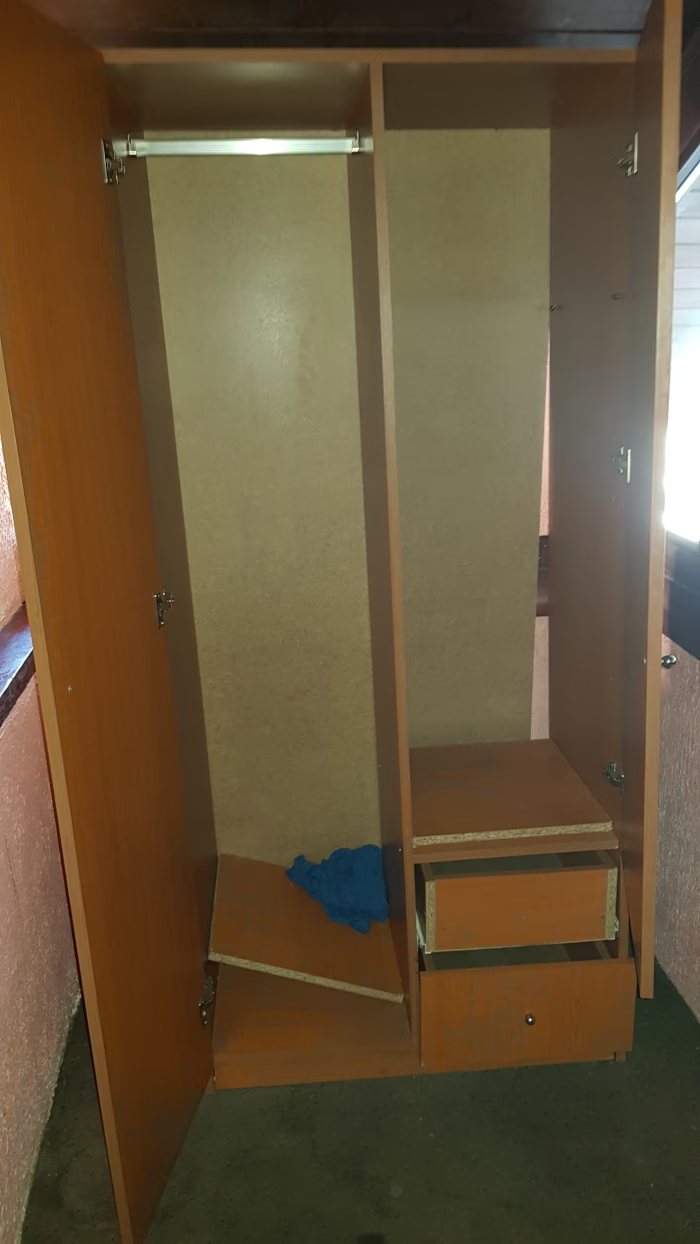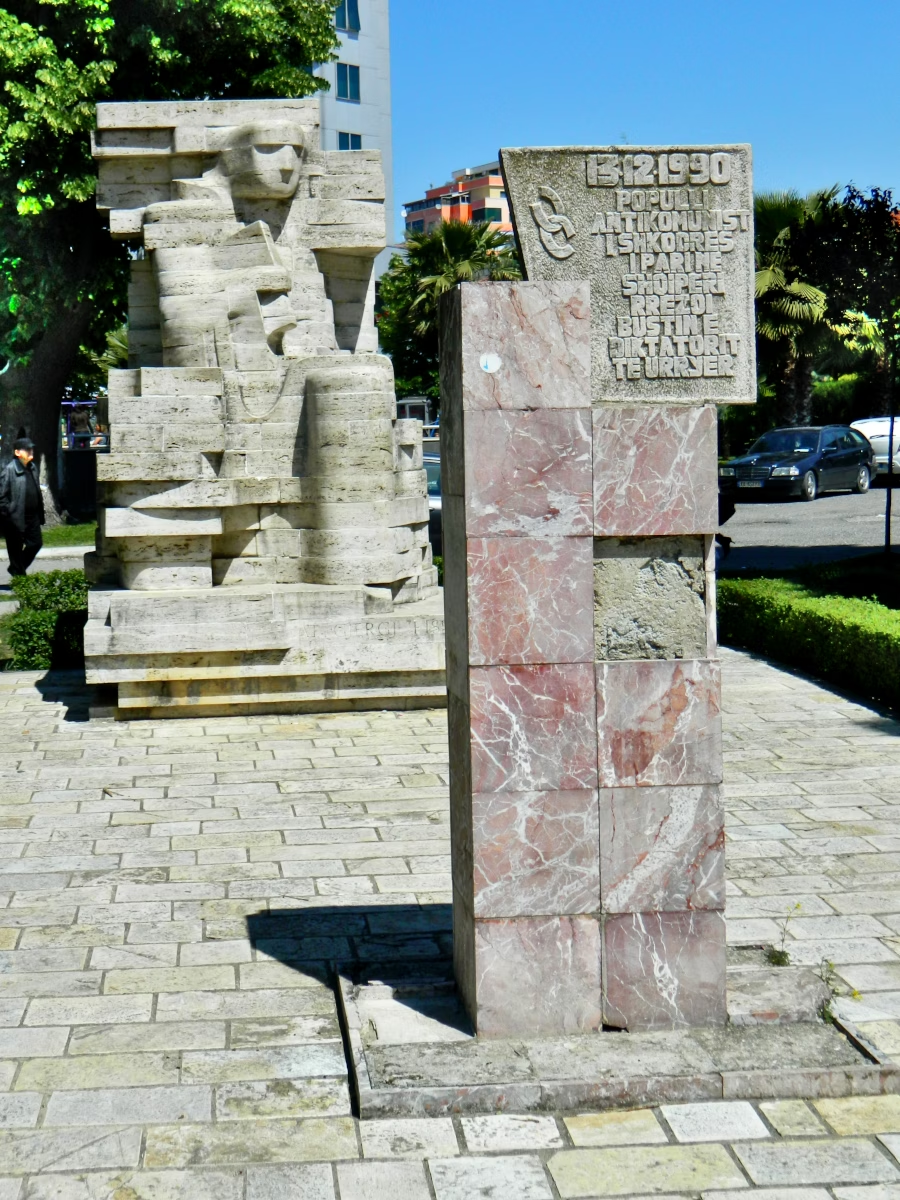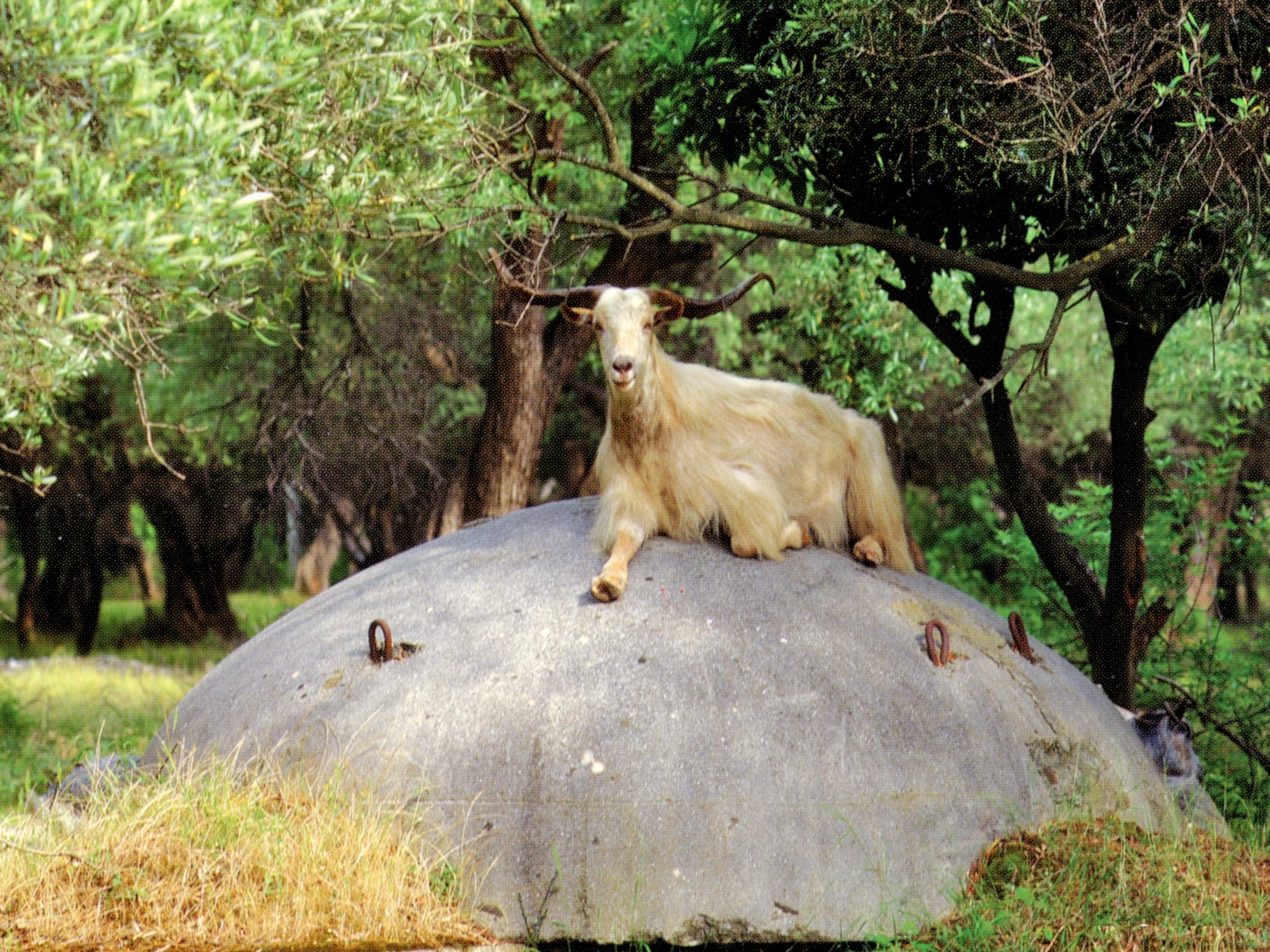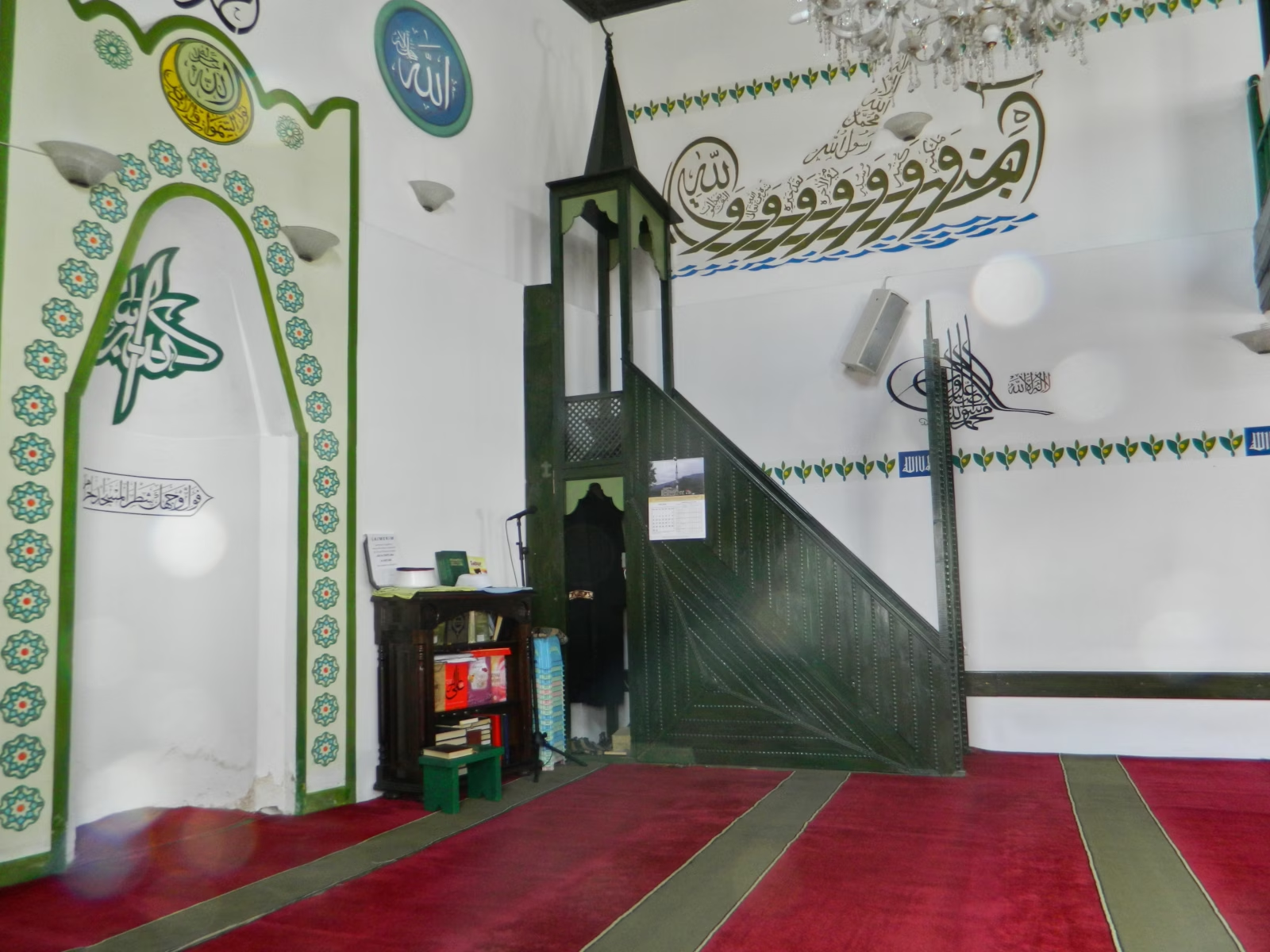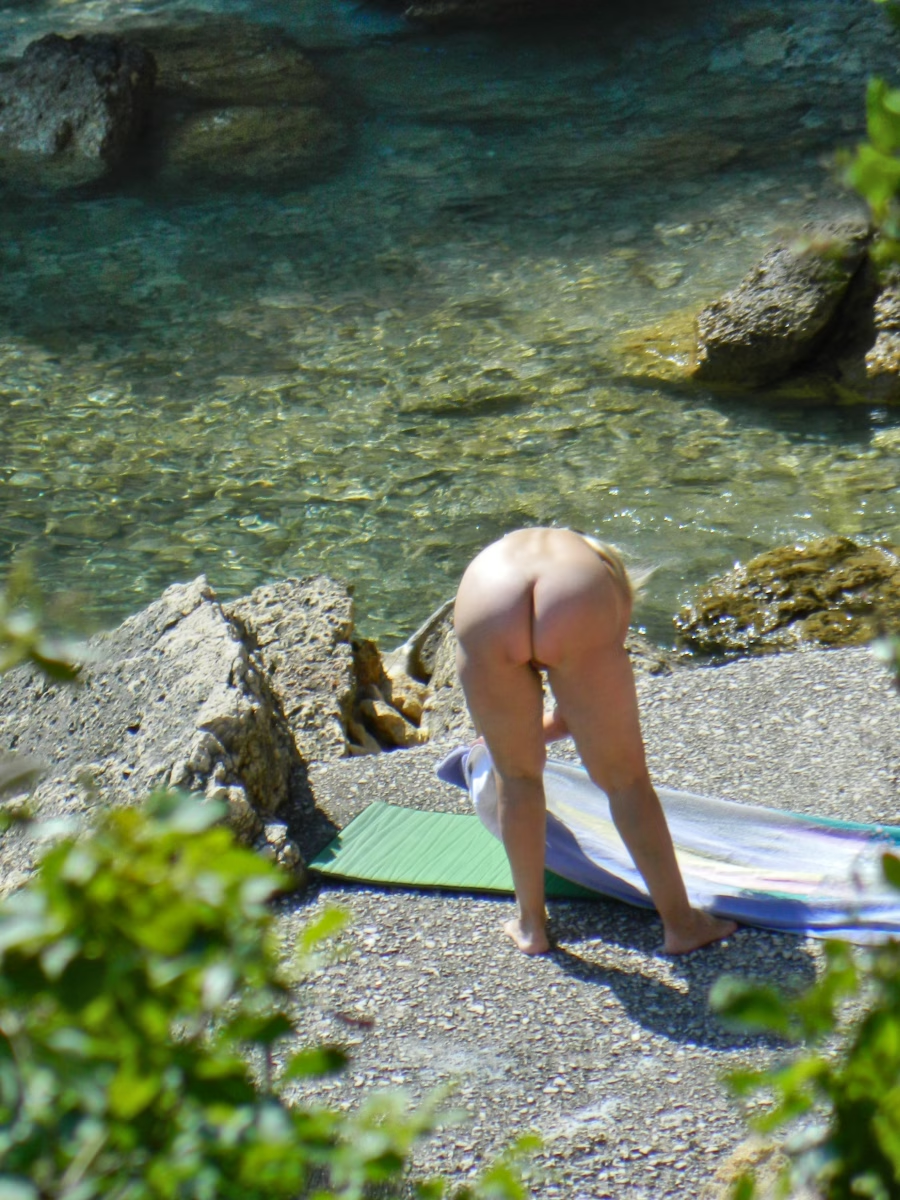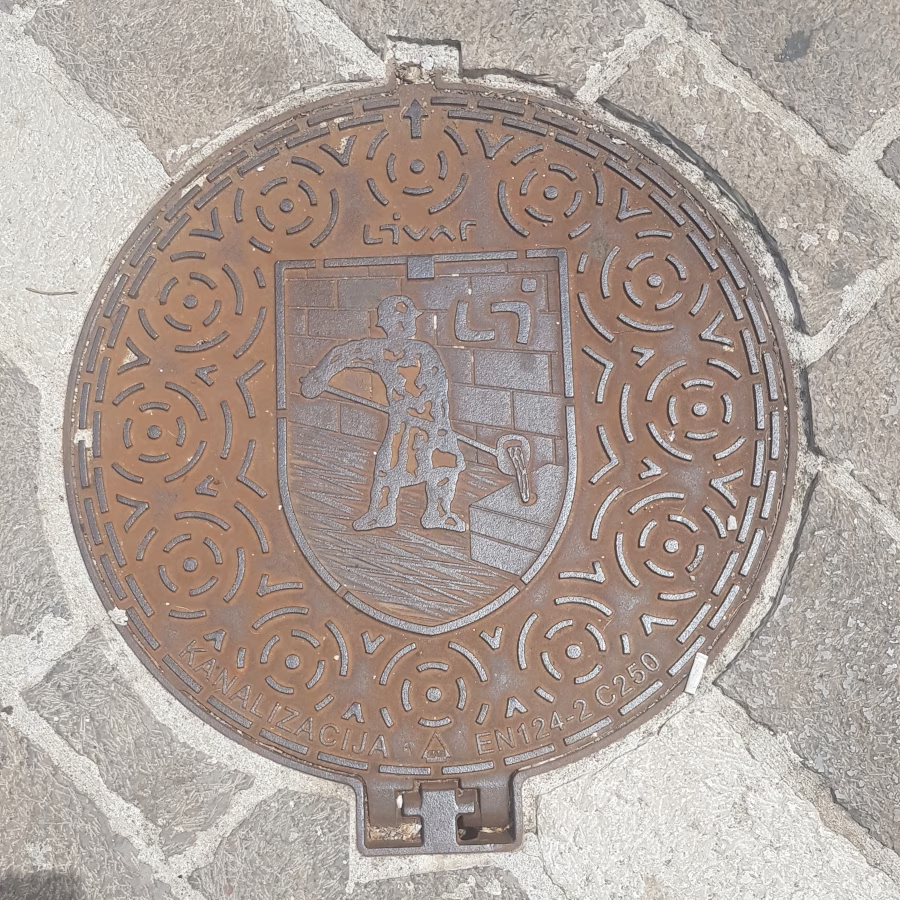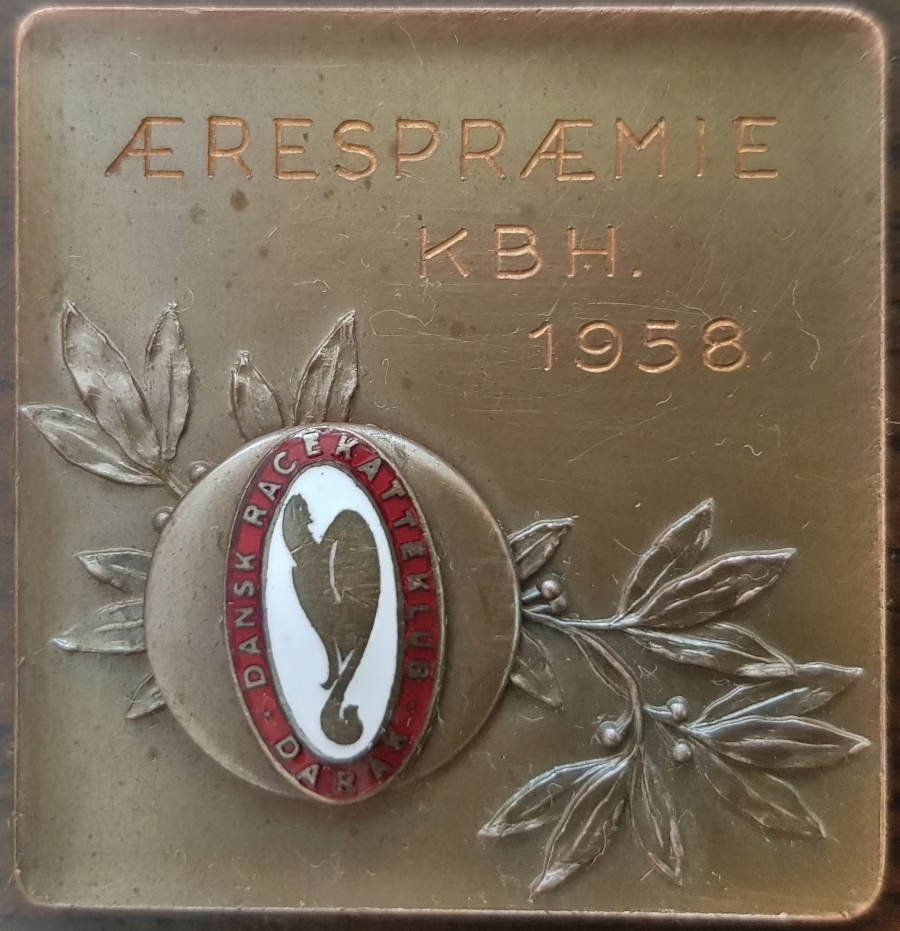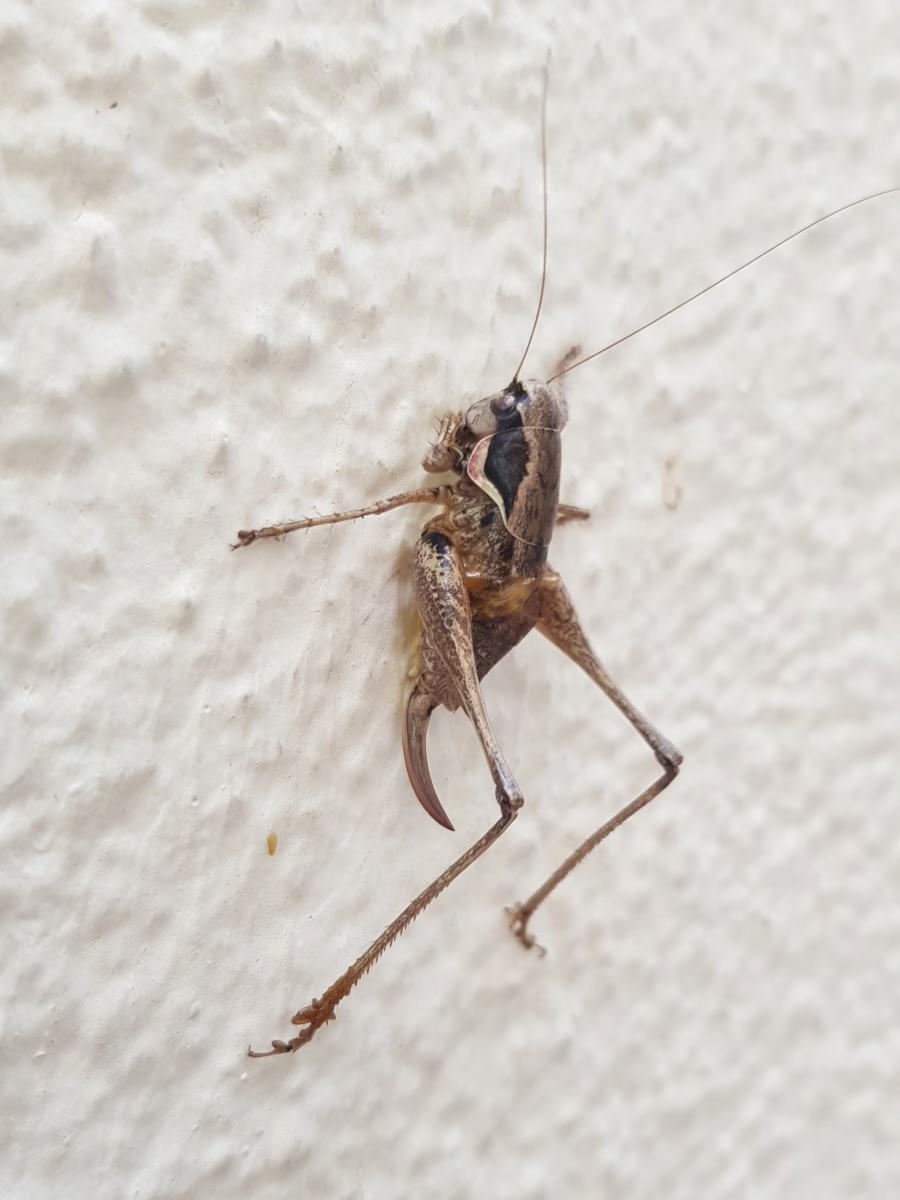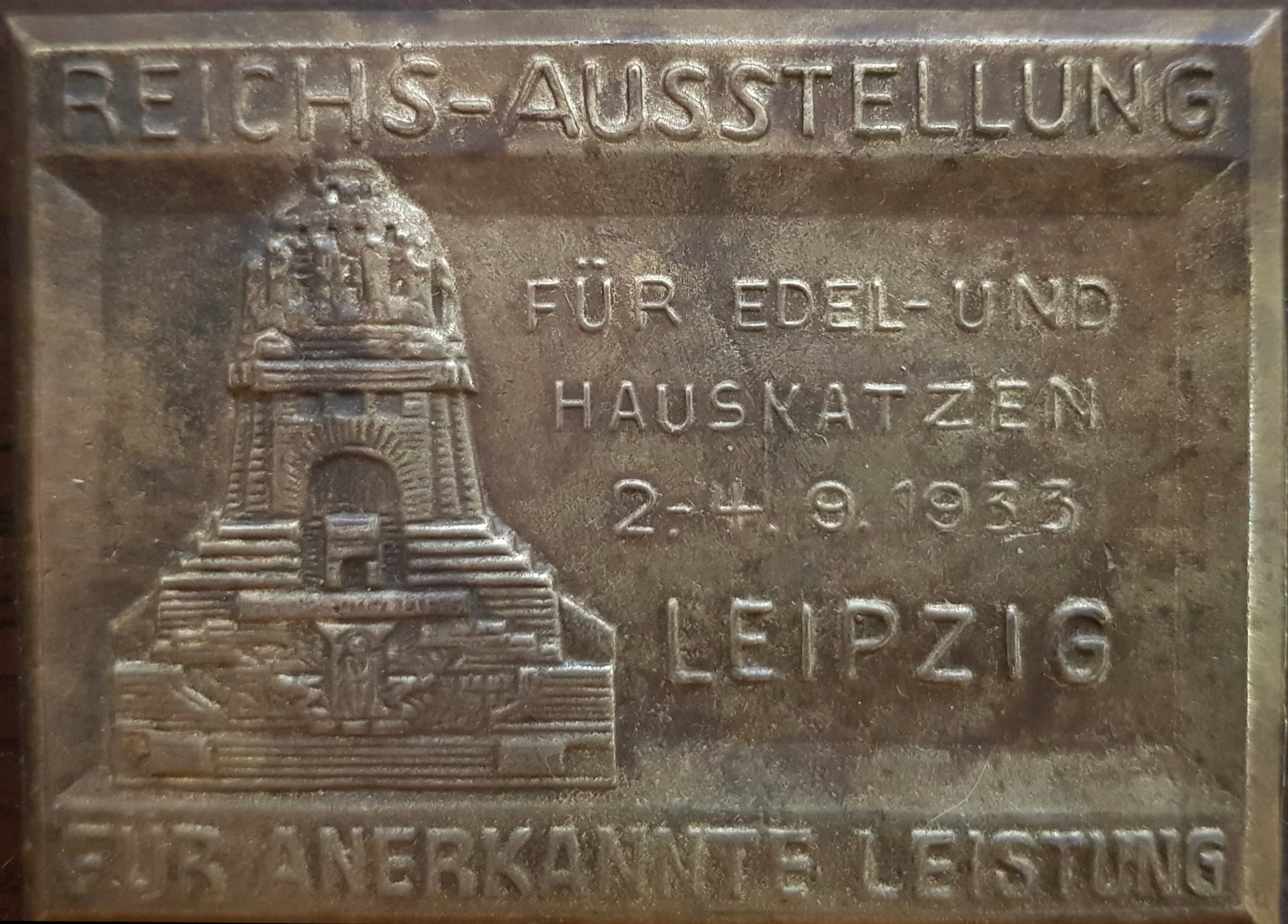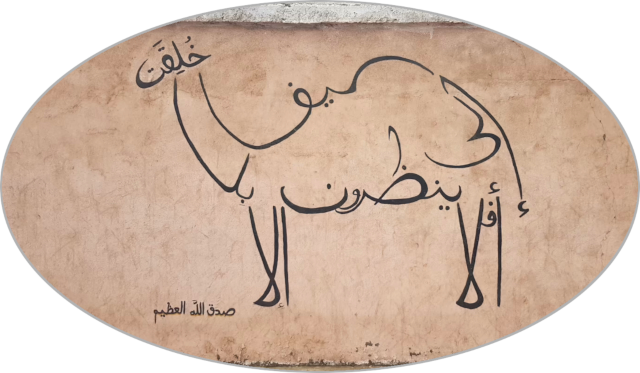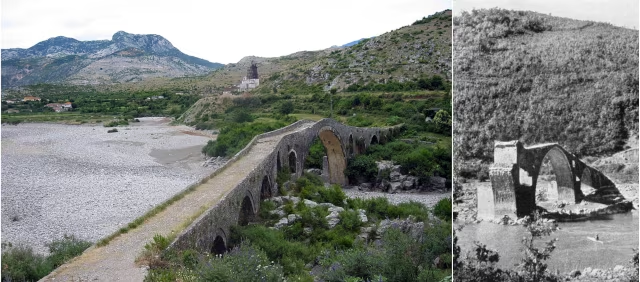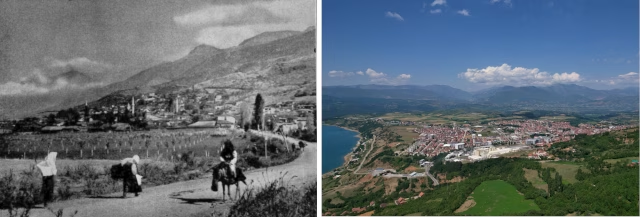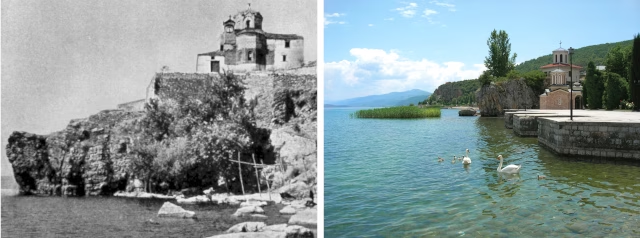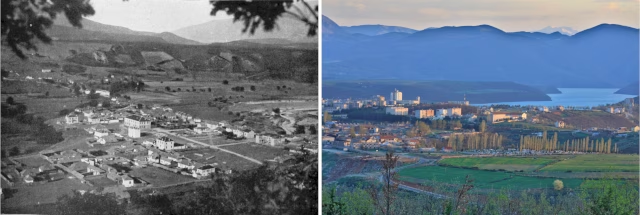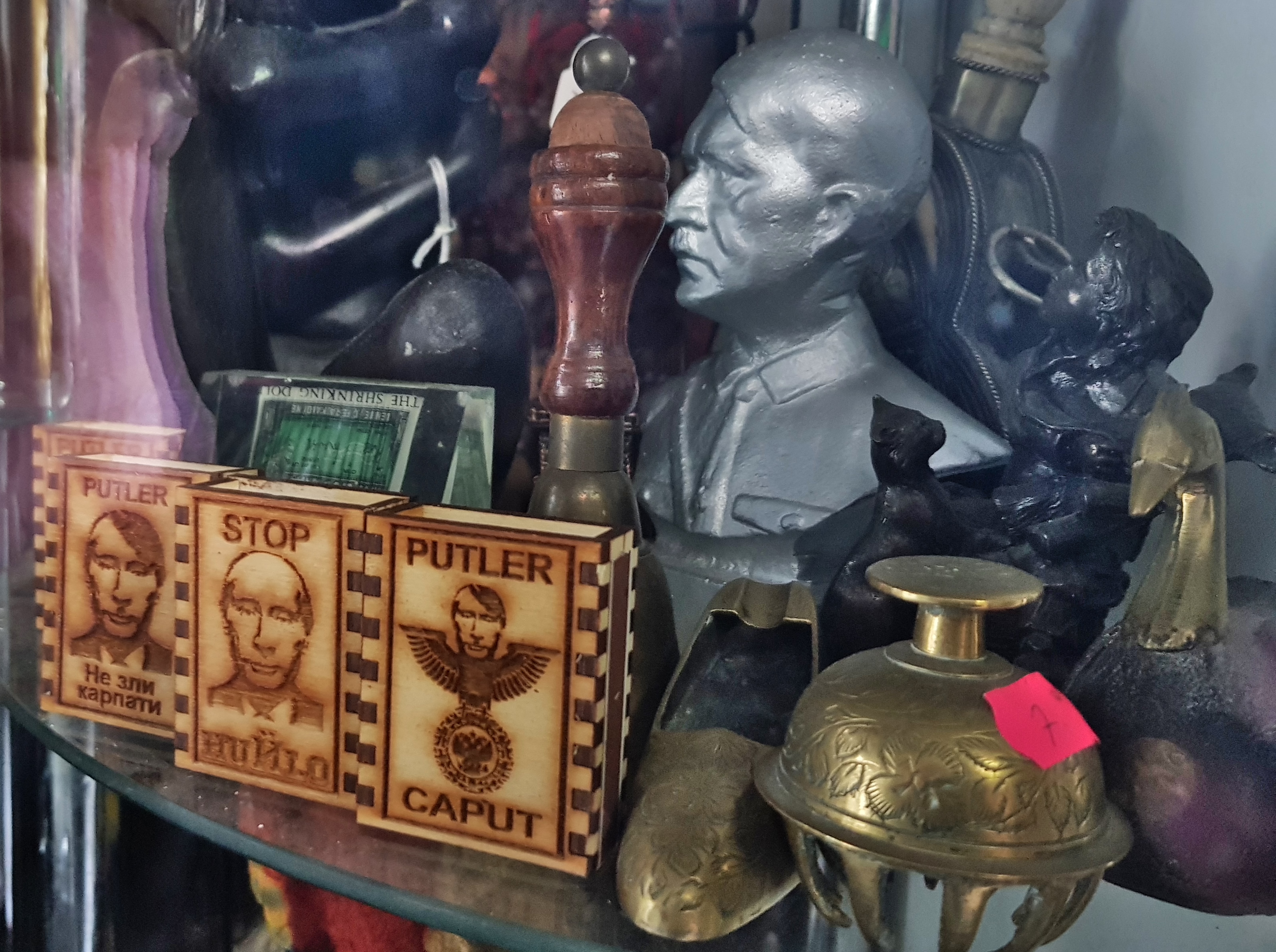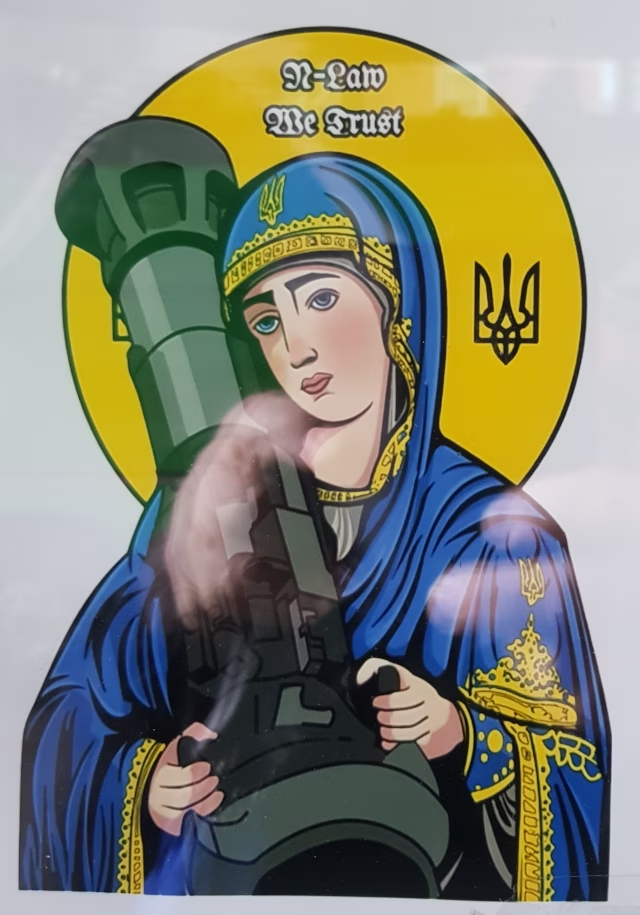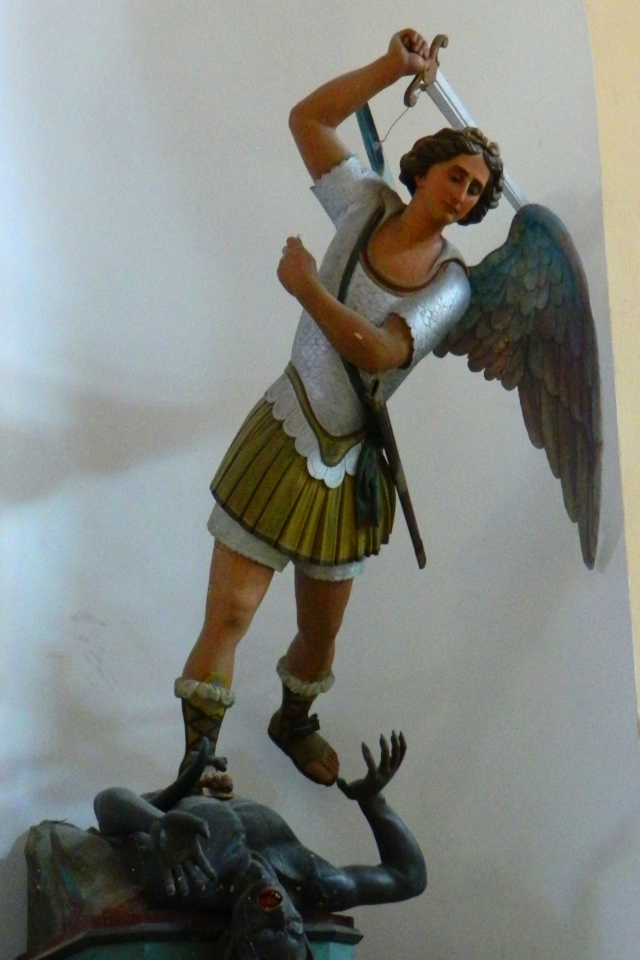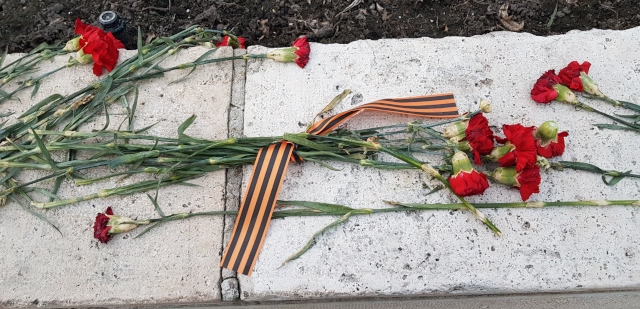Your browser does not support .avif images. Please view on a modern desktop browser, released after autumn 2021. No apologies for not supporting Microsoft’s rubbish. View this page on the desktop mit Google Chrome from version 82, Opera from version 71, Safari from version 16.1, oder even better Firefox from version 93.
Loop 1: Overlanding it to Georgia and back
To Istanbul into the winter
A gloomy afternoon in the first week of March in the second year of the Spahn-Söder mask dictatorship [Spahn and Söder are two ministers, proponents of a strict lock-down policy]. “I have to get out of here!” Almost all European countries1 had already had their “Freedom Day,” or at least for those who had been vaccinated, it was about to happen. Even the conservative broadsheet Neue Zürcher Zeitung had titled on January 19: Arbitrarily strict: Germany’s Corona policy is yesterday’s news.
2
The bad thing about totalitarianism (Theoretical background. Nolte, Ernst; Die historisch-genetische Version der Totalitarismustheorie: Ärgernis oder Einsicht?; Zeitschrift für Politik, N.F. Vol. 43 (1996), № 2, S. 111-122.) is not that evil people intend evil, but that good intentions are expanded immeasurably until they finally swallow everything else in society. Thetotally goodperson is also so dangerous because the totally good believe until the very last moment that they are on the right side. They are completely blind to the insight that one must allow oneself to be limited–especially in one’s best intentions.
So, on Tuesday, off to Goethestrasse, where a Turkish travel agency had advertised buses to Istanbul for € 90. Departure was Friday, March 11, at 2:30 p.m. from the central bus station. The bus and I arrived three-quarters of an hour early. I was standing there with my luggage when my phone rang. Where was I? One of the men standing around was also the driver. He gave me his card under the Alpar network, so I could book directly with him in the future.3 He drives the route every week. Nothing exciting happened during the trip.
Then, just before we arrived, the weather report came in – a snowstorm in Istanbul, the first in March in over thirty years. Everything was closed except for a few main roads. The final stop was a few hundred meters from the bus station („Otogar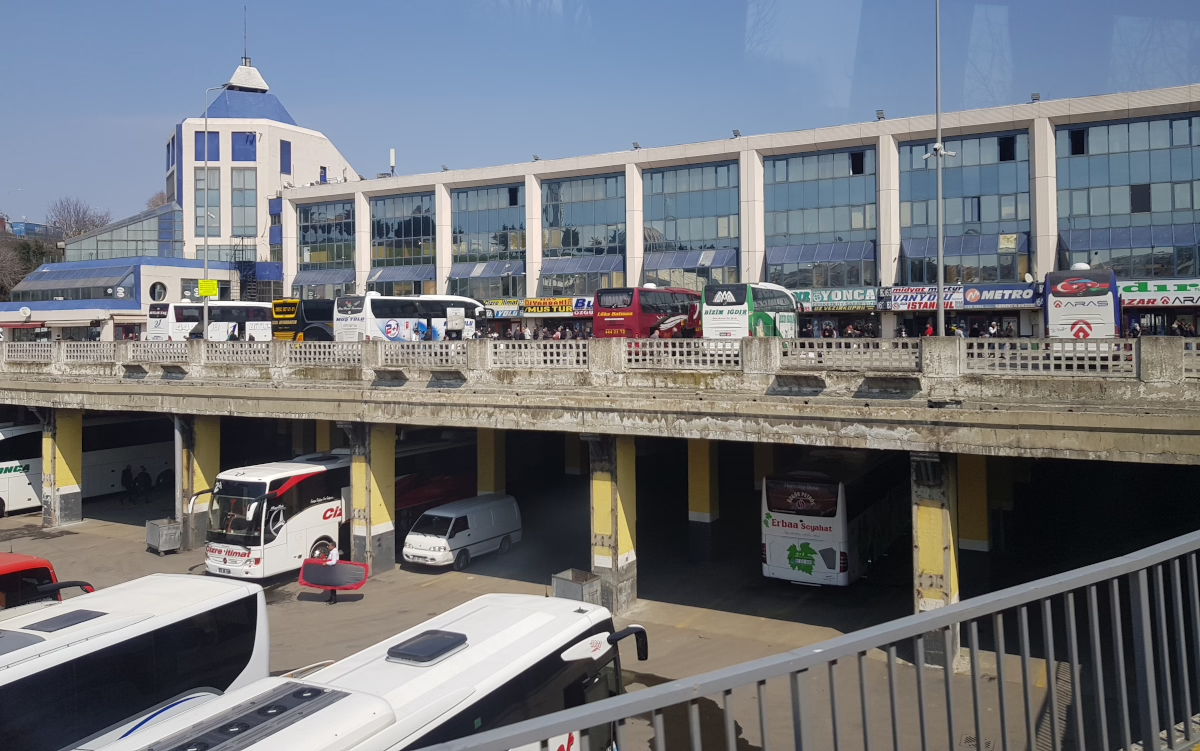 “). I trudged through a foot of fresh snow to get there; it was just before midnight. Both of the hotels belonging to the bus station were, of course, fully booked. A friendly snow shoveller showed me the way to the mosque and told me to sleep there. Not my thing; I found a spot on the floor in one of the waiting rooms. I put in my earplugs, rolled out my yoga mat and lay down in my sleeping bag – why else am I lugging all this stuff around? Peace and quiet until I was woken up by security guards at 6:30 a.m. The storm had passed.
“). I trudged through a foot of fresh snow to get there; it was just before midnight. Both of the hotels belonging to the bus station were, of course, fully booked. A friendly snow shoveller showed me the way to the mosque and told me to sleep there. Not my thing; I found a spot on the floor in one of the waiting rooms. I put in my earplugs, rolled out my yoga mat and lay down in my sleeping bag – why else am I lugging all this stuff around? Peace and quiet until I was woken up by security guards at 6:30 a.m. The storm had passed.
I took the subway, still using my Istanbulkart with credit from last time, to the Aksaray district, near the international bus station. I quickly found a reasonably affordable hotel, Hotel „Kosova 2“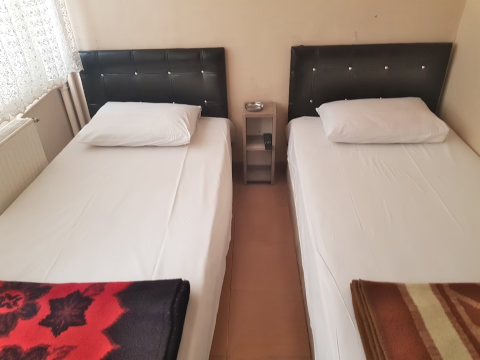 for 250 TL. Unfortunately, after my first nap, I discovered that the bedding was infested with bugs –welcome to the Orient.
for 250 TL. Unfortunately, after my first nap, I discovered that the bedding was infested with bugs –welcome to the Orient.
I’ll stay one day to trudge through the melting snow and mud until the bus to Batumi leaves in the afternoon on day two. At least time to visit the Hagia Sophia, which has been desecrated once more and turned into a mosque. The last time I visited in February 1994, large sections of the dome were covered in scaffolding for renovations. Today, large korpus in the corners spoil the interior. One advantage, however: back then you had to pay to enter the “museum,” but today you don’t have to pay to enter the mosque. The forecourt is cordoned off by security forces. Their frequent presence, as well as the repeated ID checks during night-time bus journeys, is one of the reasons whilst I keep telling myself I really should travel extensively in Turkey, every time I get there I don’t like it and quickly move on. Islam ist the second big piss-off: Turkish Vice President Bülent Arınç said already in 2011 that women should please refrain from laughing in public: It is supposedly just as incompatible with the values of Islamistic virtue as the display of feminine charms. (If you want no one to laugh in public, perhaps you shouldn’t have a joke for a premier. Recep Tayyip Erdoğan, exklusiv und live im ZDF: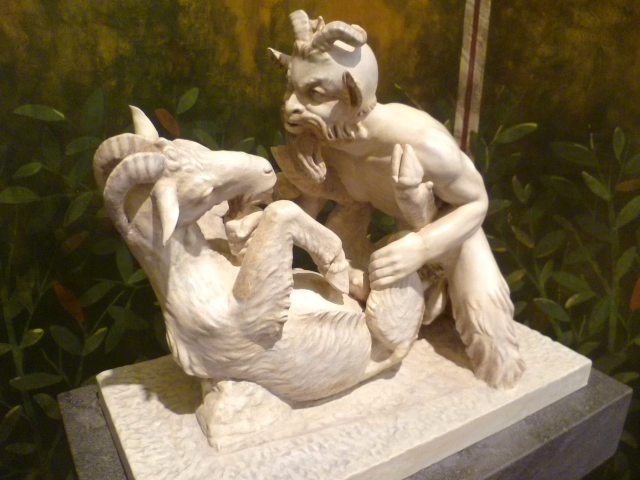 Given the dreadful weather and cold, there was really little reason for staying. I had already experienced the general weakness of Istanbul’s heating systems when I passed through from India in February 1994.
Given the dreadful weather and cold, there was really little reason for staying. I had already experienced the general weakness of Istanbul’s heating systems when I passed through from India in February 1994.
A little further along the waterfront, you’ll reach the disused former main train station, Sirkeci, (Türk.: Marmaray Sirkeci İstasyonu.) where only one remaining ticket counter would have sold tickets for the sleeper train to Sofia had the service not been suspended due to the coronavirus pandemic. [Trains have been running again since April 25.] The small railway museum (one hall) was also closed. A little further on are the Bosphorus ferry terminals and the Grand Bazaar (Kapalı Çarşı). There’s nothing to buy, which I’d want to add to my backpack on an outward journey.
The next morning, I strolled around the area until checkout. Shortly before noon, I passed a restaurant serving “roast quail .” A must-try!
After this thoroughly enjoyable meal, I collected my backpack and walked the nearly two kilometers to the bus station. An uneventful overnight drive east followed.
.” A must-try!
After this thoroughly enjoyable meal, I collected my backpack and walked the nearly two kilometers to the bus station. An uneventful overnight drive east followed.
For the first time, I had used the option to enter Turkey with my ID card. You are given an A5-sized sheet of paper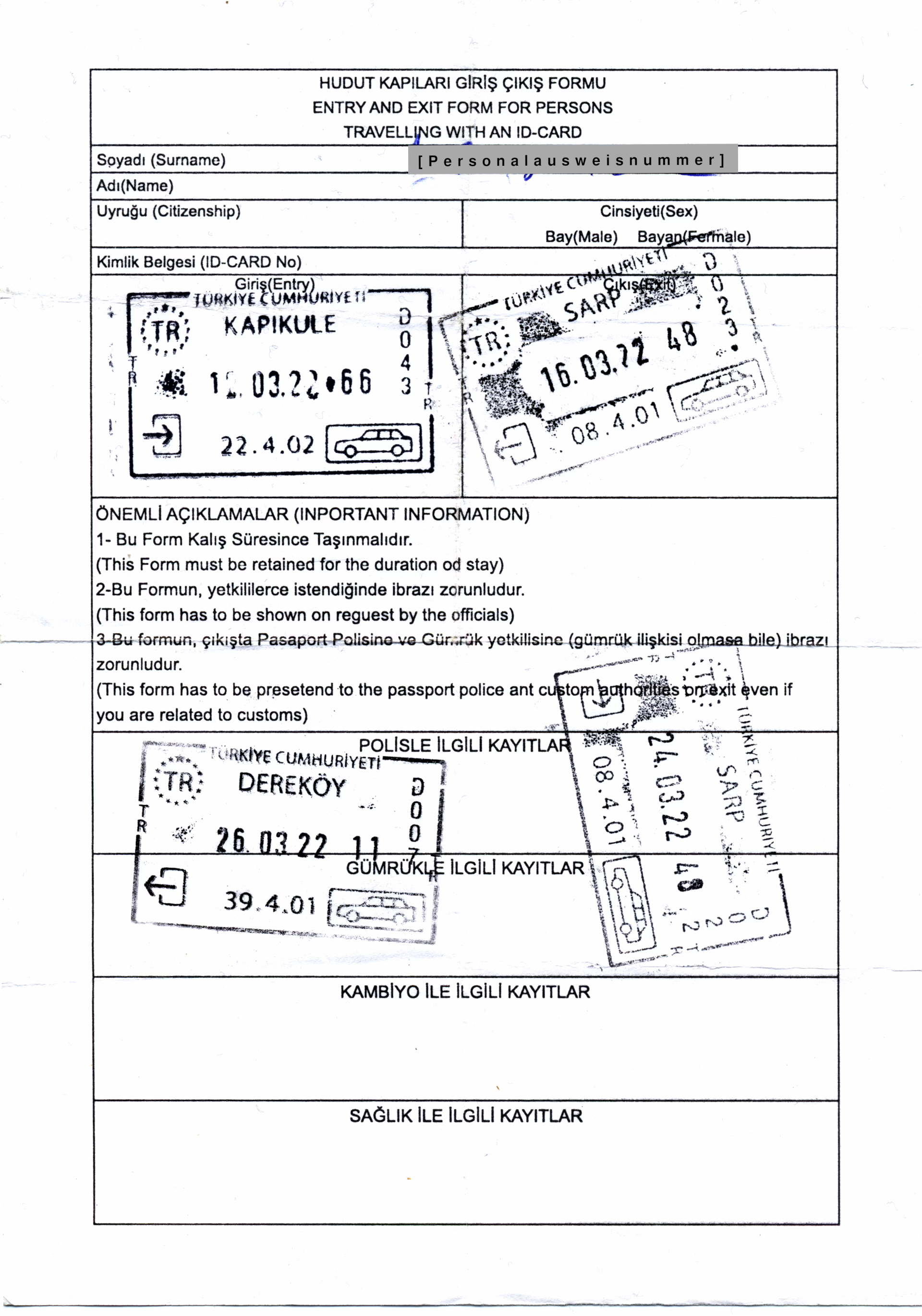 on which the stamps are affixed. The funny thing was that after she and two colleagues had spent five minutes ranting about the taped-up access number (CAN), until a superior with good English clarified the matter, the Georgian border guard said that the Turkish slip with their stamp would be sufficient as proof of entry into Georgia. Spoiler: Upon exiting her colleague saw things a bit differently, but was eventually persuaded. It was clear that the otherwise very relaxed Georgian border guards had obviously received instructions to be more strict once the special military operation had been going on in Ukraine for the past three weeks.4 Some Russians in the queue were also held back to the back to supply some additional (financial?) documentation.
on which the stamps are affixed. The funny thing was that after she and two colleagues had spent five minutes ranting about the taped-up access number (CAN), until a superior with good English clarified the matter, the Georgian border guard said that the Turkish slip with their stamp would be sufficient as proof of entry into Georgia. Spoiler: Upon exiting her colleague saw things a bit differently, but was eventually persuaded. It was clear that the otherwise very relaxed Georgian border guards had obviously received instructions to be more strict once the special military operation had been going on in Ukraine for the past three weeks.4 Some Russians in the queue were also held back to the back to supply some additional (financial?) documentation.
While waiting for the bus to clear customs, I exchanged some money with the vultures at the border and were bought a khachapuri [pastry filled with white cheese], which was probably two days old and tasted cold as cardboard, for 3.50 lari. The usual street vendors with local, clear liquids either hadn’t gotten up yet or weren’t in the mood in this awful weather.
Batumi
March 20-25th: I like Batumi, I always have since my first arrival. However, I still haven’t found a truly good place to stay. It should be noted that all hostels in the country had to close due to the coronavirus pandemic. Since there was no government aid, this probably means that there will be fewer affordable accommodations in the 20 Lari range in the future.5 I’d previously stayed at the Toka+ Hotel for a week. The charming manager, about whom the saying Let me have men about me that are fat
was created, even though we don’t speak a common language, wasn’t snoring at the reception this time, but some young fellow did the Check-in. He was having trouble calculating 5 × 40. Eventually, he figured it out. During my four stays in the hotel, I was never sure whether the ladies who sometimes worked at the reception desk in the evenings weren’t retired “ladies of the night” – there are plenty of those in Batumi along the main street opposite the archaeological museum – booking in “short-time“ visitors. I never had the impression that other guests stayed longer than one night. On the other hand, only once did things get really loud in the room next door for about 2½ hours.
For days I hoped for better weather and a bit of spring – a few years before, I had been able to lie on the beach in mid-February and little H. even swam in the sea here on March 1st. But it didn’t work out this time. TV weather report that evening: thick clouds over the entire Black Sea – but there only. On my second day, a sprinkling of fresh snow, otherwise rain with short intermissions. Only bearable with clear liquid from a market woman. After five days, I’d had enough. Plan: via Akhaltsikhe to Kars in the far reaches of Turkey.
Akhaltsikhe
There are two ways to drive from Batumi. The direct 163-kilometer road via Khulo is poorly developed and mountainous. So poorly developed that not even marshrutkis run in winter. So the only option is the 320-kilometer route, first north on the E70 up the coast, then inland on the E60 to Khashuri (ხაშური) and then back down. But at least there you can see the speed with which the Chinese plow the 51 kilometers of highway through the Rikoti Pass. The disadvantage of this route is that almost six hours in a marshrutka is no fun for one’s buttocks. We left at 8:00 a.m. and arrived at 2:30 p.m.
Achalziche (ახალციხე) is located on the Kars–Akhalkalaki–Tbilisi–Baku railway, which has been in operation for freight since February 2021. The announced start of passenger service has been postponed several times and is not expected any time soon, simply because Georgia has used the coronavirus crisis as a reason to virtually completely cease passenger services. Not for reasons of public, but simply because they don’t want to spend money on new carriages. Southwest of the city is the Posof-Vale border crossing with Turkey; with the Turkish-Armenian border closed, the shortest route from Western Armenia to Kars runs through Akhaltsikhe. Kars was where I wanted to get to.
I also wanted to treat myself to a more luxurious room for once. The “Grand Palace Hotel,” right next to the bus stop, was closed. Through the underpass toward the castle, practically every building is a guesthouse. I went into the first one. It was brilliantly named “Minimo Hotel” and turned out to be perfect. A friendly hostess, a clean, large room and only 30 ₾ to boot.
I wandered a bit through the small town, bought some spices for a Georgian friend at home and my first bottle of Stalin wine for 25 ₾. It was also pleasing, as we were far enough away from the Black Sea weather cauldron, to enjoy sunshine for the first time in ten days. The following morning, I climbed to the somewhat kitschy renovated castle (from the 13th-14th centuries), which also houses a former mosque. The 2012 renovation, which included a golden roof, was controversial in Georgia not only due to concerns about conservation standards, but also due to the dubious funding, which came from the police budget. Overall, the renovation may not have been authentic, but it was a success. For people with walking problems, the many steep stairs are often impassable as they are without railings and paving. Absolutely unsuitable for wheelchairs and strollers. Part of the complex is free to visit; the larger, renovated part is the “Historical Museum of the Samtskhe-Javakheti Region,” where, in addition to the renovated buildings, you can also admire archaeological finds and historical Georgian manuscripts.
The Georgian government’s coronavirus website stated that all land borders had reopened. I should have become suspicious that there were no departure times for Turkey posted at the bus station. Looking at the pictures of the route map and the restroom, this is hardly surprising. The next morning, at the very un-Georgian hour of 8 a.m., I grabbed the only taxi driver at the stand right in front of the guesthouse and negotiated a much too expensive 30 ₾ for the fifteen kilometers to the border. The journey went through a truly remote part of the country. A short distance before reaching the border, a customs officer stopped us: "Freight in trucks only." I can’t say the taxi driver looked all that surprised. I went back with him. The double fare was already annoying. The World Heritage Site in Kars will have to wait even longer for me.


So after a three-hour wait, I took the next marshrut and drove six hours back to Batumi.
There was one advantage to this – I didn’t freeze to death. The weather forecast for the last few days had predicted temperatures of -6–8 °C for Kars, which I didn’t really have the clothes for.
After another night in the Toka Hotel, the next day I bought a ticket for the early bus to Trabzon (200 km). At least you could visit the Sumela Rock Monastery (Meryam Ana Manastırı) there.
Unfortunately, the weather forecast for this region got even worse, predicting temperatures of -16–18 °C for the altitude there. Fuck it – I've had enough, get out of this murky soup and take the connecting bus at 5 p.m. back to Istanbul. Erdogan’s police state is starting to get really annoying after the third ID check of the night; I've lost count after the fifth.
Journey home
Arrival in Istanbul early in the morning. The journey into Istanbul went “around and back” over the new, third Bosphorus Bridge (Yavuz Sultan Selim Köprüs), which equates to a detour of a good sixty kilometers, but certainly no loss of time given the amount traffic on the other routes. Whatever you think of Erdoğan’s policies, the immense construction activity and investment in transport infrastructure over the last fifteen years represent enormous progress. In brilliant sunshine, flocks of storks could be admired on their flight north from Africa. The good Sim Hotel, which I had stayed in the previous autumn and is located right next to the international bus station (Emniyet Otogar), was unfortunately full. So I crossed the street to the Hotel Best Ömer, which was not half as good but at 350 TL a lot more expensive. A ticket was quickly bought for the bus to Bulgaria (night trains were still not running until the end of April). Strangely enough, it said “Constanca” on it. You don’t need to ask too much at the booths at this bus station; they only accept euros and cash. Departure is at 5 p.m. Kicked out in Burgas shortly after midnight. Cold, windy, couldn’t find a safe place to roll out my sleeping bag. Off at the very first opportunity to get out of here, early in the morning. Luckily, one can buy a ticket from the machine in the train station hall at 5:30 a.m., but the entrance to the platforms for the 6:02 a.m. train remains closed. One has to exit through a side gate to the tracks. I barely figured that out until five minutes before departure. The compartment is freezing cold.
March 27-28th: Arrived in Sofia in the morning. Quick walk approximately one-kilometer downhill to Lions Bridge, where the district with the cheap accommodations begins. At the roundabout, I entered the Edona Hotel, went up to the reception on the second floor, paid 47 leva (1 leva = 1 DM) for two nights. The card reader didn’t work, so I paid in cash. The room was supposed to be on the fourth floor. When I got inside, I was shocked. Ripped-out cables, filthy walls, etc. I've never seen anything like it in Europe. I was so shocked that I didn’t even take a picture. I immediately went back down to reception: “I’m not staying here.” After a weak attempt to talk me into another room, the girl (obviously a student assistant with good English) was persuaded to give me back the room rate. Lucky me. More experienced guesthouse owners say, “Sorry, no refunds.“
Across the street is another dive, the “Hotello.“ When I asked the fat gypsy woman at the “reception” using sign language if I could see the room first, all she got was a shake of the head. I wouldn’t have gotten a penny refunded from that one.
So I continued a hundred meters to the Kniaz Boris Hotel, “excellent” with a two star hotel board rating – and that was it. Aside from the wobbly banister, no complaints. You can tell that a housewife is in charge. Well cleaned, lots of flowers. I’d definitely go back.
The one train a day from Sofia to Craiova and then on to Bucharest in Romania leaves at 6 a.m., but takes nine hours according to schedule to cover the 300 km. 45 minutes of that are spent changing trains in the border town of Vidin (Видин). Bulgaria and Romania are neither yet part of the Schengen area [included 1. Jan. 2025] and two police officers conduct a very cursory check: one glance at your ID and you’re done. At the station, there’s a sign mentioning that the line improvements were funded by the EU. What’s not said is that the funding was only enough for the large Danube bridge and five kilometers of track in Romania. After that, they don’t even weld the rails together; it’s just “cachunk, cachunk, cachunk.” At times, the speed is 20 km/h. The remaining hundred kilometres to Craiova take 3¾ hours.
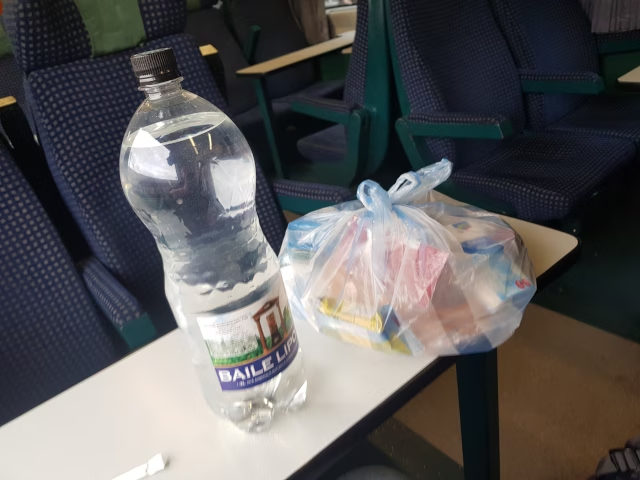
Almost nobody was on the Romanian train. The volunteers helping “refugees from Ukraine” forced a bag of food on me.
Craiova is an industrial city that makes a decent living from car manufacturing. (German unemployed, especially Opel workers in Bochum, should be reminded that your jobs have been globalized here.) The old town is nicely decorated and, on the first balmy evening of this trip, pleasant enough to sit in a side-walk café. There’s even a tobacco shop that sells cigars, something rare in Eastern Europe. The first hotel I found online was being renovated, so off I went in a taxi to my second choice, the “Green Hotel.” The name says it all; that colour is everywhere. The price was reasonable and I got a room with a bathtub, all together bigger than my apartment at home. My only mistake was letting myself be talked into breakfast. A very meager buffet for the price, while behind a thin plastic sheet in the dining room, two men jackhammering are busy generating a lot of dust and even more noise. Dear management: this is NOT “Service”. Tell those guys to at least work somewhere else until breakfast is over!
A day’s stay in town, shopping spree, new hiking boots.
The next morning, I took the train to Budapest, changing trains in Arad and arrived late in the evening. The next rain front was just beginning to unload its cargo. The first train to the border, heading for Bratislava, departed at 3:40 a.m. – but not from Keleti Central Station, but from Déli on the other bank of the Danube. My stay was too short for a room and I was too wet to sit in the park. Despite the drizzle, I decided to walk the 5½ kilometers. A whole row of homeless sat on benches under an arcade. One of them, an elderly man with a stubble, was still awake – I could look like that in five years, too. The 2,000 forints I spontaneously handed him hopefully made the following day easier. From the Danube Bridge, there was a good view of the castle until the floodlights were turned off. At the station shortly after 3:00 a.m., I got a ticket from the machine and I was incredibly thirsty. Unfortunately, the machine didn’t accept coins, only cards–the equivalent of 34 euro cents for the bottle and the bank got a 2.6 % foreign transaction fee! The idiocy of modern bcashless” traffic.
Towards the Slovakian capital, to Petrzalka station, I use a small Hungarian train line, bypassing the faster route through Austrian with its horrendous train prices. (According to bahn.de Munich – Vienna – Bratislava full fare is € 112-121. For my part a travel for free to the Czech border, than hop aon local trains for the grand total of € 22 as far as Bratislava.) I actually intended to stay in Bratislava one more time, but the weather was so bad again that I immediately bought a ticket via Prague and Pilsen for € 18 at the main station and was able to slip through to Munich via Domažlice. Off I went. In Furth im Wald, where the Bavarian border police feel they have to harass travelers despite “free travel in a free Europe,” one of the local boneheads opens the compartment door: “Do you speak German?” - reply in the possibly roughest local dialect “I’ll have to think about that now.” His obviously North German apprentice then says “Bye” [in German „Tschüß“] - the kind of inappropriate casual greeting police officers may deem to be “insulting a police officer” when used towards them. Perhaps these civil servants [the German „Staatsdiener“ has more of a the meaning of “footman” or “minion”] should practice “serving“ aspet of their duty more, especially towards the people who pay their salaries. Which amounts to “coppers” anyway – if you excuse that pun!
Three months in South America – Not!
I've been wanting to tour South America for a long time and for once, I had enough money in March. After a lot of planning, “with my finger on the map,“ the plan was to go to Colombia, the Guyanas, the Amazon basin, Peru and Chile.
At the beginning of March, I booked a cheap flight with Iberia to Bogotá online and the return flight 86 days later from Santiago de Chile. The booking code arrived via email and the note you can change your dates free of charge within 48 hours at […].
A quick look, no login possible, obviously a temporary software glitch. Whatever, I don’t want to change anything. At the beginning of May, there was still a lot of Corona paperwork to do for Colombia, including online pre-registration, booster vaccinations and so on. US$ 2,000 was exchanged at the worst possible rate because the military presence in Ukraine primarily benefits the US military-industrial complex and pushed the Euro down to parity.
Packed at the beginning of May, emptied my fridge, gave the flowers to the neighbour, etc. Early on the scheduled date of May 11, the lady at the check-in counter said: I can’t find your name in the system.
She checked again, nothing - panic on my part! The lady remained calm, made two phone calls and finally: Your flight booked on the 17th was canceled on the 18th.
It was obvious that she couldn’t know any details about this; I returned home with a bottle of Munich beer from the airport supermarket. That was when I first read the reviews of Iberia’s service. They indicated the worst. I never call service hotlines with the chargeable hold-loop scam anyway, so I emailed them with the explicit request that they reply in writing and not refer me to a hotline. That’s exactly the kind of response I received, barely ten days later: Call Spain for just €3.89/min.
or something like that. In the meantime, it turned out that no money had been debited (I could have noticed this earlier), so I was out of trouble. I never found out why the flight was canceled, but I left again as soon as I could to do:
Loop 2: bits of Brittany, Guernsey and Ireland

Onwards!
Brittany and especially the Channel Islands have long interested me. The problem is the short season there, which inevitably means high-season prices in both countries, which aren’t cheap to start with. May turned out to be bearable after all. I took the train on Saturday via Würzburg toward Frankfurt. Because the website of the “damned“ bus company [the “Flix” in the name correlates to the German word „verflixt“ – “damn it”] didn’t work on my phone, I booked a ticket from Brussels to Avranches in France for the following Thursday at an internet café near the Würzburg train station. That’s a town I’d never heard of, but it’s close to Mont Saint-Michel on the map.
While I wait for my connection, I subconsciously hum the Soviet anthem to myself on a bench in Würzburg’s pedestrian zone. This at a time when the media-driven hysteria of collective anti-Russian rhetoric is at its peak. An elderly gentleman two benches away smiles at me friendly, presumably a ethnic German repatriate from the former USSR. I’m just wondering what would happen if I dressed as “Zorro” next Carnival and left the appropriate marks with my rapier? 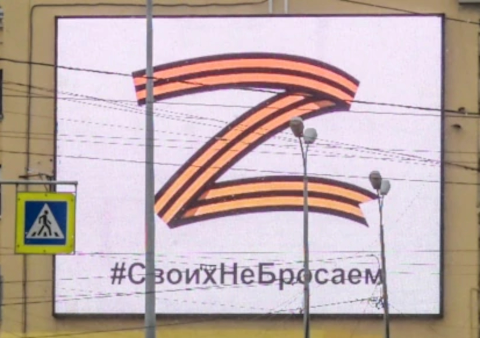
Sunday morning, May 15th, a stopover in Wilhelmsbad – another forgotten spa town where gambling was held in the 19th century. A stroll through the expansive park, the Philippsruhe Palace, built between 1700 and 1725, is only accessible with a pre-booked guided tour. It’s described as: Expansive English gardens with castle ruins, tree-lined paths and an 18th-century carousel.
Next to the park, all that remains is the base of one of the grotesque Bismarck monuments by the architect Wilhelm Kreis, a „Götterdämmerung“ type tower-01_480px.avif) that was fashionable around 1910.
that was fashionable around 1910.
On to Frankfurt, the underpass in front of the main train station leading to the red-light district is being completely renovated, so the good Chinese grocery store in the passage is unfortunately closed. To while away the Sunday, I continue to the Frankfurt-West subway station – its station restrooms are still as they were in the 1980s. There’s also a bicycle with luggage inside and in one compartment, the bum who owns it is loudly snoring in one of the cubicles. Then a junkie stands right next to me at the urinal – 😈 “trainspotting.”
The Senckenberg Botanical Garden, including the Palm House, is a park and recreational area rolled into one. The cashier said he’d have to tear open my disability card cover to read the percentage. Afterward, I was given the free admission I was entitled to anyway. In the park, you can use a “natural toilet” no water for flushing, but with sawdust – alas without any junkies. They used the coronavirus as an excuse to close the greenhouses. But there’s still enough time to kill until early afternoon.
From Frankfurt, there are two possible train routes to Luxembourg. I choose the southern route via Saarbrücken. I had already stopped here once on the way to Brittany eighteen years ago. Back then, I was having a snack in my Ford Transit (which wasn’t yet registered to me) when a police car pulled up behind me. I heard voices. He said: The MOT has expired,
she said, but not for that long,
and they buggered off.
On Monday morning, it was time for a visit to the swimming pool. I like to swim, usually a kilometer twice a week and it’s always interesting to see what indoor pools in provincial German towns look like. I chose the Alsbachbad partly because of its reasonable opening hours. It’s a remote location in a socially disadvantaged neighborhood. From the bus stop, you walk about a kilometer steeply down the hill.
I was still half an hour early for the opening. It was the first day of the summer season, but the outdoor area remained closed. Little by little, the local retirees gather. People know each other and gossip. Season tickets are being topped up. In my mid-fifties, I was the youngest visitor. Accordingly, it’s busy; we’re offered a small pool with a rope as thick as an arm separating the non-swimmers' area. The effective swimmable distance is maybe fifteen meters. In the second pool, several of the older people spend three-quarters of an hour treading water in circles. Nice enough – seen that one too. Interestingly, on the way back to the station, next to an industrial area, is a large transformer from 1972/3 set up in a cage which seems like a message from a different time, quality engineering and all that, not penny-pinching cheapo crap.
Night of the 17th/18th, I treated myself to a bed in the Dreisbach Youth Hostel, which appered nearby on the map, for just under € 40. I had originally planned to walk the three kilometers from a junction with a bus stop. It quickly became apparent: a long, steep climb. Luckily, the last bus of the day – at 3:45 p.m., because good public transport in Germany is intended to encourage people to use their cars instead – was a bit late, so I took it up the hill. The youth hostel is located in the middle of the forest and the only bus going in the other direction leaves early in the morning at 7:30 a.m. – Google Maps can be deceiving. The youth hostel itself deserves nothing but praise. A super friendly reception, well-maintained and with two classes of fourth-graders from Saarbrücken on a school trip. The sports teacher is the class leader and has her bag of fleas well under control. My journey continues via Trier with a short stopover. I was here a few years ago. The town administration still required masks in the pedestrian zone.
I’d also like to add this photo, which I took in mid-May 2022, at the height of the anti-Russian rage. It was taken in Trier, the birthplace of the most important German-speaking Jewish philosopher..
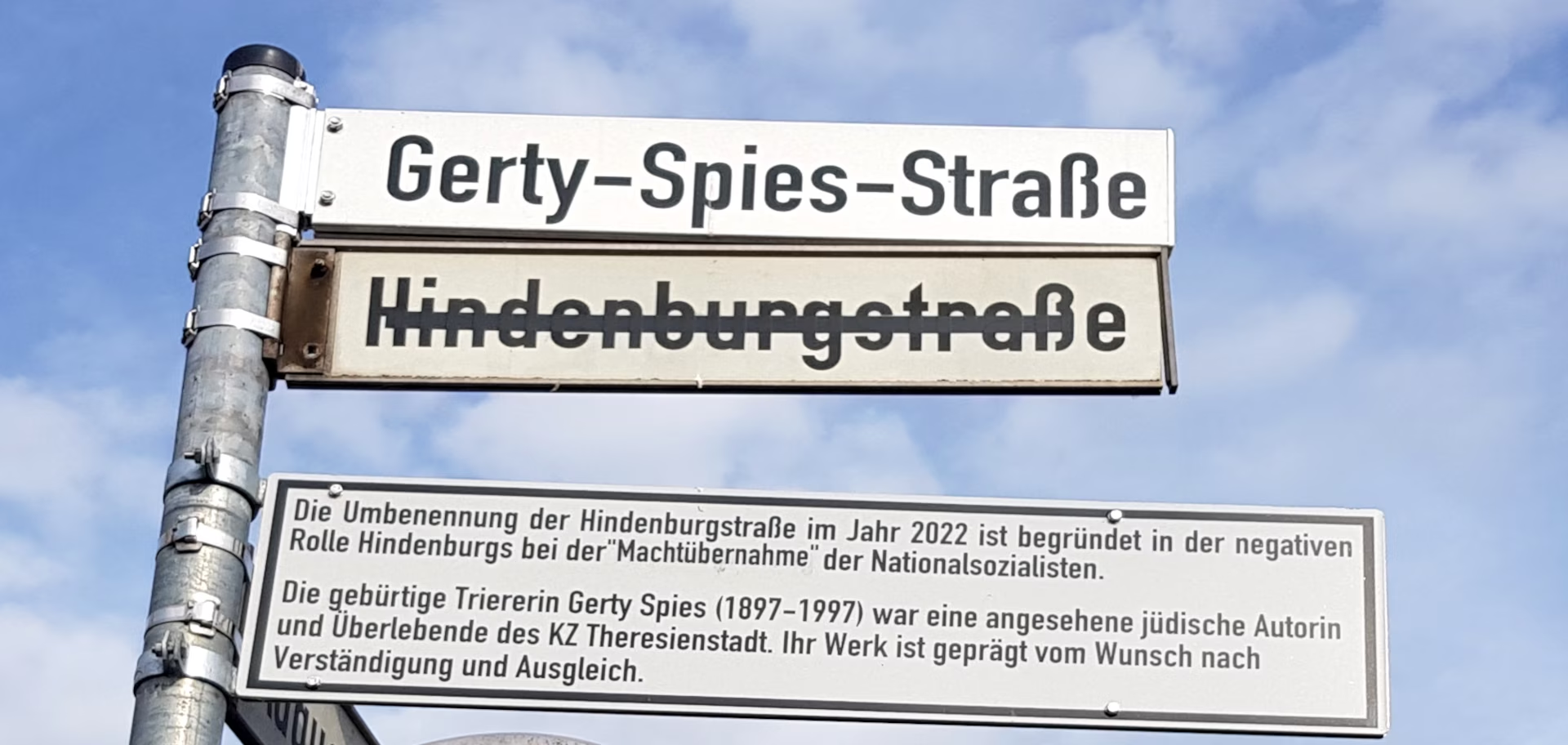
In a fit of pro-Semitic political correctness by the city’s council, a main street is renamed after a little-known Jewish woman (which seem to be her only qualifications) because of
Hindenburg’s negative role in the National Socialists’ seizure of power.
Leaving aside the poor linguistic logic [of the German text] – one forgets why Hindenburg was in his position [as president required to appoint the chancellor] in the first place: in 1914, he was framed as the “victor of Tannenberg.” His brilliant battle tactics had kept the “devilish Ivan” (Winston Churchill at that time: (We must rally against) a poisoned Russia, an infected Russia of armed hordes not only smiting with bayonet and cannon, but accompanied and preceded by swarms of typhus-bearing vermin.) off our backs by winning that very battle shortly after the outbreak of World War I. And now in 2022, when we Germans, on the bidding of our American masters, march against Ivan again, this victory no longer is an achievement worthy of having a street named after him? Arise! ye starvelings, from your slumbers … 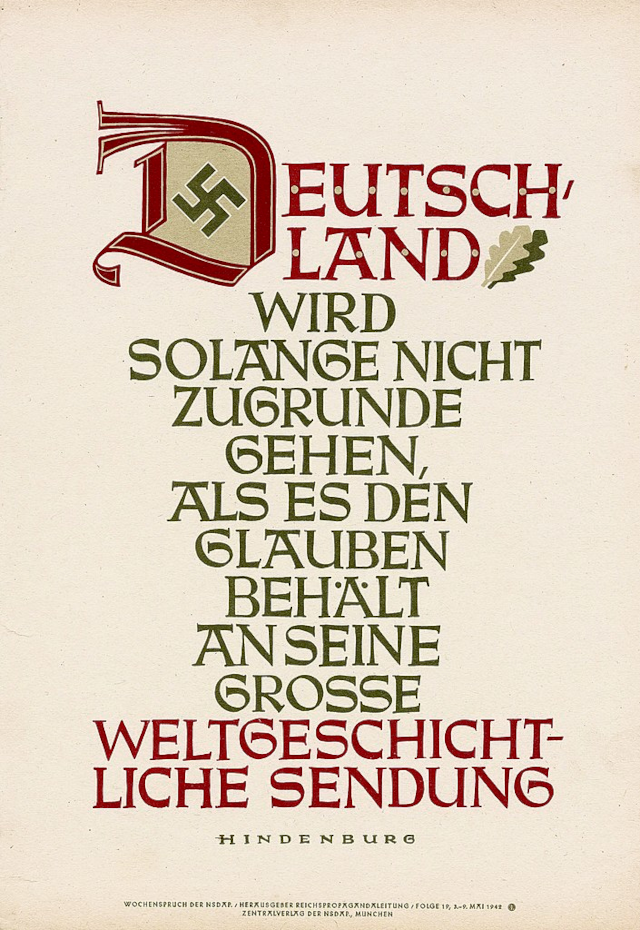 ”
”
Luxemburg
Across the border to Luxembourg. I bought ten packets of tobacco and rolling papers at the first tobacconist’s after the border. The only Luxembourger who works there seems to be someone who doesn’t speak German [she wasn’t Hungarian either]. This also determines my route to Ireland: by ferry, because Brexit not only meant Great Britain withdrew from the community of civilized nations, but also reduced the duty-free allowance.
The rest of the day is spent in the capital, Luxembourg, partly in the National Museum, partly lying in the park in the spring sunshine. 6
All public transport in Luxembourg has been free since February. Luggage storage at the main train station has been moved to the former ticket office. International tickets are still available in the concourse. I booked mine for the second-to-last train of the day at 8:15 p.m. to Brussels – in this time and age of paperless offices, when buying a ticket only get two A4 pages plus an envelope. Because I was so busy scrambling to get the ticket and rush to the train, I left the wrong piece of paper at the counter, but realized it just before boarding the train. I sprinted 300 meters back from the concourse with my luggage and the ticket was still there by the counter; the sales lady had just noticed it. Then had to sit around 90 minutes waiting for the next train.
The next day, before the bus leaves at Brussels-North, there’s another two-hour wait. Everything’s still closed. Even the railway museum that used to be in the station is permanently closed. The “bus station” consists of two half-open, drafty little boxes without benches. Typical of Europe’s capital. Palaces for the bigwigs, the people are freezing and can’t even buy cake. I’d already said on my first visit to Brussels in 1985: “If a few bombs had been dropped here in 1940, this city would have been a better place.”
Avranches turns out to be a disappointment. I’m standing in the lower part of town near the train station, a 20-minute walk from the city. Unfortunately, the town is near the border between Normandy and Brittany regions. Thanks to the “competition in local transport” mandated by the EU twenty years ago, bus networks are tendered regionally – here, the result is that you can’t get to Mont St. Michel (23 km) by public transport because it’s in a different region. Fuck it, just carry on this is not the Khyber after all. Meanwhile, the last bus of the day down the coast has already left; after all, it’s 5:20 p.m. At least the one bakery still has something to take away. There’s a train to Saint-Malo in an hour – not! It turns out to be a “rail replacement” bus service. Unfortunately, with a change in Rennes, instead of being 69 kilometers by road [from Avranches], it’s 145 kilometers by rail. While I’m waiting, a group of four young Americans come into the waiting room. The worst kind: loud, stupid and from the southern states. They can’t even manage to get a drink from the vending machine because the four of them can’t manage two euros in cash! Anybody over 30 watch this now: Dumbest Generation Ever
Rennes station is one of the SNCF’s new glass-and-concrete palaces. The last train to St. Malo departs just after ten. I get here just after seven, everything is closed, not a shop in the vicinity.
I find a set of keys and want to hand them in somewhere, but nothing is open. Ten minutes later I run into two security guards who look so puzzled when I hand them the keys that I assume they've thrown them into the nearest bin. The train, coming from Paris is initially announced to be 45 minutes, then 80 minutes late. This is the kind of evening that would be significantly improved by a reasonable amount of Calvados, but “nitschewo” - not even a can of Kronenbourg can be found, the greenish-yellow rice brew for which the Bavarian Purity Law (The „Reinheitsgebot“ is a series of regulations limiting the ingredients in beer in Germany and the states of the former Holy Roman Empire. The best known version of the law was adopted in Bavaria in 1516 (by William IV), but similar regulations predate the Bavarian order and modern regulations also significantly differ from the 1516 Bavarian version. Although today the Reinheitsgebot is mentioned in various texts about the history of beer, historically it was only applied in the duchy, electorate, then Kingdom of Bavaria and from 1906 in Germany as a whole and it had little or no effect in other countries or regions. In March 1987 French brewer Kronenbourg sued and, in the case of Commission v Germany (C-178/84), the European Court of Justice found that the Reinheitsgebot was protectionist and therefore in violation of Article 30 of the Treaty of Rome. This ruling concerned only imported beer, so Germany chose to continue to apply the law to beer brewed in Germany.) was sacrificed on the altar of European freedom of trade.
Saint-Malo
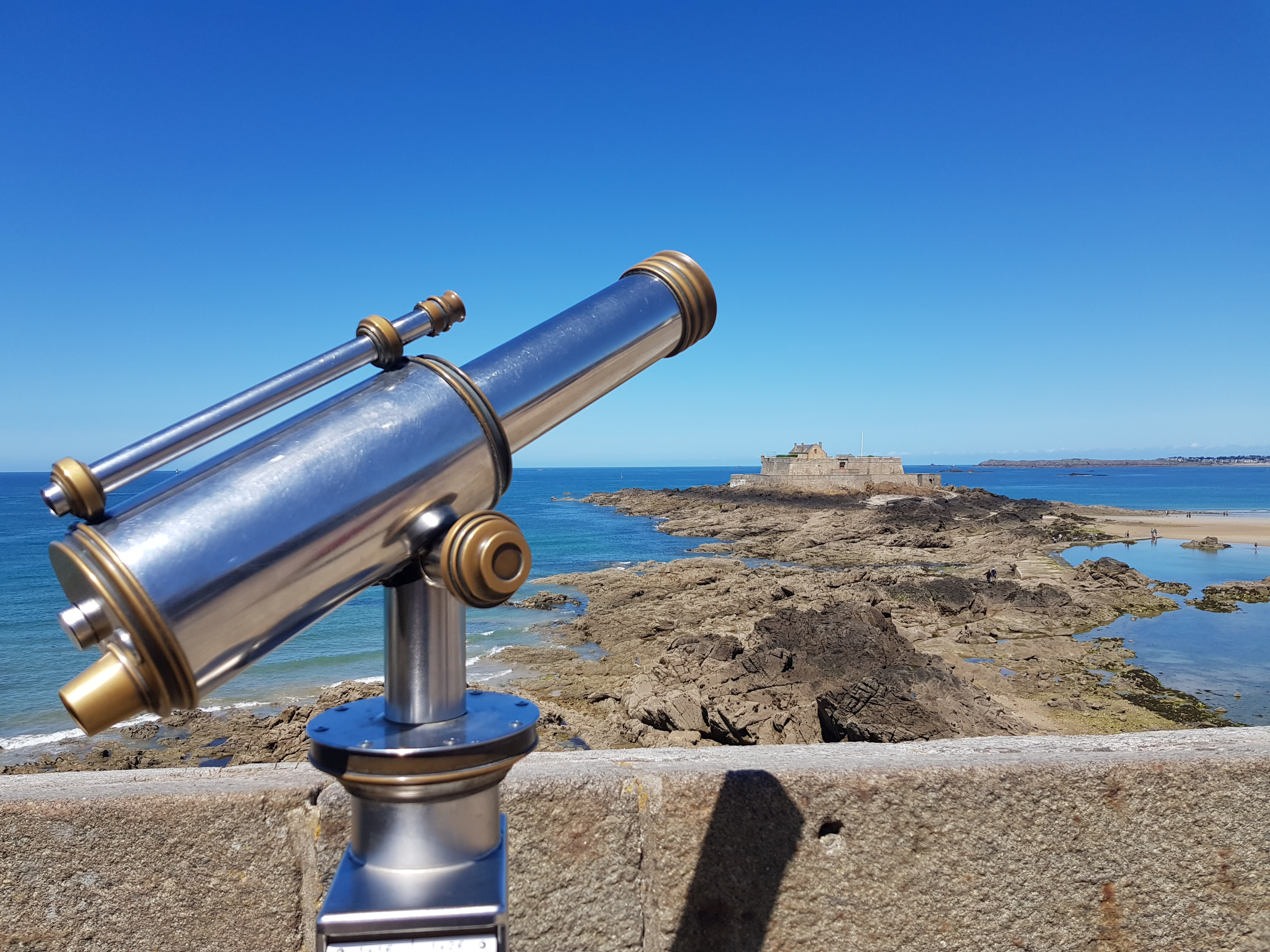
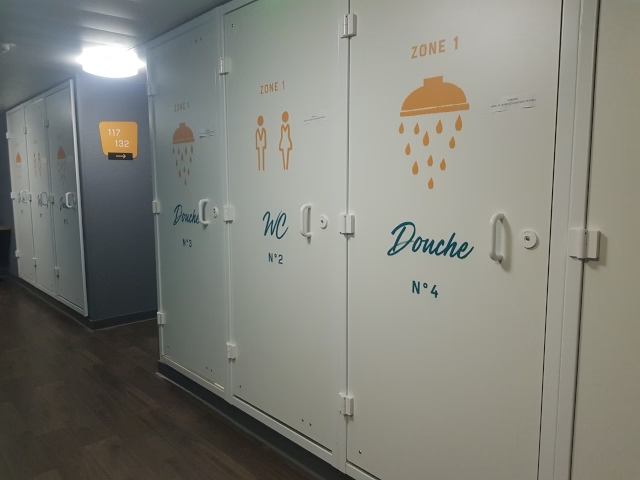
Saint-Malo is the correct French spelling, but I shall use the German style of St. Malo. People around here are proud of Chateaubriand, who was born here, which may be justified given his literary work; on the other hand, he also remained a royalist propagandist for the Catholic Church.
For the first time ever I've used booking.com. The only affordable hotel on offer is Hotel F1, a little way out of town. It turns out this is a budget chain belonging to the French Accor group. They send a reservation code by email, on arrival you pay at a box with your credit card to open the door, so you don’t have to worry about staff.
My train finally arrived in Saint-Malo shortly after 11 p.m. Ready to take a taxi the 4½ kilometers to the hotel, the three available taxis (an estimated 150 people got off with me) were snatched up immediately. So I walked to the hotel, which, as it turned out, was in an industrial park. A quick fight with the door code-check-in interface shortly before midnight. The bed was bearable, but in the shower and toilet, both plastic capsules 1.35 meters square, you have to be careful not to suffocate.
The next morning someone was there to serve breakfast (one thing one can always do without in French hotels). I decided to book a second night. That receptionist was extremely nice and spoke excellent English – probably because he wasn’t a “real” Frenchman, but a Negro from some colony.
Then I walked back into town, also to buy a new belt. It cost € 15 and after three days, I had to throw it away because the buckle was broken. In the harbour, I bought a ticket for the next day’s ferry to Guernsey. Like all English ferry operators, € 82 for the short trip is outrageously expensive for the quality you get. Several online reviews for Condor Ferries are enough to make your hair stand on end. There’s no bus to the dock due to road works, so I’ll walk that route again tomorrow, Saturday.
The town center of Saint-Malo, built in the 18th century as a fortress in a fairly uniform style from gray blocks, is not wheelchair accessible. The streets are all narrow, buses are not and only a limited number of cars are allowed intra muros. 85 % of the town was flattened by the invading Americans in August 1944. The ensemble, including the cathedral, has been rebuilt largely true to the original.
The aforementioned Gothic Saint-Vincent Cathedral is built over two levels, with the rear third reached via steps. The altar is in the center. It is said that Jacques Cartier, the “who discovered Canada,“ sailed from here. A side chapel is dedicated to him, into which his remains were moved in 1949. Some of the furnishings show that the reconstruction was completed in 1972.
The Notre-Dame-des-Grèves appears much older than its eventful construction history would indicate. Works began shortly after 1900 but weren’t completed until 1936. My impression: "cute."
Guernsey
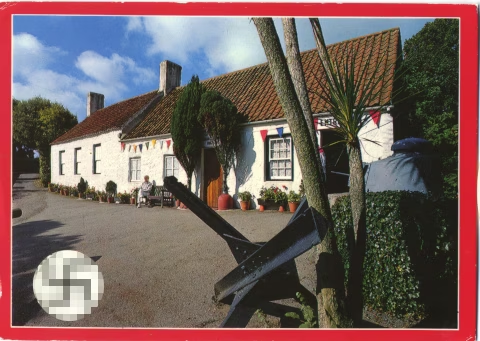
The Channel Islands were the only part of Britain that came under German administration from 1940 to 1945. There’s a museum dedicated to that time
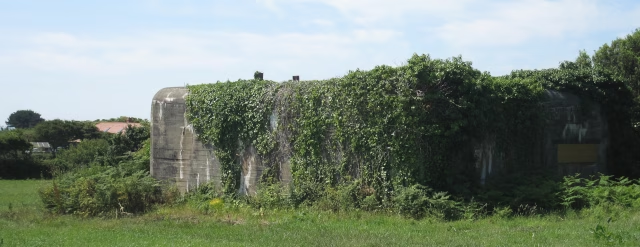
I must say, the beautifully designed buildings from that era (Bauhaus-inspired?) look greatly improve the beaches.
The ferry docks in Jersey first, where onward passengers are also subjected to immigration checks. Prime minister Boris, who isn’t just messed up because of his messy hair, came up with the glorious idea that all Europeans, after Great Britain cut itself off from the continent, must present a passport upon entry, because Britishers have to do this travelling in Europe too.
The fact that Whitehall bureaucrats never managed to distribute handy identity cards to their island monkeys was deliberately overlooked. [April 2025 an electronic visa requirement was introduced – one is now charged £ 16 to enter the realm of warm beer and greasy food.] I was questioned as to why I wanted to visit the island. I couldn’t resist saying, To shore up your rotten economy with my tourist dollars,
which at least prompted a Fair enough
from the slightly perplexed border guard. Stiff upper lip?
The prices are simply outrageous; even the cheapest B&B above a pub costs £ 65 and everything else – we’re still in the off-season here – starts at £ 85. So, the first night, I rolled out my sleeping bag near a rowboat erected as a memorial by the “Pools,” which are enclosed seawater basins just outside the town of St. Peter Port. Then the second night, right at bedtime at 9:00, it started pouring. I set my self up in the “changing cavern” on a stone bench under a 3-meter canopy, by the somewhat hidden pool. It was awesome to look at the sea. Some truly hardy swimmers were already swimming at 6:00 in the morning in the other pool.
First, I bought a snack in the market hall and sat down on a bench near the nearby church, next to three people who, one could tell, weren’t millionaires. We started talking and I offered them packets of tobacco for 7 pounds – that’s what they cost in Luxembourg in euros, so my profit was 20 percent. The very talkative lady bought two packets and the guy sitting next to her bought one. Later in the shop, I discovered that the cheapest tobacco here costs 26.50 pounds.
I went into a stationary shop because they had the postcard shown on the left and a few old ones in their window. They also gave me some nice commemorative stamps. At least I’d taken care of my obligatory postcards for this trip.
Day two, Sunday, I took one of the delights of the English-speaking world, the Sunday Times, under my arm on the bus to take a day ticket around the island. The drivers no longer accept cash and there’s no ATM. Two kilometers from the end of the line to the beach on the west coast. It was actually quite chilly, but I lay down on the grass to read the newspaper. I’d barely been there five minutes when a dog came along and jumped my leg. I had a heated argument with the uncooperative owner, who then, five minutes after my ”polite” suggestion that he put his muzzle on a leash, contradicted me by saying that the animal hadn’t jumped on me at all. Dog owners are the same assholes all over the world; it’s a shame the German magazine Kot und Köter [“Pooch and poo”] was satire.
I hiked on to the next bay, had a pie and a pint in the pub. Another bus along the north coast; on Sundays they run every hour. I got off again on the east coast. Into a fish and chip shop, I had a huge portion of delicious grease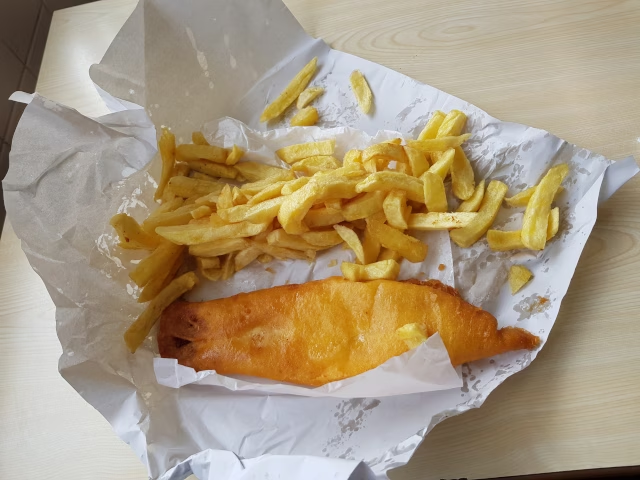 priced a reasonable 6 pounds – an absolute high point of British cuisine! In the beginning rain, I walked the six kilometers through St. Peter Port to the pools for a waterproof overnight stay.
priced a reasonable 6 pounds – an absolute high point of British cuisine! In the beginning rain, I walked the six kilometers through St. Peter Port to the pools for a waterproof overnight stay.
Early in the morning, I strengthened myself at a mobile café stand, mounted on a bicycle. The driver remarked: Weighs half a ton.
A family with a whopping eight children, clearly their own,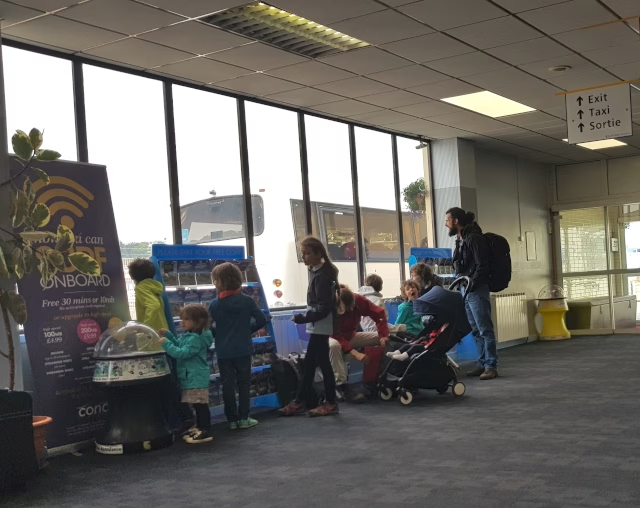 arrived in the waiting room for the ferry. As Uli’s grandmother in P. remarked back in 1984 when she was first allowed to leave Dresden for the West [from East Germany only OAPs over 65 were allowed to travel], this was “almost antisocial.” The oldest girl was perhaps 11 or 12, but the gang was very well-behaved.
arrived in the waiting room for the ferry. As Uli’s grandmother in P. remarked back in 1984 when she was first allowed to leave Dresden for the West [from East Germany only OAPs over 65 were allowed to travel], this was “almost antisocial.” The oldest girl was perhaps 11 or 12, but the gang was very well-behaved.
The crossing on the ship to Cherbourg was uneventful.
Cherbourg
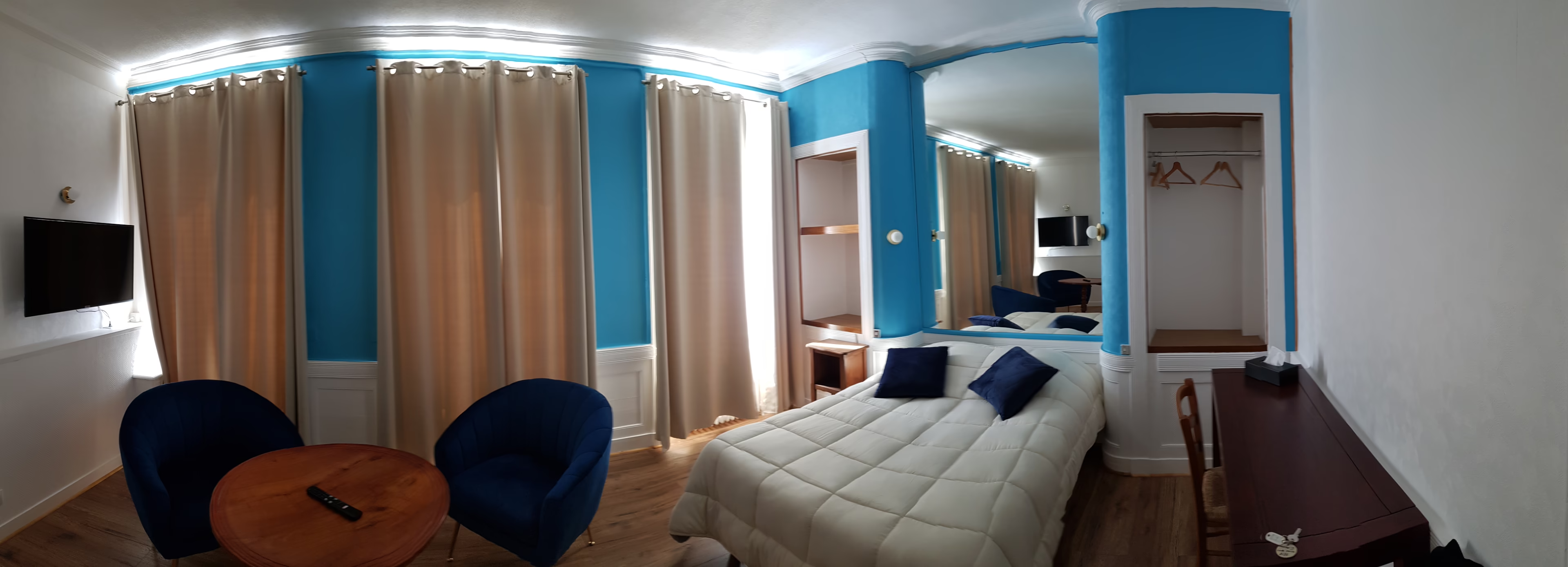
Room 9 Hôtel de la Gare, [2024: Hôtel Les Quais; from € 60] cost € 52 without breakfast was the cheapest in town. As everywhere in France single occupancy is charged the same as double.
There isn’t that not much to do in Cherbourg. The ferry port is about two kilometers from the small town center. The train station, a shopping center and a casino surround the fishing harbour basin. The old town is manageable. Cathedrals is one thing they can do impressively in France. Compared to the one in St. Malo, the Basilique Sainte-Trinité is smaller but also worth seeing; there are no photos of it here.
The opening times of the indoor swimming pool are worth mentioning; I hope I copied them down correctly from the photo: “During school terms: Monday, Tuesday, Thursday and Friday 12 noon-1:45 pm, plus Monday 4:45 pm–6:30 pm, Tuesday and Thursday 4:45 pm–7:15 pm, Friday the same and also 8:30 pm-10:15 pm. Also Wednesday 2:15 pm-5:15 pm, Saturday 2:00 pm-1:15 pm and Sunday 9:00 am-1:15 pm.” If you paid attention and learned that, then we come to the school holidays: for the sake of simplicity, the pool is open from 2:00 pm to 6:15 pm on weekdays, except on Wednesday when it opens from 12 pm. Sunday as usual.
But there are still summer holidays (vacances de été
): now, Monday to Friday, the pool is open at 12:00 and closes at 18:15, except Saturday, when they still open only at 14:00. Sundays are as before, to keep it simple I suppose.
A pleasant surprise was the quality of the art in the Thomas-Henry Museum, which features works by Jean-François Millet as well as paintings and sculptures from the 15th to 19th centuries. The collection was initially assembled by an art dealer in the 19th century who, initially anonymously, donated “leftovers” to the city.
An attempt to book a crossing to Dublin for the following evening initially fails because the counter at the port is being moved from one office to another. So another try the next morning. Now, Irish Ferries, like all ferry operators around the British Isles, is a nuisance (and I've been annoyed every time since 1985): exorbitant prices for lousy service. The trip is advertised online for € 69, but you have to book a seat separately “from € 32” - it’s impossible without it. This is the same scam as the “plus tax and ticket booking fee” that was once common with flights in New York.
The journey takes twenty hours. In case you get hungry, the only food at the bar is a Pizza Margherita priced at € 18 - I assume microwaved. The night on board passed.
Dublin
The ferry docks at what’s pretty much the farthest pier of Dublin. By the time I find my way out of the terminal, the bus that only runs once in a blue moon has just left and the next one is in 90 minutes. So I set off, 3½ km through the harbour (there’s apparently a harbour ferry “around the back”), to a friend’s flat in the Ringsend district, where I’m staying for four nights.
Still, I am out of luck, somehow. I've barely walked through the door when I’m told it’s her son’s graduation party. There goes my first bottle of Bushmills I brought over cheaply from France. But the boy is fit; he’s gotten rid of my remaining packs of tobacco in three phone calls. School graduations are common in gyms all over the world. There’s a buffet stocked by mothers. In Ireland, at least, they don’t feel the need to dress up. Speeches follow thanking everyone and anyone – there are six sports teachers at the school, each of whom teaches only one sport! [Unheard of in Germany with 2 hours PE per week only.] The distribution of the diplomas and several sports certificates is handled quickly and unceremoniously. Strangely enough, in Ireland, pupils receive their “leaving certificate” three months before the grades are announced.7 In some subjects, the final exams don’t even take place until after this certificate has been handed out. The principal announces the date of those exams, pointing out that pupils no longer have to wear a school uniform.
After what I've learned here about the quality of Irish education, I’m even less surprised at how poorly organized the bus service and Dublin Airport are.
The Dublin Botanical Garden is extensively laid out. Compared to other such facilities, it’s average, but reasonably well labeled. Specialized collections include the Palm House, which was closed for renovation, as well as Crassulaceae and Peralgonium sp., also Geraniaceae – neither of which are the most exciting plant families. It was interesting enough for a 3½ hour stay. So, here’s a small selection of Kniphofia species to brighten up the rather gray Dublin with a bit of colour.
I skipped a detour to Monaghan due to bad weather. Instead, I took the train out of Europe to the still British-occupied “six counties.” I’d only been here once before, in 1988 - ten years before the Good Friday Agreement – when, on country roads just across the border, I was greeted by soldiers with orders to shoot from their armored “pigs.” Not as professional as the guys on the inner-German border, but precisely for that reason, more intimidating.
Belfast
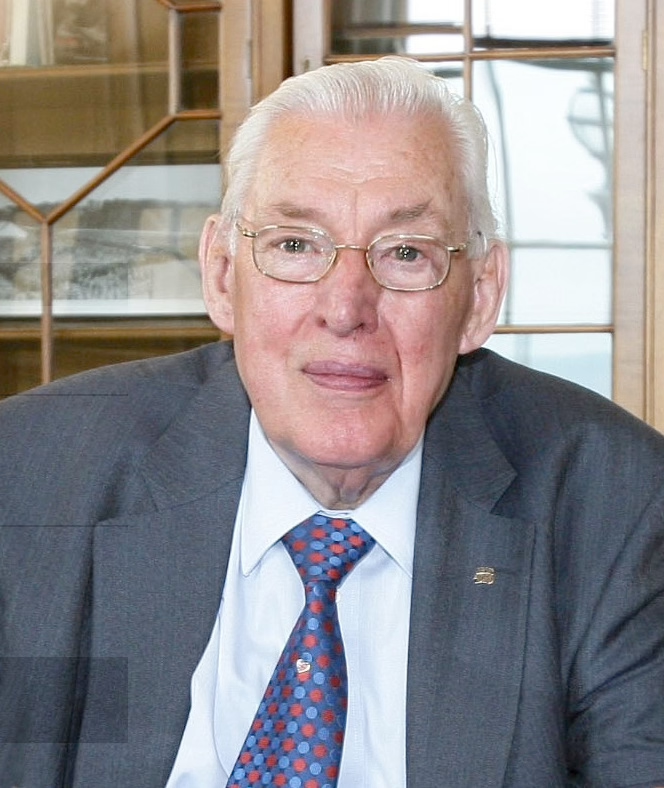
How fucked up can a society actually be? In the UK, firearms are strictly controlled and hard to get hold of. This has led to young people, frustrated by the social coldness characterized by Calvinism, which since the Thatcher era has reduced everything to the question of “cost to the taxpayer,” repeatedly giving vent to their lack of opportunity, caused by society, in the form of knife attacks on buses. This is why everyone has been banned from carrying knives on all public transport.
England may like to see itself as the “mother of Western democracy,” something that has been up to debate since the events in France in 1789 at least, but there are clear weaknesses in its unwritten constitution. Firstly, the “principle of proportionality” is missing, which under the ruling Tories since 1979 has led to a cut-throat mentality with sometimes draconian threats of punishment. Secondly, “no court is above the government,” which was and still is a characteristic of formerly feudal, now autocratic states. In addition, access to the courts is limited for ordinary people due to extremely high costs, also due to the combination of “solicitor” and “barrister” at Crown Court level. Innocent, until proven Irish
and A fair trial and a quick death
are both very true sayings. Furthermore, poorly trained personnel often hide their own incompetence behind “security reasons” without being able to substantiate them. Instead, they produce booklets like Bus and coach security: best practice.
The botanic garden in Belfast consists only of a Victorian-era glasshouse, a collection of Crassulaceae (i. e. cabbages) and a new tropical house, also modest. However, they are located in the same park as the Ulster Museum. That seemed rather small and unimpressive. It turned out to be a curious mixture of an art gallery with many oil paintings from the Victorian era, a (modest) natural history museum and a local history museum. It was especially in the latter section that it became clear who really still runs Northern Ireland.
In the “six counties” of Ulster, which remained under British occupation after 1923, an attempt was made over three decades from 1968 to 1999 by a colonially subjugated population, initially inspired by the "civil rights" movement in the USA, to rid themselves of their oppressors or at least to gain equal opportunities in a society that was and still is segregated not along racial but religious lines. The government in Westminster (The choice was clearly open: crush them with vain and unstinted force, or try to give them what they want. These were the only alternatives and most people were unprepared for either. Here indeed was the Irish spectre - horrid and inexorcisable.
Winston Churchill in The World Crisis and the Aftermath, 1923-31. Still appies to his sucessors since 1969.) fought the Catholics with an intensity that Oliver Cromwell and his henchmen had already displayed. The Royal Ulster Constabulary, paramilitary since 1969, was a police force made up of Protestants, for Protestants. (The renaming into Police Service of Northern Ireland  has changed little in this regard .) Burnt-down houses, years of internment without trial, torture, orders to shoot on sight - in the interpretation of the Germans in the 1930s, all signs of an “unjust regime,” right? But that doesn’t interest the West in Palestine either – only when a third of a country’s inhabitants are forbidden from using their mother tongue does the German government give away its best tanks: to the oppressors. Margaret Thatcher’s contempt for humanity –
has changed little in this regard .) Burnt-down houses, years of internment without trial, torture, orders to shoot on sight - in the interpretation of the Germans in the 1930s, all signs of an “unjust regime,” right? But that doesn’t interest the West in Palestine either – only when a third of a country’s inhabitants are forbidden from using their mother tongue does the German government give away its best tanks: to the oppressors. Margaret Thatcher’s contempt for humanity – she’s stolen your milk!
– reached its peak 1981 in the starvation deaths of the Ten.  Ultimately, the IRA lost, primarily because of the aforementioned typical Irish indiscipline, which allowed for infiltration by the “Forces of the Crown.” The face-saving “Good Friday Agreement” ensured a tense calm until the successors of the exposed grimace of Protestantism, Ian Paisley, began to use “Brexit“ as their tool to oppress from Stormont by blocking government – and as an opportunity to once again disenfranchise the Catholic Irish, who had by then become the majority of the population.. From the perspective of a European, I say to the Britishers “good riddance.” Your a not part of the comity of civilized nations.
Ultimately, the IRA lost, primarily because of the aforementioned typical Irish indiscipline, which allowed for infiltration by the “Forces of the Crown.” The face-saving “Good Friday Agreement” ensured a tense calm until the successors of the exposed grimace of Protestantism, Ian Paisley, began to use “Brexit“ as their tool to oppress from Stormont by blocking government – and as an opportunity to once again disenfranchise the Catholic Irish, who had by then become the majority of the population.. From the perspective of a European, I say to the Britishers “good riddance.” Your a not part of the comity of civilized nations.
The museum houses three display cases in one room dedicated to the entire freedom struggle. The catholic side is given almost no space. A ship of the Spanish Armada, which sank on the west coast of Ireland in 1588, is given several times more exhibition space. Two monuments in front of the Belfast town hall are also symbolic of the mentality of the occupiers. One is a triumphant soldier from the Boer War, the other is the monument to Lord Dufferin, one of the last “empire builders.” Apparently, word hasn’t yet spread to this corner of the world that, as Monty Python correctly stated in 1970, “the Empire lies in ruins.” I was in Belfast during preparations for the 70th anniversary of Elizabeth II.† Only in the Protestant neighborhoods could one see houses decorated and then they were quite garish. It should come as no surprise that there is something like the Ulster Institute for Social Research, which publishes the highly intellectually racist “journal”Mankind Quarterly
The hostel Vagabonds I had booked turned out to be a hit and deserves a more than honorable mention. Run by “Bob,” a puzzle-loving Italian, the facilities were impeccable; certain little touches like storage boxes under the bed, earplugs and a well-equipped kitchen allowed me to extend my stay from two to three nights. Oh and the place was also the cheapest I could find online. I’ll never forget the very blonde and, later, very drunk 18-year-old Swedish woman who helped out at the bar, along with a retired Dutch musician – all this combined with a bottle of good Irish whiskey on the second evening.
Next door, an entire church has apparently been for sale for years. A beautiful brick building and it already has a license to serve alcohol – but don’t Protestant pastors do that anyway?
Flight home
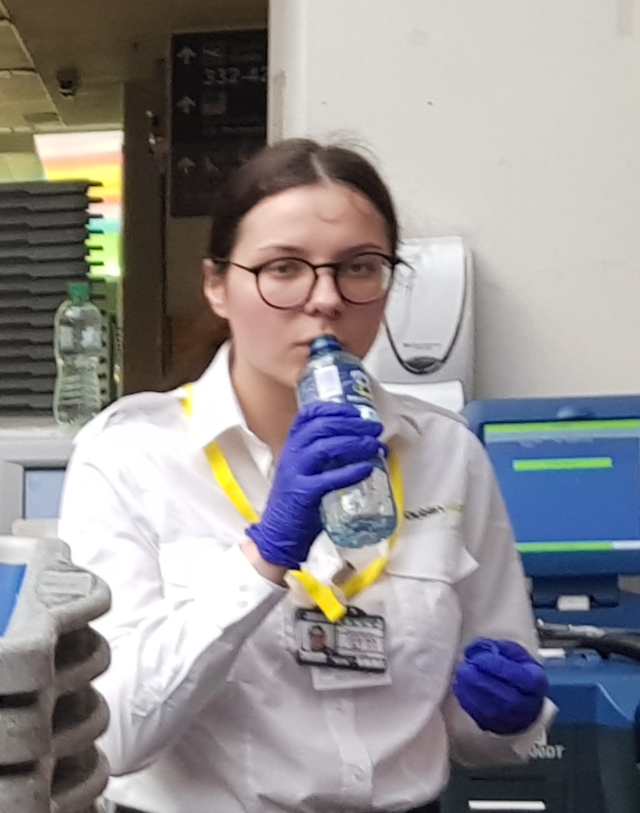
Finding out the name for complaints is not possible.
[…] several incidents of alleged assault and theft by newly hired security staff that are being investigated by gardaí and the DAA. […] Some recently hired security personnel were placed under investigation after a laptop was allegedly stolen from a passenger’s carry-on bag. I marched to the train station early Sunday morning because, like everywhere else in Britain, public transport won’t start before 9 a.m. on Sundays. Then I took the train to Dublin and off to the airport. During my visit a week earlier, the news was already full of reports of total overwork because they had laid off security personnel during the coronavirus crisis and were now unable to hire new ones quickly enough. And the ones they did get were just stealing luggage.
Dublin Airport has always been truly annoying. Irish people aren’t exactly organizational talents, which is probably due to the aforementioned schooling. Dublin Airport used to be tolerable. However, I once spent 45 minutes in the security line on a Sunday almost 20 years ago because an independent competency check had smuggled through two knives and an imitation hand grenade the day before, so they were double-checking.9 Back then, I had a pleasant conversation with three gentlemen from Starnberg, the type with blow-dried hair from driving Porsches with the top down. They explained that they’d decided to play golf while having a barbecue on Friday afternoon and the only available flight at short notice was to Ireland, where they played a round on Saturday and then spent the night in Dublin’s Temple Bar. One of the gentlemen commented on the generally fat butts of Irish women,  which is understandable in a country where people like to have a pizza with fries as a nightcap. I won’t even get started on the “deep-fried Mars Bar.”
which is understandable in a country where people like to have a pizza with fries as a nightcap. I won’t even get started on the “deep-fried Mars Bar.”
The overcrowding was even worse in the departures area. A bottle of vodka from the duty-free shop would have made up for the delay. It’s also written in bold: € 8 for a liter of Smirnoff. Then at the checkout: Sorry, it’s € 38,
because the price posted only applies to flights to Great Britain, i. e., from within the EU. Everyone else pays full Irish domestic fares. Not that the alternative price is posted on the shelf. Irish organizational talent, or simply capitalist scam by a monopolist?
Two hours on a wooden bench with Ryanair also went by. Then, a delayed landing in Memmingen after a thunderstorm shortly after 9 p.m. local time. The announcement on site was that there was a festival. I would have liked to treat myself to a taxi to catch the last train, but experience has shown that they’re rare at this airfield, with a departure hall the design of a gym, as is the dismal bus connection; even on weekdays, they stop at 7 p.m., no matter what time planes are landing. So, I walked halfway toward town, looked around a corner to unroll my sleeping bag. As I said, there had just been a thunderstorm and all the meadows were soaking wet. Finally, a fairly open porch on a church. Not great, but five hours were just about bearable. The roar of the event was in the background. After barely three hours of sleep, I headed to the train station for the first train. There were several “corpses” from the festival on the platform. The young people of today – no stamina.
Loop 3: through former Yugoslavia
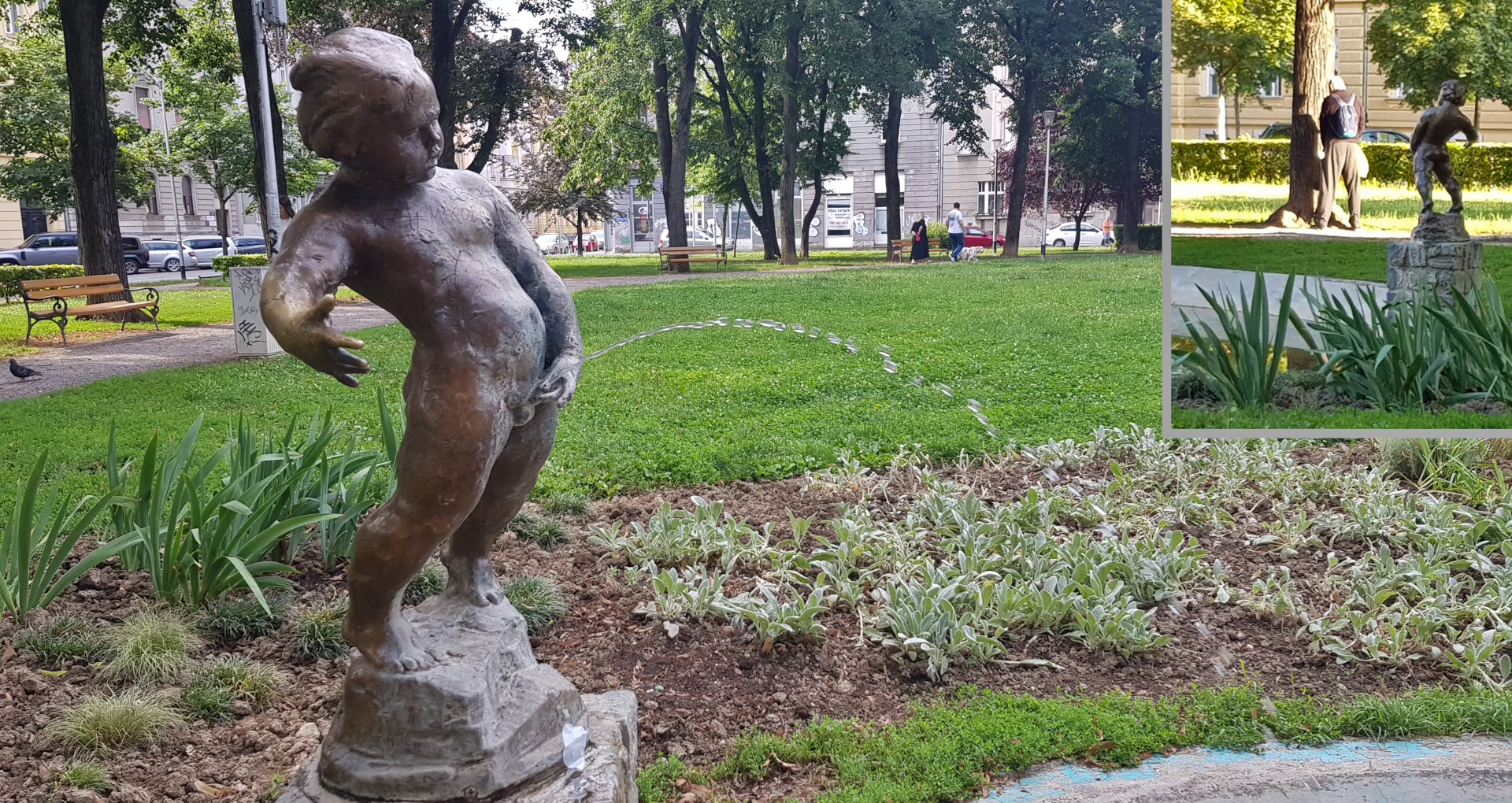
Copycat
Thither
Because of the outrageously high train fares through Austria, as mentioned, I prefer to travel the route mentioned at the end of loop one for a third of the price, the other way around to Bratislava. Here I go through the town to Petrzalka station, then take the little train to Hegyeshalom in Hungary. I get the idea to visit old friends in Lower Austria whom I haven’t seen in over twenty years. So I travelled down the Hungarian side to Deutschkreutz in Austria. I stop here for an hour until the bus arrives. Time for a beer, which ended up being two, in the café by the supermarket. I get chatting to the locals; they have their own dialect here and my destination becomes “Kirchslooog.” A younger man, obviously a bit dim-witted, is a fanatical Bayern fan and, when he hears I’m from Munich, wants to drag me back to his house to watch TV. I assume he’s a Friend of Dorothy’s, or he’s hoping for revenge the next time he needs a place to sleep after a soccer match in Munich. I can excuse myself by saying that the bus would be gone for today. The eleven-kilometer bus ride costs more than the three hundred through Hungary before.
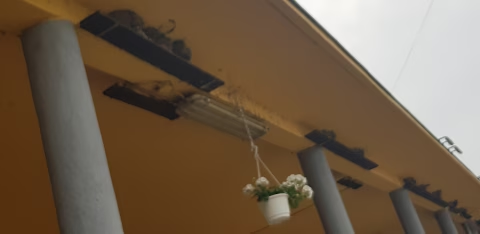
At Gyékényes Station, there are several swallows’ nests under the canopy. Instead of scaring the animals away, the staff have placed boards underneath to prevent passengers from getting droppings on their heads. Nice!
My unannounced short visit turned into a chatty evening and overnight stay. My friends had a third daughter since my last visit, whom I knew nothing about. The young lady was preparing for her vocational final exam the next day. Damn, have I gotten old. The next day, they kindly gave me a ride to Szombathely. From there, a train leaves for the border station in Gyékényes, where I can change to the express train from Budapest.
Unfortunately, bad luck. The next train is in six hours. The village itself is back of beyond. There’s an old steam locomotive in front of the station and the village shop is open from 8:00 a.m. to 2:00 p.m. I looked for a footpath over the bridge to Croatia on Google Maps, but gave up after a quarter of an hour in the heat. Instead, I went back to the shop, supplemented the snack I’d bought with half a liter of clear liquid and sat down on the only park bench to wait.
Zagreb
Delayed arrival in Zagreb due to track construction. I reached the booked accommodation shortly before closing time. The doorman was the type who, years ago in England, would have been called “a graduate of the John McEnroe School of Grace and Deportment.” The two nights in the digs didn’t get any better. For one thing, the mattress in the wobbly bed was very soft because it was cheap; worse was the bar across the street, which played at full blast until sunrise. The following evening, I went over; once inside, it was very nice. It was also convenient that two dealers had their weed delivery service based there.
Day one is spent sightseeing. My visit to the Nikola Tesla Museum of Technology takes considerably longer than planned. It’s a gigantic building in which I spend almost four hours. On the way back, I enter the botanical gardens along the way. At the ticket booth, when asked One person?
, I crack my usual joke: No, one and a half,
while placing my hands on my belly. My reaction: the pensioner behind the counter stands up and says: 110 kilos, 1.67 meters tall, dress size 3XL.
I laugh and admit defeat. In the barely signposted park, apart from a Wollemia-nobilis there’s not much to see, but it’s a pleasant way to while away an hour.
Bihać
Upon arrival in Bihać, several Negroes are hanging around in the back waiting areas of the bus station. Later, I notice several people dressed in Afghan costumes in the center. It quickly becomes obvious that the Western Balkan route runs through here. 10
The booked accommodation turns out to be a perfect match. Apparently, someone is renting out the family’s Yugoslavian-era holiday home. The Hostel Una Rosa Krupska 28 (about a 7-8 minute walk to the old town, well signposted), is a romantic former dacha with a garden right on the river and a communal kitchen in a small outbuilding. The only drawback is that the toilet flushes directly into the river, as can be seen from the frayed paper scraps.
My positive impression of the city continues. At the same time, however, the traces of war are still visible. Traces of the 1992-1995 war are still present, especially in the form of bullet holes on facades. The city was a UN-protected zone for some time. It was captured as part of the Croatian Operation Oluja. The losing Serbian side was accused of war crimes and the commanders were put on trial. They were acquitted of all charges in a second instance in 2012.
The city is bisected by the largely untouched Una River, which irrigates a beautiful city park with lawns. The two days there are extremely relaxing; dragonflies flutter in competition. A cold beer in the café provides a pleasant cooling effect on the already summery heat.
I don’t like long bus rides, so I try to get a ticket for the daily train to Sarajevo at the train station outside the city. A sign on the door is disappointing: Departure at 2 a.m., tickets at 10 p.m. Nevertheless, I go to the station the next evening shortly before midnight. No lights, everything is dead. The only alternative is the bus to Sarajevo, which leaves shortly before 1 a.m.
Sarajevo
I didn’t like Sarajevo. It started with me arriving at 5:30 a.m. (in summer it’s already light by that time), desperately needing to crap, but the toilet on the platform didn’t open until 6:00 a.m. Two days later, I saw, or rather smelled, that my makeshift solution of quickly shitting next to a tree a few hundred meters down the main road was the better alternative to the station toilet.
The capital, like the entire “Bosnian Federation,” is segregated. Muslim Bosnians (the Austrians called them “Bosniaks”) live in the valley; the Serb-European part begins in the Lukavica district, on the hills above. This is where the Istočno bus station is. This is the only way to get to the Serbian part of the country. Even better, there’s no public transport for the seven kilometers (into “enemy territory”) there. They’re even more stupid here than in Belfast.
Sarajevo was under attack from May 1992 onward. Western atrocity propaganda from the 1990s has left a lasting impression. This includes the famous photo of the supposedly “starving Bosnian in the camp,” who was actually so thin due to an illness and was in a collective shelter that he could leave at any time, but which had a barbed wire fence on one side. As well as the nonsense regurgitated by then-German Defense Minister Rudolf Scharping about the “gas cylinder on the roof” used to blow up the homes of “innocent civilians.”11 As for how we deal with yesterday’s dramas today, I have to admit I’m a hopelessly out-of-touch philistine. The role of victimhood perpetuated in the Muslim part of Sarajevo was certainly useful for siphoning off billions of dollars from abroad for urban redevelopment.
You can exchange money in Bosnian post offices – theoretically. I had that unused stack of cash dollars for the South America trip that I want to exchange before the rate drops again. Things get bizarre in that the sour lady only wants absolutely freshly printed bills and then types each one’s serial number into the computer. I only exchanged three twenties, but I was tempted to come back the next day with a hundred dollars in ones and fives. Guys, if you don’t like it, just say so.
The third annoyance was that I booked the worst accommodation, “West of Suez,” because of its central location. Since then, I've only been reading the bad reviews; a few pictures are below. Aside from bites from the mattress, a stuck toilet door and a full-bore of noise from bars on both sides until 4 a.m., the Pension Sebilj has nothing to offer.
The days are getting really hot. So the next morning, I head out at sunrise to swim in the 50-meter pool. It opens at 8:00 a.m. and is a good five kilometers away on foot. I set off early and arrived in good time. The guy at the cash register then explained to me that it was an “Olympic-sized pool,” and that swimming was only permitted with a swimming cap. Assholes! I don’t have one. But I could wait an hour in the café until the pool shop opened.
Instead of walking the whole way back, I covered the part of the route where the extremely shabby trams still run on them; all the way to the train station, to change some dollars at the post office there. The game became even more bizarre than the day before. After much back and forth, they graciously accepted three of my five bills, which were actually in almost new condition. I kissed the counter in mockery in front of the postman. Perhaps that’s why none of the postcards I had sent at the same time arrived? Whatever – I've definitely had enough of this shithole of a town. Booked a bus, picked up my luggage and off I go at lunch! If I had stayed longer, I would certainly have become more understanding of someone dropping bombs on this unfriendly city.
The bus ride to the coast, in bright sunshine, takes us through the valley surrounding the national park near Čelebići. One should go and see, it looks wildly romantic. Further on to the coast, there are two passport checks, because political wisdom during the breakup of Yugoslavia decided that the artificial state of Bosnia-Herzegovina absolutely had to have access to the sea – so it was ceded six kilometers around Neum by Croatia, whose southernmost tip is now an exclave. A border drawing on paper, completely idiotic. A Croatian bridge to bypass the island is almost finished. [The Pelješac Bridge opened on July 26.] The journey drags on, with a change at the Dubrovnik bus station, resulting in a 1½-hour wait.
Bay of Kotor
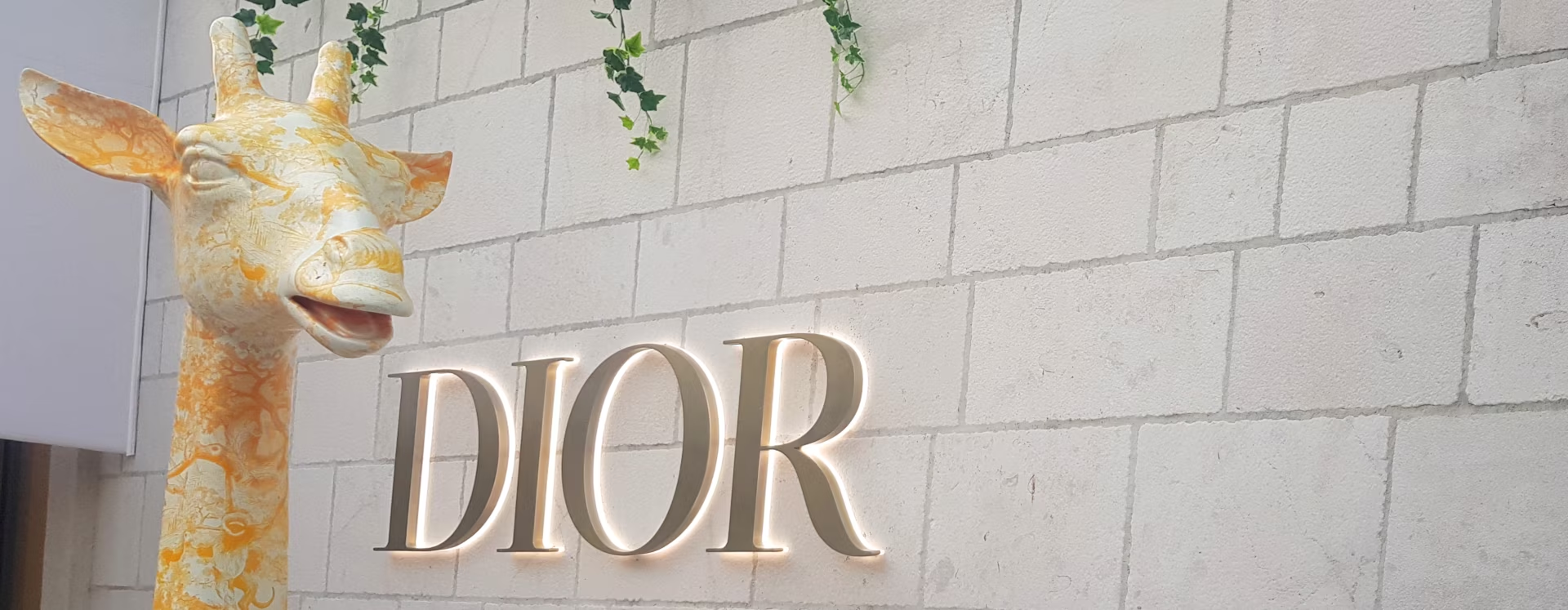
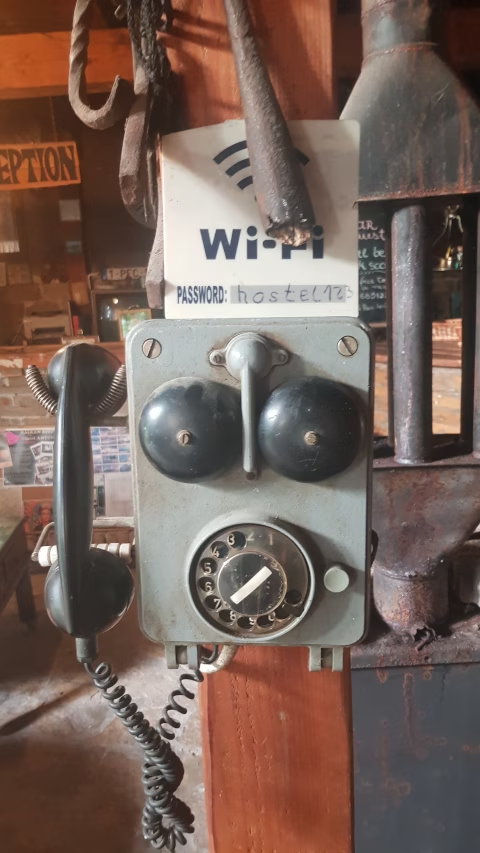
Dial-up Wi-Fi.
The bus I took didn’t take the ferry at Kamenari, but instead trundled around all parts of the Bay of Kotor. It took a while, but had the advantage of saving me sightseeing. Not bad, especially when it became clear how poor public transport is in the region. The booked Hostel Anton in Tivat required a longer walk because the bus didn’t go into town. No matter, we got there after 8:00, the staff was friendly and among the guests were some travellers who had difficulty entering Schengen Europe due to visa issues. More than one beer that evening at the "rustic" common area.
required a longer walk because the bus didn’t go into town. No matter, we got there after 8:00, the staff was friendly and among the guests were some travellers who had difficulty entering Schengen Europe due to visa issues. More than one beer that evening at the "rustic" common area. 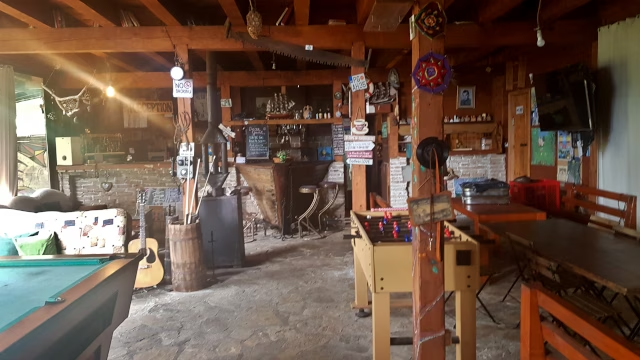 With me in the room was an American who had done "something with the internet" in Berlin but had to leave the EU after 90 days. Also in the room was a straw-blond, white South African who, almost as handsome as he was back in the day, Sascha Hehn, (actor known as a steward in the series „Traumschiff,“ several episodes of „Schulmädchenreport” and the lead actor in the porn film „Nackt und heiß auf Mykonos,“ 1979.)
With me in the room was an American who had done "something with the internet" in Berlin but had to leave the EU after 90 days. Also in the room was a straw-blond, white South African who, almost as handsome as he was back in the day, Sascha Hehn, (actor known as a steward in the series „Traumschiff,“ several episodes of „Schulmädchenreport” and the lead actor in the porn film „Nackt und heiß auf Mykonos,“ 1979.)
Clear case of: I was young and needed the money.
on the yachts of the rich in Porto Montenegro, working as a steward for a few days. The next two days saw good conversations with both of them, which could by no means be described as politically correct: South Africa? I hear that’s a pretty racist country. And when they are not being racist they run around in a loincloth with a bone stuck through their nose!
or Why do black people hate aspirin? Because it’s white and it works.
The next day, I took a trip to Kotor, with all that world heritage status fortress. Getting there was more difficult than expected, as only a few buses run through the four-kilometer-long tunnel. The old town thrives on tourism, so there’s no need to go out for a meal. Even the church charges admission. That day, there were three cruise ships in the bay, two of them at anchor. It was accordingly crowded. It was also hot. The private collection called the Cat Museum was amusing.
On to Albania, first to Ulcinj, where I had already been five years ago. The direct bus to Skhodra, which cost € 5, has been discontinued. One of the hostels there organizes a private shuttle service for € 7. From the bus station, 1½ kilometers up a hill, Google Maps sends me through the backyard of a neighbor who was already used to such visitors. After waiting for half an hour with other passengers, I reach the intersection where an elderly gentleman pulls up.
Albania: Skhodra and Dürres
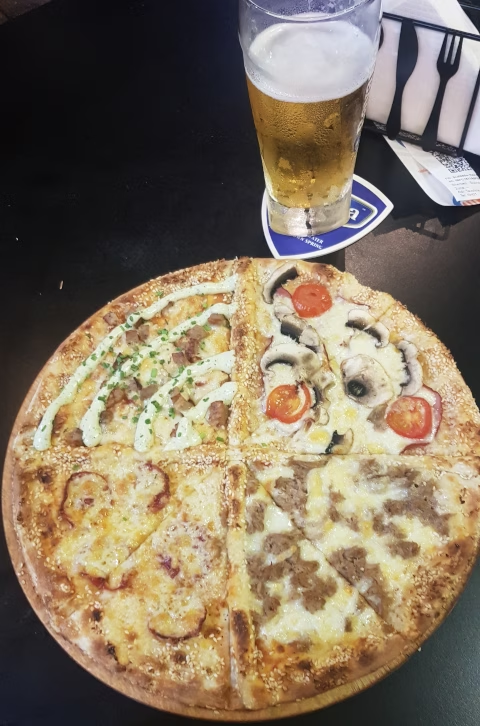
The sesame seeds on the pizza slice dividers taste amazing.
Crossing the border was problem-free; except for the driver, no ID was required. In Skhodra, I stayed at the same hostel I’d already enjoyed during my visit in May 2016. They’d now added a house next door. Unfortunately, there was only room for one night. The approaching summer was already noticeable. At midday, it was well over 35 °C. I decided to cut the tour short as soon as possible and took the direct bus to the port city of Dürres.
The final stop is in front of the station. Ferry tickets are also available near the harbor. Booked for the following day, it was quick to get to Ancona. Then, for convenience, we took the only affordable hotel nearby. It turned out to be a disaster, but at least the owner, a woman in her 70s who lives in America, was there to spruce up the place. At least we could communicate in English, but the air conditioning in the room didn’t. The unit rumbled, but only blew out 40-degree air. Anyway, it was bearable for one night. The harbor district is a few kilometers from the center; I was too lazy to walk there. I ate two good meals in the area. The kebabs at Bon Appefit are highly recommended.
The next day, we were at the harbor around midday, where we spent three hours waiting for boarding in the modern hall; there were even luggage lockers.

Train through Italy
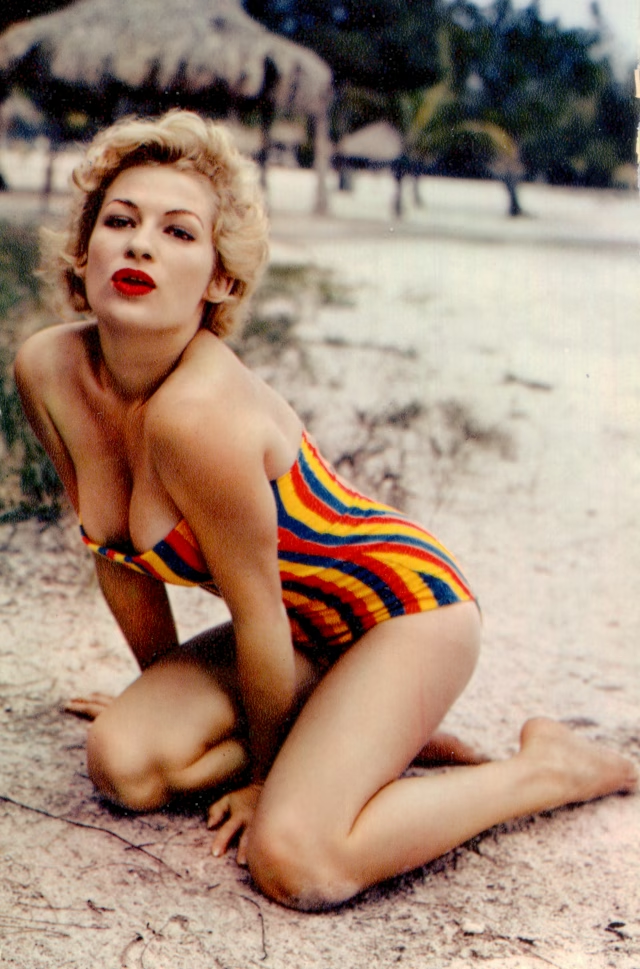
Bella Italia.
A quiet crossing with the AFC Claudia. After a pointless, unnecessary “for safety reasons” walk through the harbor, a taxi was taken at the exit. The driver then started fiddling with the clock and wanted € 18.45 for the almost two kilometers to the train station. But there he realized he had overdone it. On the other hand, I wasn’t awake enough to argue with him at the Polizia Stradale. The bottom line: ten euros was still five too many.
According to the schedule, there was a connection that would have taken me to Munich shortly before midnight. Just under eight minutes until departure. A futile struggle with the ticket machine was then resolved at the last minute at the ticket counter for € 56.50 to Brenner with two changes. I boarded the wrong train, labeled Bologna because it was delayed at 9:45 a.m. but required a reservation. After two stops, the conductor politely escorted me off. A real slow train followed ten minutes later.
Somewhere a few miles before Verona, the train broke down. On the conductor’s recommendation, I took the next train a few villages further on, where “rail replacement service” was provided. Spoiler alert: it continued like on Deutsche Bahn. The town was so remote, 67 km from Verona, that even the station bar in front of the station had closed and this in Italy! There were now over a hundred people standing around and nothing happened. The next train was in two hours. After an 85-minute wait, a bus finally appeared, but it turned out it wasn’t the promised SEV (separate public transport), but a clever private operator who had heard about the waiting crowd and was now looking for passengers for a fee. A single train bus (for about 90 people waiting) arrived five minutes later. I had decided to take the next train instead, which would connect me to the last train of the day in Verona to the Brenner Pass. I arrived there, again late, at 11:30.
The town of Brenner (Austria) is one of the losers of European integration. Since the abolition of border controls, everybody has been passing through. Even the brothel opposite the gas station on the Austrian side, which was clearly visible from the sign, has closed. After a bit of wandering around, I rolled out my sleeping bag, had an early morning caffe corretto,
and then headed off via Innsbruck, home to the Reich. I then had to argue with the Italian railway company about a 50 % refund, but they finally paid.
Notes

[…] because through the privatization of the public health sector, for which I was partly responsible, where profits are more important than healing, I have contributed to the shortage of hospital beds and staff. And keep doing it.
Hannah Arendt on this:
Lies often appear much more plausible and attractive to the mind than the truth, because the liar has the great advantage of knowing in advance what the audience wants to hear.
[1] An overview of which Coercive measures (As of March 19, 2020: As a way to end the pandemic, the State has declared a "State of Emergency," which entails movement bans, lockdowns, increased surveillance, the suspension of meetings and public life in general, control of transportation and who knows, maybe soon, food distribution. In this process, we see the State becoming eco-fascist, where the government will be increasingly forced to act to manage increasingly "scarce" resources and space, resulting in the preservation of the most necessary resources being guaranteed only by sacrificing another necessity: freedom.
Spanish original “Las epidemias en la era del Capitalismo”) where in the world were in force, the OxCGRT datasets i. e. the Oxford Covid-19 Government Response Tracker. Hanah Arendt had foreseen:
In the absence of an internal or external enemy, the State has found an enemy against which it can demonstrate its full war potential and, at the same time, accentuate the subjugation of the population through fear and repression, while establishing itself as the only possibility of salvation from the terror produced by the epidemic. For us, the solution is not a more authoritarian state, but the disappearance of all forms of authority. From now on, states of alarm and emergency will likely occur as a consequence of the ecological and social devastation of the world, because we are certain that catastrophes will continue to occur. We are not exaggerating when we speak of war potential: we are already seeing the army taking up positions in strategic locations, the police increasing control of the streets and drones with cameras monitoring the movements of the population. The measures of the state of alarm do not only seek to end the flu pandemic but also to spread another pandemic: that of the voluntary servitude of the population through obedience to the laws in the face of the danger of the pandemic and to put an end to criticism of the State and Capitalism in the face of fear and potential risks. This voluntary servitude would be impossible without submission to our technological devices and the way of life they create. In the face of a pandemic or any other disaster, we are subjected to technocrats, specialists, experts, scientists, etc., to those managers of space and time who have everything planned in their rational calculations.If one wants to prevent people from acting freely, one must prevent them from thinking, willing and producing, because all these activities obviously imply action and thus freedom in every mind, including the political mind.
In view of the panic campaign expected in late autumn 2022 to prevent the dumb German voters (Most people are too cowardly to do evil, too weak to do good.
) from the energy crisis for which the German government is solely responsible due to its de facto participation in the war on the side of Ukraine and its fascist putschist regime, reference should be made to South Korea’s experience with the dominant corona mutation BA5. That country was in full panic mode until March, then they saw the light and nothing happened: South Korea rode out BA.5 wave without social distancing.
This realization came somewhat late: There is no constitutional provision according to which the rules of the Basic Law apply only to a normal state of affairs. Accordingly, there is no such thing as a state of emergency that is supposedly incomprehensible by law
in the Corona Evaluation Report of June 2022. [ ▲ ]
[2] To recall the atmosphere at the time, here are some archive links to further articles [in German] from those days: 1) Corona-Regeln in der EU: Chaos statt Reisefreiheit (SZ, 2022-02-03); 2) Corona-Panoptikum – mit den neuesten Krankenhausdaten wirkt die Pandemie nur halb so schlimm (2022-02-11); 3) Der Impfpass als Türsteher des autoritären Kapitalismus (The vaccination certificate as the doorman of authoritarian capitalism
2022-03-08). [ ▲ ]
[3] So friendly an competent that some advertisisng is justified: Metin Tokgöz, ☎ +4915782666121. [ ▲ ]
[4] Ukraine: Even during the reign of the confectionery oligarch Petro Poroshenko, life in Ukraine was no “piece of cake.” Excuse the pun.
For details and consequences of the 2014 coup known as the “Euro-Maidan,” see: Röper, Thomas; Ukraine Krise 2014 bis zur Eskalation; Gelnhausen ²2022 (J. K. Fischer); ISBN 9783941956780. [ ▲ ]
[5] As a result of the Special Military Opreration, thousands of young men who are evading duty in their Russian fatherland 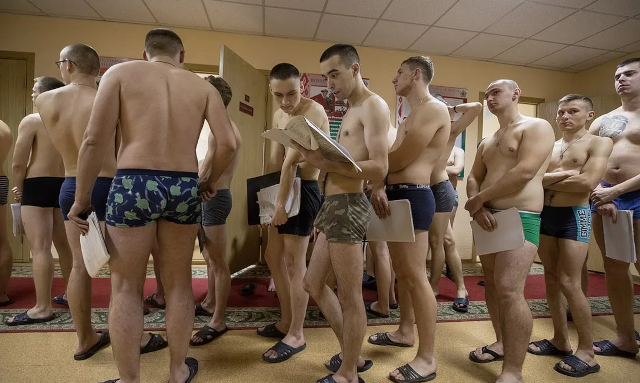 have travelled to Georgia, which, as mentioned, permits foreigners to stay for up to one year as tourists. Another large group of Russian men followed when partial mobilization was ordered in mid-September 2022. Back then, people waited for days at the border crossing. The estimated 110,000 new arrivals (December 2022) need long-term housing, which caused urban rents to explode. Hotel operators are understandably not missing out on this bonanza after the coronavirus drought. Combined with rising energy prices, this drove inflation in Georgia to 10%. As of the beginning of 2023, a stay in Georgia is twice as expensive for travellers expecting to pay in euros as it was a year earlier, because the euro has fallen sharply due to the EU’s de facto entry into the war on Ukraine’s side (e.g., January 2021: 1 US$ = 82 ¢, early October 2022: 1.05 €, i. e., around a third. During the same period, the lari rose by 39 % against the euro, from just under 4,000 to 1 to 2.80 to 1!). An example of better-off “exiles” can be seen on the channel NFKRZ (English). (To satisfy its predominantly Western audience, not without anti-Russian propaganda, especially against cultural figures.)
have travelled to Georgia, which, as mentioned, permits foreigners to stay for up to one year as tourists. Another large group of Russian men followed when partial mobilization was ordered in mid-September 2022. Back then, people waited for days at the border crossing. The estimated 110,000 new arrivals (December 2022) need long-term housing, which caused urban rents to explode. Hotel operators are understandably not missing out on this bonanza after the coronavirus drought. Combined with rising energy prices, this drove inflation in Georgia to 10%. As of the beginning of 2023, a stay in Georgia is twice as expensive for travellers expecting to pay in euros as it was a year earlier, because the euro has fallen sharply due to the EU’s de facto entry into the war on Ukraine’s side (e.g., January 2021: 1 US$ = 82 ¢, early October 2022: 1.05 €, i. e., around a third. During the same period, the lari rose by 39 % against the euro, from just under 4,000 to 1 to 2.80 to 1!). An example of better-off “exiles” can be seen on the channel NFKRZ (English). (To satisfy its predominantly Western audience, not without anti-Russian propaganda, especially against cultural figures.)
[One won’t find any male Ukrainian draft evaders, for he simple reason, that the country banne males fro 18–60 to leave the country. “True democracy and all that.”] [ ▲ ]
[6] It was not foreseeable that the summer of 2022 would be extremely dry. May and June were “normal.” [ ▲ ]
[7] Further reading: Education in the Republic of Ireland and Leaving Certificate. [ ▲ ]
[8] And that list is long: Enoch Powell (the one with “rivers of blood” as a response to immigration), Richard Lynn, Nigel Farange, the Indian-born Home Secretary Priti Patel, (As a minister, Priti Patel introduced life sentences for “smugglers,” but only because she had not yet been able to push through the reintroduction of the death penalty, which she always supported. However, since many old traditions like “yards” have been reintroduced since Brexit, I suspect thr “tuppence” will not be long in coming until “hanging” for the slightest “anti-social behavior” finally comes.) who would prefer to send all the immigrant riffraff back home. Further regarding “pretty racist from Gujarat”: 1) UK: Priti Patel’s racist Nationality and Borders Bill 'drags the UK’s reputation through the mud' and 2) Tyrone Mings is right about Priti Patel: she emboldened the worst of us or 3) the book published in 2018 by Ben Ryan Fortress Britain? Ethical Approaches to Immigration Policy for a post-Brexit Britain..
One more fact, or “would you have known?” Boris Johnson doesn’t dye his hair any more than Gerhard Schröder [German chancellor who sued a journalist saying so], which is difficult to explain genetically, since his grandfather is Osman Wilfred Kemal, son of Turkish Minister Ali Kemal. Osman, who grew up as a refugee (!) in British exile near Bournemouth during the interwar period, adopted the commonplace name Johnson. He then married a daughter of Baroness von Pfeffel – thus making Boris a true “British thoroughbred,“ with a first name of his own. But he has that in common with the House of Saxe-Coburg-Gotha, sorry, Windsor. It should also be noted that Boris’ father, Stanley, a former Conservative member of the European Parliament, took French citizenship at the age of 81 during his son’s term in office because he thought Brexit was nonsense, a sentiment he is certainly not alone in worldwide.
If you want to absorb a bit of the vitriol spread by Paisley (I have never made an inflammatory statement in my life
), read some quotes or the outpourings of his magazine The Revivalist [ ▲ ]
[9] The Internet doesn’t forget. Irish Times, Report from April 13, 2005: Audit uncovers major lapses in security at Dublin airport. […] officials carrying out an EU security audit managed to evade detection while carrying a replica bomb and knives through security checks at the airport […]
and then, 17 years later (May 22, 2022): Guns and bombs passed undetected through Dublin Airport security. […] Seven ‘prohibited’ devices – including guns, improvised explosive devices and components of explosive devices – managed to pass through scanners and security staff […]
(Full text) Groundhog Day is every day at Dublin airport. Worth mentioning are the official statement(s) from the airport administration: Sources asked […] not to reveal the exact date the audit was carried out to avoid blame being directed at specific rostered staff.
The cover-up is therefore systematic. Further: A DAA speaker said:
Apparently they have learned from “Sir Humphrey” from the comedy series “Yes Minister”: “there is an explanation for everything, but security forbids its disclosure.” [ ▲ ]We do not comment on security matters, security audits or speculation around any changes to security processes for obvious reasons but DAA is fully committed to safeguarding civil aviation and protecting and securing all those who travel through and work at Dublin Airport.
[10] The media’s conformity [the German „Gleichschaltung“ is much stronger] was already evident during the „We can do it“ refugee crisis in 2015, with its loudly proclaimed "welcoming culture." If you believe everyone else is stupid and all you have to do is tell them they’re stupid so they’ll abandon their opinions and join you, you won’t have much joy in life. A look at videos of the refugees aen route as they “spontaneously demonstrated” shows that these aren’t persecuted people, but economic refugees whose arrival is being orchestrated to keep down the wages of the remaining workforce. The claim of a so-called “shortage of skilled workers” in Germany (such a shortage is only evident among federal and state ministers, in my opinion) and of desired immigration merely exacerbates the housing shortage and overburdens the school system, which thanks to “inclusion” and “diversity” is overburdened anyway. Labour market and schooling are both areas were cut off from much “taxpayer’s money” in the 1990s. I could support this by many sources, but on the other hand, any reasonably insightful reader can recognize this as true for themselves. The most striking and also most frightening aspect of German escapism lies in the attitude of treating facts as if they were mere opinions.
[ ▲ ]
[11] When the lie about the “starving” Fikret Alic 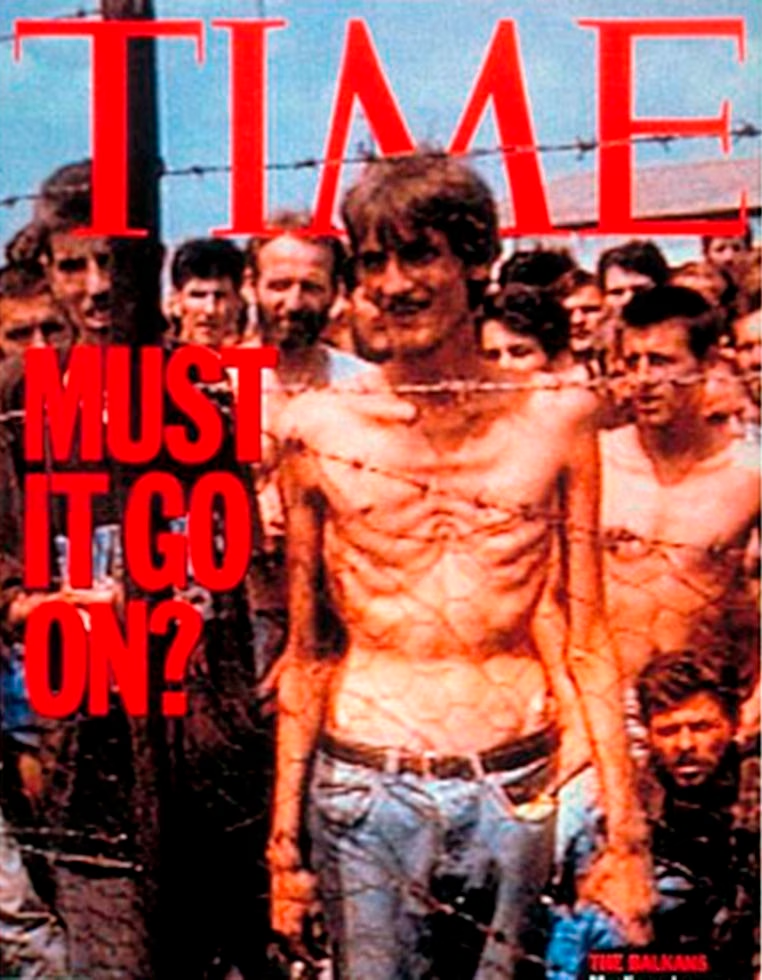 was exposed, a shitstorm began, naturally against the journalist who had checked the facts: “It was this picture that alerted the world” and Internationale Resonanz with further links.
was exposed, a shitstorm began, naturally against the journalist who had checked the facts: “It was this picture that alerted the world” and Internationale Resonanz with further links.
As a reminder, it was also claimed: Roofs in Kosovo were blown up using the so-called
This is by way of physics impossible, partly because gas only explodes at certain concentrations [oxygen to gas ratio] that cannot be reached in this way. Furthermore, gas is heavier than air, so it doesn’t easily rise from the basement to the attic.candle method
: A burning candle is placed in the roof truss of a house, a gas cylinder is opened in the basement and the roof is blown off.
Unfortunately, it took a few years before more serious scrutiny was conducted. Recommended reading:
1) Schneider, Wolfgang; Bei Andruck Mord: die deutsche Propaganda und der Balkankrieg; Hamburg 1997 (KVV); ISBN 3930786095. 2)
Jošilo, Marko; Wie Medien Krieg machen: ARD-Kriegsreporter packt aus; ein Insider über die wahren Drahtzieher des Jugoslawien-Kriegs und die Rolle der Medien; Zeiningen 2014 (Nebelhorn); ISBN 9783906297019.
3) MacDonald, David B. [*1973]; Balkan Holocausts? Serbian and Croatian victim centred propaganda and the war in Yugoslavia; Manchester 2003 (Manchester University Press); ISBN 9780719064661.
It should be remembered that this was the first war since 1945 when “German boots” trod on European soil again. Something that even the rearmament fanatic Helmut Kohl would not dare to do. This required the war orphan, the “comrade of the bosses,” from the “Wwo betrayed us?” party [in German this is rhyming slang], who also brought us the “merger of unemployment and social assistance” – commonly known as “Hartz IV” – long demanded by the neoliberal economic wing of the Lambsdorff clique.
The propaganda disseminated from 1991 onwards by the “quality journalists”–NATO government front seems like child’s play today, after the nonsense of the “We can do it - welcome culture” in 2015, the COVID-19 curfew (2020-22) and the “Zelensky is not a nationalist” propaganda (from 2022 onwards). It should be noted that all this babble is intended to distract from the class struggle. The “energy crisis” of 2022 is solely the fault of the federal government’s policies. From a German perspective, there is no reason not to remain neutral toward the armed conflict between two successor states of the Soviet Union and to take advantage of long-term supply contracts with fair prices! (Unless you have your head so far up the Americans' ass that you sell the (announced) explosion of the pipelines, which occurred just as five American warships happened to be sailing over them, as being caused by “the Russians.” Cui bono?). The aforementioned “energy price explosion” [Excuse the pun] does above all one thing: shift the savings of large segments of the population to corporations and shareholders – in simple terms, expropriate them. The briefly discussed, left-wing, socially romantic nonsense of “skimming off excess profits” was then quickly forgotten and buried.
On a personal level, I must add that I grew up with high-quality foreign reporting by Dieter Kronzucker and Peter Scholl-Latour on the two then-existing FRG-wide television channels (State Treaty on public television § 11, as of 2023: In fulfilling their mandate, public broadcasters must take into account the principles of objectivity and impartiality in reporting, diversity of opinion and the balance of their offerings. Compliance with this programming mandate can also determine the legitimacy of the broadcasting fee.
) – and that I was socialized to believe that there was a neutral “fourth estate,” independent media. That’s what distinguished US from the “evil” GDR. I lived in the “better” part of the world, with the “good” people and a conservative worldview, because there was no such thing in the “Bavarian Congo” of northern Upper Palatinate (and it still doesn’t exist there today). “Quality media" was a term that didn’t exist; such emphasis simply wasn’t needed. The so-called “Hamburg tabloids” (quote Franz Josef Strauss) were serious sources – “Hitler Diaries” or not. Günter Wallraff and Christiane F. satisfied a provincial’s need for horror at the conditions in the northern German metropolis. I still remember my disturbed reaction when a Jesuit-trained German teacher brought up Uwe Johnson, who, after moving to the “free West,” had criticized the Suez Crisis and US policy. Today, I admire the man for his clarity of vision (not for his unreadable main work Jahrestage engl.: Anniversaries: From a Year in the Life of Gesine Cresspahl). Having broadened my horizons during years of living abroad and shifted to the left wing, I’m increasingly appalled by the inability of today’s German leftists to argue and thus convince. Instead of caring about the living conditions of the masses impoverished after 1982, they become entangled in gender-asterisk babble – there’s “no alternative.” Many positions that I once understood to be “left” (and valid) have been redefined and are now denigrated in discourse as “right.” Therefore there’s no need to engage with such thought, because “right is not an opinion!” Such is the case in what was the wealthiest country in the world in the early 1980s. Since then, neo-liberal ideologues have ensured that 40 percent of full-time workers have less than € 2,500 a month, i. e. are “working poor,” three million plus x are expected to live on € 600 Hartz IV standard social security payment (aka “citizen’s allowance” „Bürgergeld,“ rebranded after Peter Hartz disgraced himself in corruption proceedings in relation with his job as VW HR executive) and 1½ million are sent, sometimes quite officially, to the 940 “food banks,” where volunteers help distribute and carry away the garbage sorted out in supermarkets, thus not only reducing the Retail giants 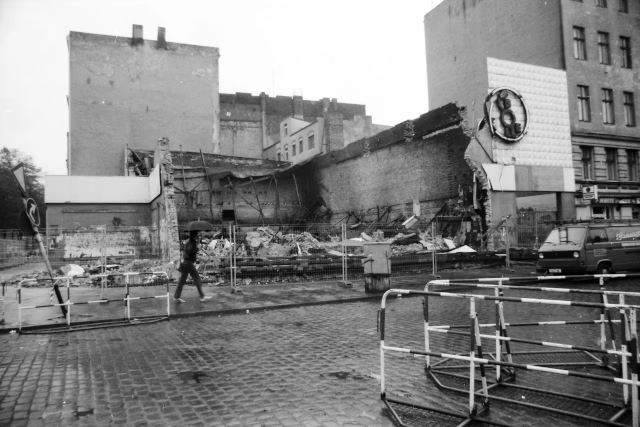
„Aber trotzdem hat Bolle sich janz köstlich amüsiert“ [Titel of a prewar tune about a working class man „Bolle,“ whose day trip on a holiday ends disastrously, but „he had great fun.“ Bolle is the name of the burnt out supermarket.] 1. Mai 1987 in Kreuzberg.
cost but also providing them with tax-deductible donation receipts. An average Aldi branch was already spending € 70,000 a month on garbage collection in 2009. Meanwhile, the “vanguard of the working class” is arguing about whether it’s more accurate to call them “Hartz IV recipients” or “persons* receiving Hartz IV.” Is anyone surprised when I feel the need to reread my Major v. Dach? First, maybe I should mix myself a Russian cocktail – not the “Sto gramm 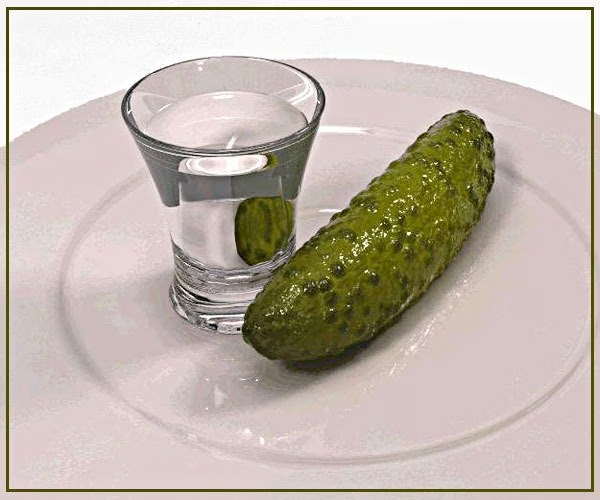 ” version, but the one with a rag hanging out from a bottle. [ ▲ ]
” version, but the one with a rag hanging out from a bottle. [ ▲ ]
[†] A few months later, the lady passed away. A few hours after being introduced to Liz Truss as “prime mistress,” the Queen collapsed, probably from shock. Truss’s fictional predecessor, James Hacker, was therefore wrong when he said: Her Majesty will cope. She always does.
Truss was out of office faster than a head of lettuce wilts. I doubt whether the Queen would have survived the next “shocking” Prime Minister, because, to quote Churchill, an “Indian fakir“ now rules “We have our country back” Britain [Rishi Sunak was in office 21 months. His wife Akshata Murty refused to be naturalized (keeping non-domiciled status) thus saving tax on their £ 651 million]. At least he is no longer half naked (Winston Churchill 1931, later the Queen’s favorite prime minister: It is alarming and nauseating to see Mr Gandhi, a seditious Middle Temple lawyer, now posing as a fakir of a type well known in the east, striding half naked up the steps of the viceregal palace, while he is still organizing and conducting a campaign of civil disobedience, to parlay on equal terms with the representative of the Emperor-King.
) when he climbs the stairs in Buck House every Tuesday. No Charlie and his horse have taken the reigns.  This has never happened before. It’s well known that royals have enjoyed sex with their stable boys over the centuries – just think of Mark Phillips.
This has never happened before. It’s well known that royals have enjoyed sex with their stable boys over the centuries – just think of Mark Phillips.
On the occasion of the royal funeral, German state television broadcast the full ten-hour program of “pomp and circumstance.” Markus Söder declared a state mourning period in Bavaria. What for? The lady, a feudal ruler with far-reaching rights, had no connection to or merits for Bavaria, which has officially been something like a semi-democratic state since November 1918. I won’t even start on Söder, but I’ll just say that I support „Statehood for Franconia” – because then we in Bavaria will be spared guys like him or Beckstein. [ ▲ ]
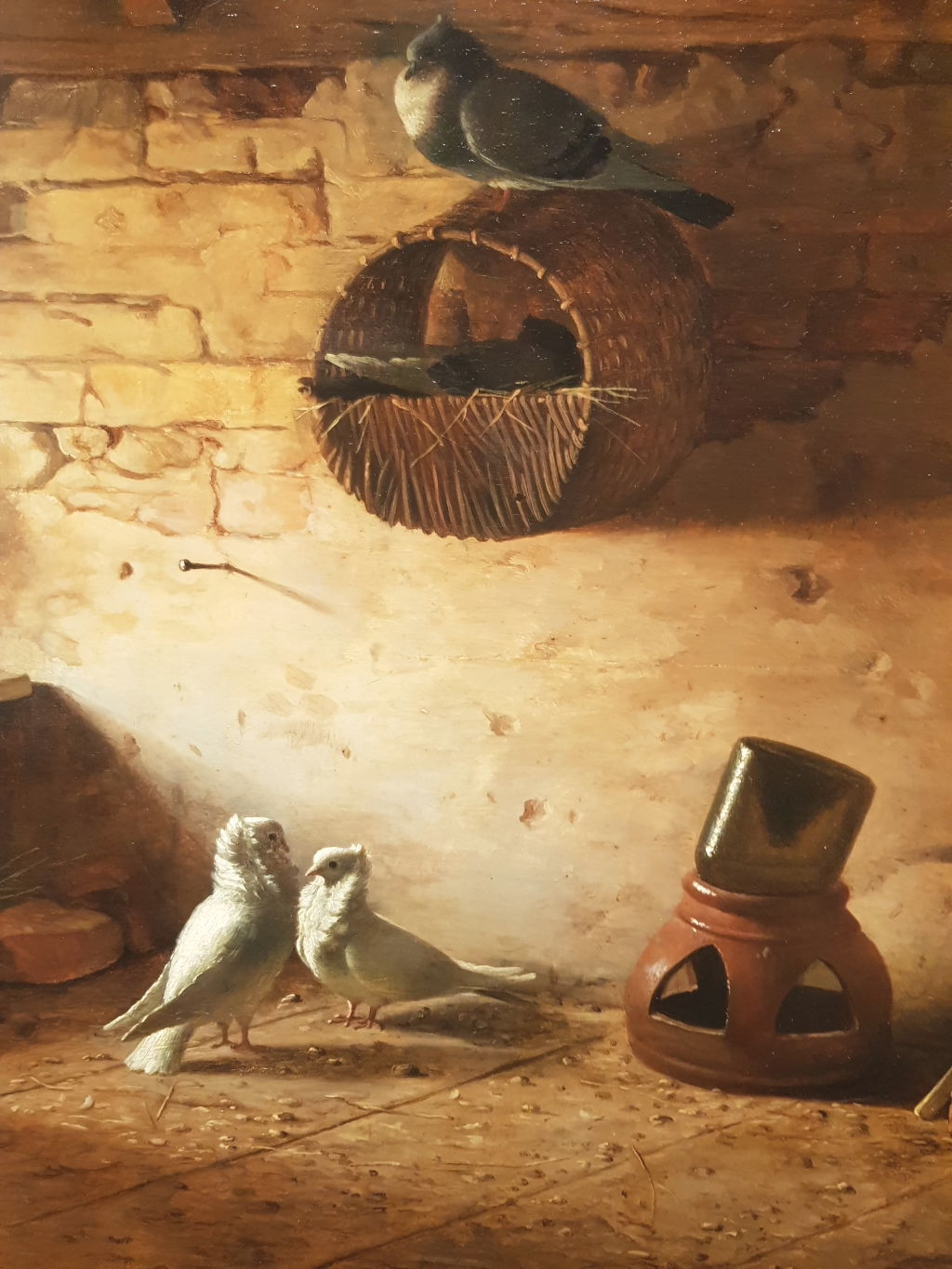
Politicians are like pigeons: when they’re down they eat out of your hand, when they’re on top they shit on your head. How true, how true. Very nice to see with Mr. Scholz, who was asked the classic Margaret-Thatcher-question on television shortly before the 2021 election: Do you know how much a packet of butter costs at a discount store? He stammered: Uh, ah, no – I've been driven around in armored cars for years, I don’t shop. Is it surprising that the man never remembered meeting Hamburg bankers or oligarchs (Defined on WP as: oligarch a business magnate who controls sufficient resources to influence national politics. […] possesses sufficient political power to promote their own interests, often exacerbating income inequality and corruption, particularly through policies that benefit the elite at the expense of the majority. A definition which in Germany in 2022, for example, applies to this woman: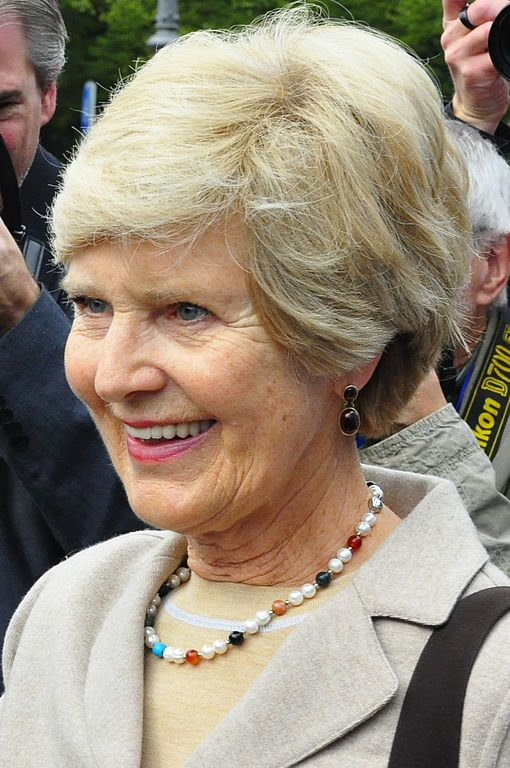
Friede Springer (2014), among other things, owner of the tabloid Bild, which is the equivalent of the Sun although the Suns’s ethical standards are a lot higher.)
The more successfully someone lies and the more people they convince, the more likely there is that they will ultimately believe their own lies.[a] The most effective manipulation of our minds does not aim to anchor certain ideological convictions in us, but to deprive us of the ability to form convictions at all.
With language regulations, public broadcasters attempt to sensitize their audience to the “discrimination of minorities” without taking reason into account. Definition: Framing is the usually consciously controlled process of embedding events and topics in interpretive grids and narratives or narrative patterns. Complex information is thus selected and structured, so that a specific problem definition, causal attribution, moral evaluation and/or action recommendation in the sense of the framing creator is emphasized in the respective topic.
(Emphasis by the website designer.) How this happens can be seen in the reading list in the special issue „Medialisierte Kriege und Kriegsberichterstattung“ as well as the very revealing work of Gloger [ ▲ ]
[b] When the author talks of himself as travelling “without a tinfoil hat,“ he intends to say “with my eyes open,” while (to some extent) attempting to put his finger on open wounds, because Every truth needs a brave man to say it. © Titanic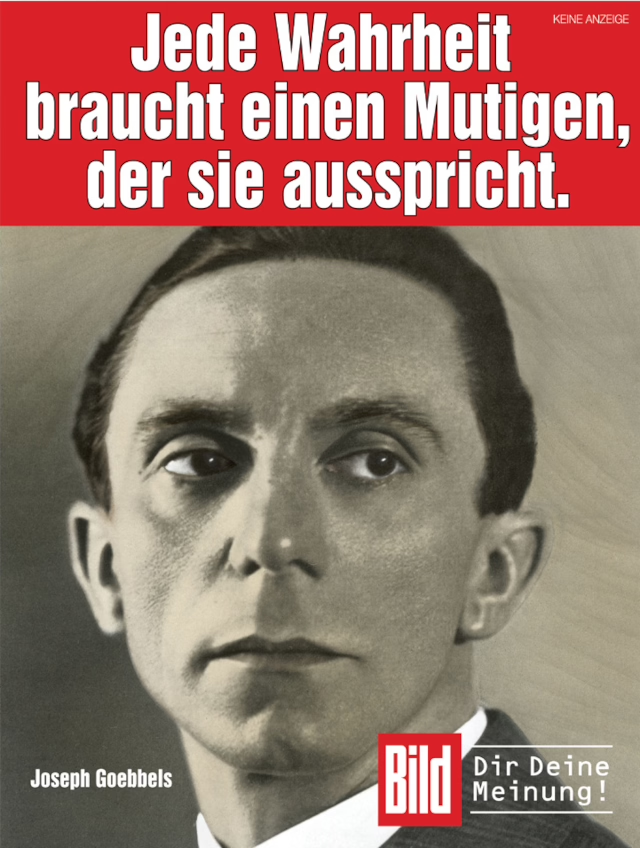 “Tin foil hat” defined:
“Tin foil hat” defined: A […] Tin foil hat is headgear made from one or more layers of aluminum foil or a similar material. The concept was first mentioned in the 1927 science fiction story The Tissue-Culture King by Julian Huxley […]. In it, the protagonist discovers that caps made of metal foil can be used to block the effects of telepathy. […] The derogatory term “tin foil hatter” is used metaphorically and the term “tin foil hat” is used figuratively to describe supporters of conspiracy theories. The word was included in a list of neologisms of the 2010s by the Leibniz Institute for the German Language in 2020.
[ ▲ ]
[c] Since March 2022, German feminists have been suspiciously silent when it comes to equal rights for their sisters from Ukraine. As part of the equal rights movement, Germany has also introduced the possibility for women to serve in the armed forces since January 2001. As is well known, men of military age are not allowed to leave Ukraine. (23-year-old man from Bukovina has drowned while attempting to illegally cross the border with Romania. […] It is pointed out that the man is the 15th person to have drowned in the floods of the Tisza while attempting to illegally leave Ukrainian territory.
Refugees from the GDR off late risked their lives in such desperation, escaping from that Unjust regime. Shoot-to-kill orders also exist in Ukraine: Rada erlaubt Grenzschutzbeamten den Einsatz von Waffen.
) but are sent to the front. One million Ukrainians (According to the Federal Statistical Office, “1,035,000” registered Ukrainians, including 663,334 women, as of November 30, 2022. This is seven times more than in March 2022. More than half a million Ukrainian refugees receive social assistance
) are, however, living well here. Realistically assuming 660,000 welfare recipients, the average Hartz IV/Citizen’s Allowance standard rate of € 1,200 (including health insurance, housing and heating) comes to € 720 million per month. If this were distributed among regular welfare recipients – at the end of 2021, 3.8 million German taxpayers were receiving Hartz IV across Germany – they could increase their benefits by approximately € 184 per month, thus offsetting the price explosion (not just of the Nord-Stream pipeline) caused by the German government’s blind obedience to the US regarding energy supply – at no additional cost. Assuming only about 350,000 of the Ukrainians here are fit for duty, why aren’t they patriotic and volunteer for the home front? (Savings for the German taxpayer of approximately 420 million per month; less the cost of their steel helmets, which they are allowed to take back from Germany as “travel money.”) If the women don’t want to fight, they can work in munitions factories, just like German housewives used to do. Be it at home at Ukroboronprom, here at Rheinmetall (1242 vacancies, April 10, 2023), Krauss-Maffei, or even at Tönnies, who have been setting up Eastern workers’ camps [Ostarbeiterlager] for some time now. [„Ostarbeiter“ was the Nazi designation of forcibly imported labour during the war. They also had to wear as discriminatory symbol in public and were forced to live in barracks.] Ms. Anne Wizorek, Ms. Giulia Becker, Ms. Teresa Bücker, Ms. Sarah Bosetti and others [all of them well known, vocal woke, diversity and genderism agitators in Germany]: Where is your outcry? Form the vanguard of this oppressed class of sisters, get these women on their way and march with your comrades*es to the Eastern Front. There you can stand your man and support the the Flag 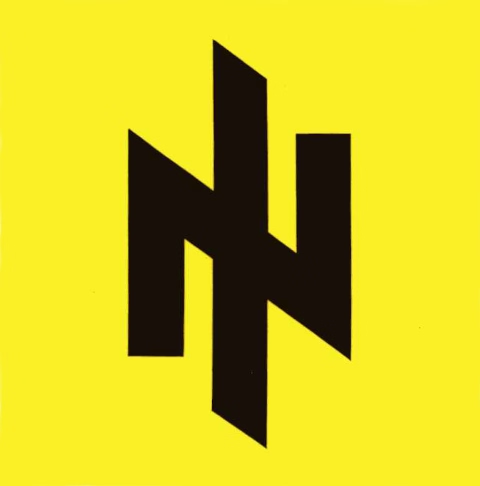 , as is the case in a rabidly nationalist dictatorship which abolished minority rights! [ ▲ ]
, as is the case in a rabidly nationalist dictatorship which abolished minority rights! [ ▲ ]
Recommended Reading
- „Medialisierte Kriege und Kriegsberichterstattung“; Themenheft Medien & Kommunikationswissenschaft, № 2/3, 2005; DOI: 10.5771/1615-634X-2005-2-3
- Becker, C.; Der nächste Krieg und die deutschen Bahn-Verwaltungen; Hannover-Linden 1893 (Manz u. Lange); Permalink: urn:nbn:de:bvb:12-bsb11538841-0
- Beleites, Wulf; Kot & Köter: Das Buch für alle Hundehasser; Berlin 2015 (Ullstein); ISBN 978-3-8437-1087-9
- Bruckner, Pascal; Rendall, Steven; Tyranny of Guilt: An Essay on Western Masochism; Princeton 2010 (Princeton University Press); Volltext; [Orig. French. German: Ein nahezu perfekter Täter. Die Konstruktion des weißen Sündenbocks, Berlin 2021]
- Dwyer, T. Ryle; Guests of the state: the story of Allied and Axis servicemen interned in Ireland during World War II; Dingle 1994 (Brandon); ISBN 0863221823
- Gloger, Mando; „Friedenstruppen“ im Auslandseinsatz: empirische Untersuchungen des Framings von Bundeswehreinsätzen; Köln 2022 (Lehrstuhl Internationale Politik); [Do not be fooled by the rather dry title: it contains the entire spectrum of manipulation techniques that state-supporting media have used against the “responsible citizens” since the beginning of the special military operation in eastern Ukraine.]
- Grüneklee, Gerald; Heni, Clemens; Corona und die Demokratie. Eine linke Kritik; 2020 (Edition Critic); ISBN 9783946193333
- Handke, Peter [Nobel Prize winner in Literature]; Eine winterliche Reise zu den Flüssen Donau, Save, Morawa und Drina oder Gerechtigkeit für Serbien; Frankfurt ³1996 (Suhrkamp); ISBN 3518407902 [Initially published in the Süddeutsche Zeitung]
- Hirsch, Shirin; In the shadow of Enoch Powell: Race, locality and resistance;9 Manchester 2018 (Manchester University Press); ISBN 9781526127402; Volltext
- Mujanovic, Rosmarina; Erinnerungen an Bihać: Geschehnisse in einer kleinen Stadt mitten in Europa; Zürich 1998 (Innaron-Verlag)
- Roselstorfer, Angelika; Medien als Akteur im Krieg: Österreichische Printmedien im jugoslawischen Krieg; Wien 2010 (Thesis Vienna University)
- Schenk, Frithjof Benjamin; Repräsentation von Krieg in der Kriegsfotografie: Untersuchung der fotografischen Berichterstattung über den Bosnienkrieg 1992-1995 in deutschen, österreichischen und schweizerischen Printmedien; Basel 2019 (Diss.) [No longer documented in Helveticat. 2025-06-22]
- Unger, Raymond; Vom Verlust der Freiheit: Klimakrise, Migrationskrise, Coronakrise; München 2021 (Europa); ISBN 978-3-95890-343-2
- Wagenknecht, Sahra; Die Selbstgerechten; Frankfurt 2021 (Camous); ISBN 978-3-593-51390-4; [„Links ist für viele heute vor allem eine Lifestylefrage. Politische Konzepte für sozialen Zusammenhalt bleiben auf der Strecke, genauso wie schlecht verdienende Frauen, arme Zuwandererkinder, ausgebeutete Leiharbeiter und große Teile der Mittelschicht. Ob in den USA oder Europa: Wer sich auf Gendersternchen konzentriert statt auf Chancengerechtigkeit und dabei Kultur und Zusammengehörigkeitsgefühl der Bevölkerungsmehrheit vernachlässigt, arbeitet der politischen Rechten in die Hände.“ The author split off from the Left party and founded her own, BSW. They missed the 5 % requirement in the Feb. 2025 federal election by only 13200 votes.)]
Historical Travel Guides
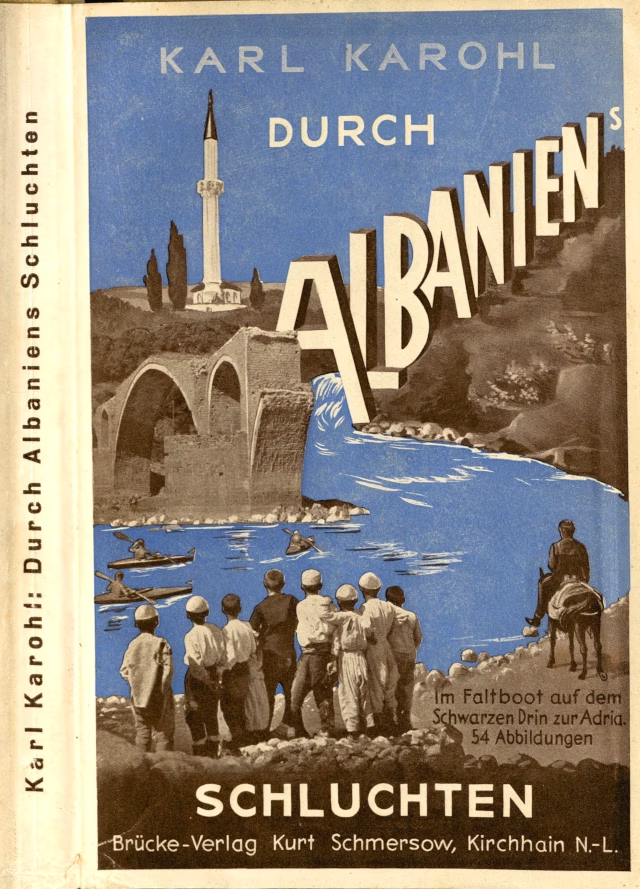
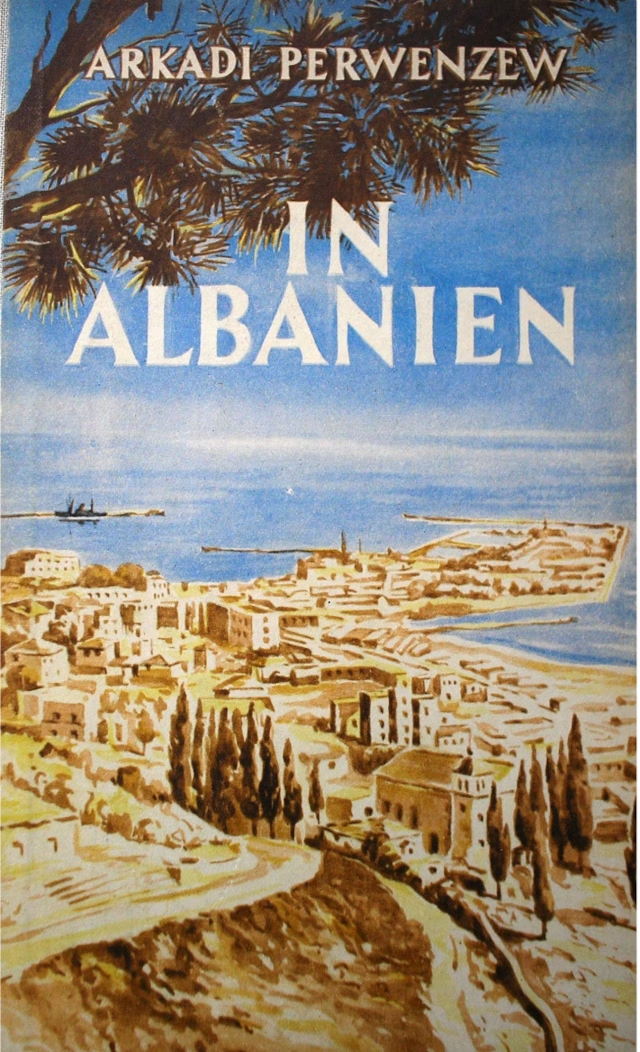
Scans for download
- Adriatica; Albania turistica; Venezia 1937 (Società anonima di navigazione); [Richly illustrated guide, ita.]
- Aufsess, Hans Max [Freiherr v.u.z]; Ein Bilderbogen von den Kanalinseln; [Jersey] 1943 (Feldkommandantur 515)
- Gerstenberg, Joachim;
Eire: Ein Irlandbuch;
Hamburg 1940
(Broschek);
Textteil
(S. 1–86). Bildteil:
(S. 87–161).
- Luckwald, Erich v.; Albanien: Land zwischen gestern und morgen; Wort und Bild; München 1942 (Bruckmann); [Illustrated book, black and white; low-resolution scan]
- Karohl, Karl; Durch Albaniens Schluchten: eine besinnliche Faltbootfahrt quer durch das Land der Schkipetaren und eine kurz gefaßte Geschichte des Landes; Kirchhain 1939 (Schmersow); [Photos: Walter Frentz. No Download, Pictures above.]
- Pervencev, Arkadij A.; Hemzal, Karel; In Albanien: ein Reisebericht; Berlin 1953 (Kultur und Fortschritt)
- Radó, Sándor; Führer durch die Sowjetunion; Berlin 1928 (Neuer Dt. Verl.), Chapter: Georgien
- Schleswig-Holstein, Alexandra-Victoria [zu]; Marokko: Quer durch das umstrittene Land; Coburg 1956 (Veste);[Bericht einer Reise 1955.]
- Urlaubsfotos Ulcinj; 1961, Scan at archive.org (Permalink: ark:/13960/t44s0hb0r) [also Sveti Stefan and Belgrad]
